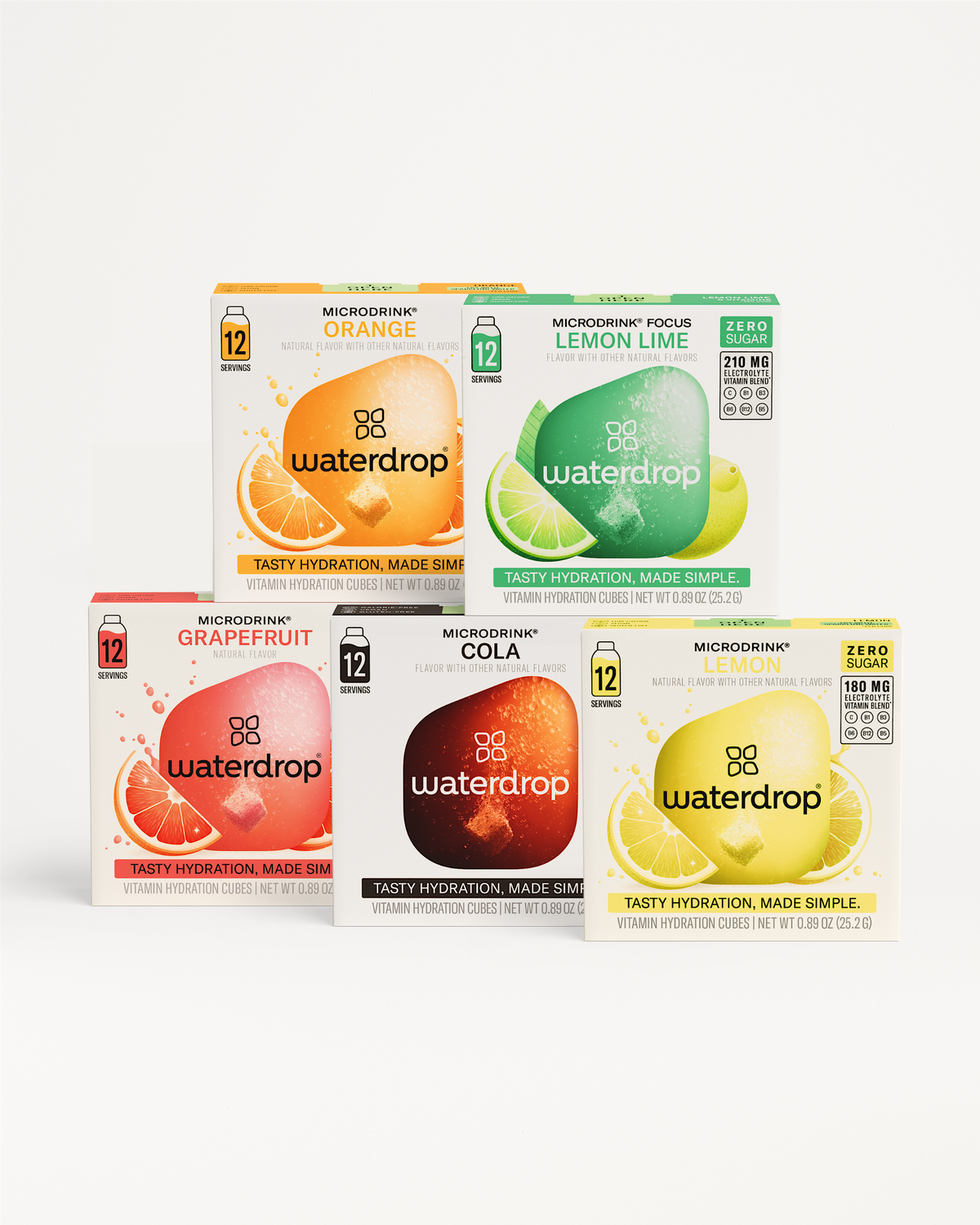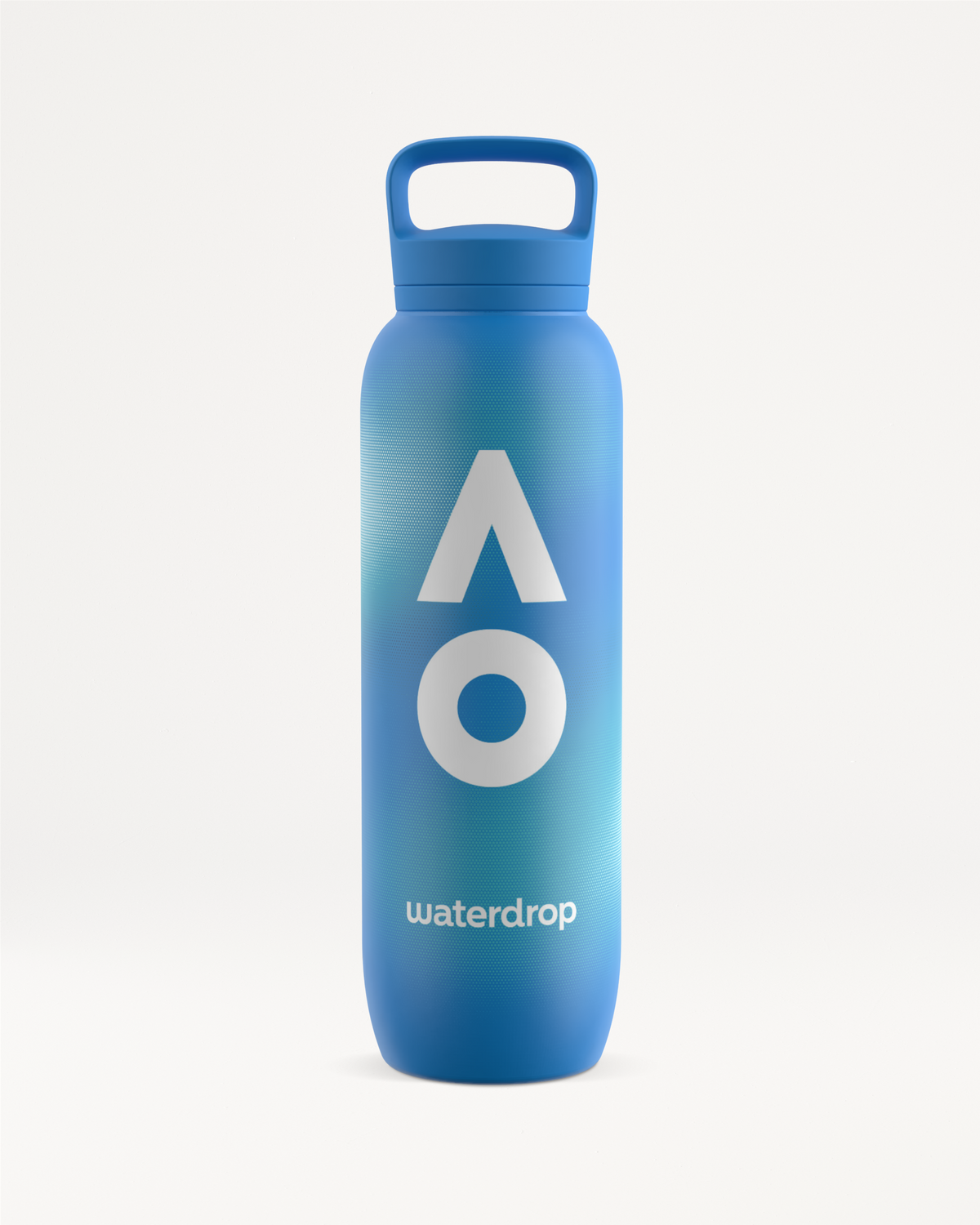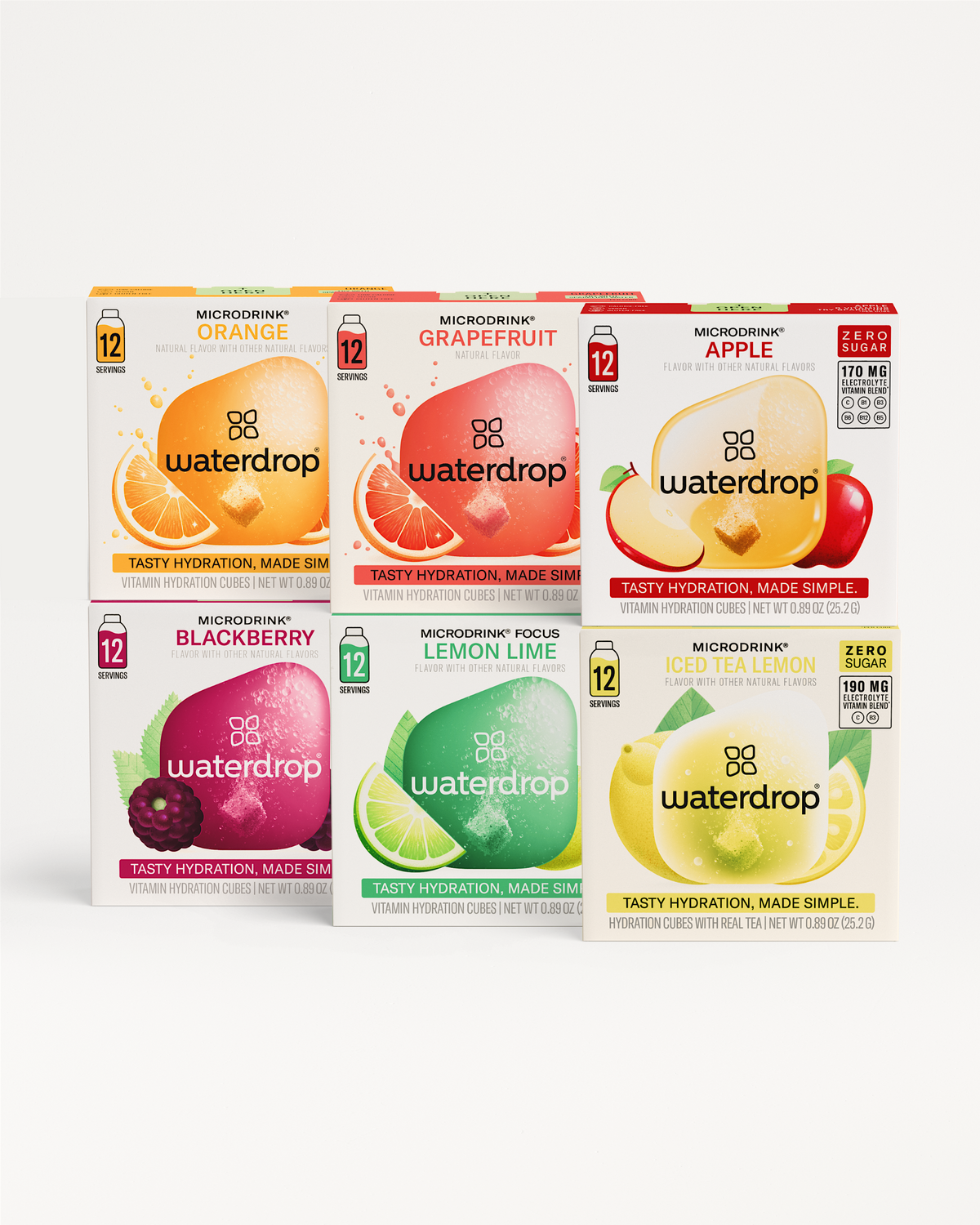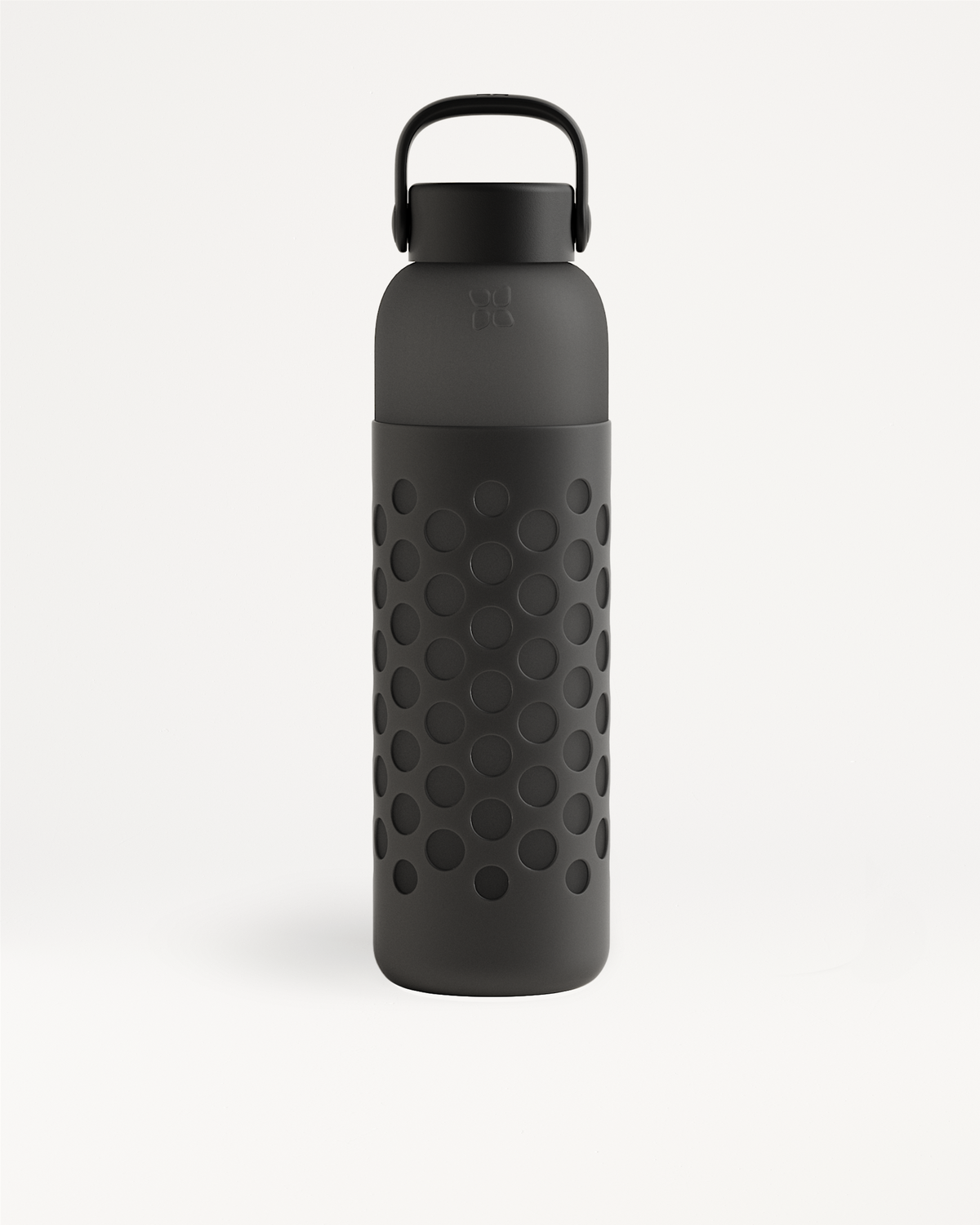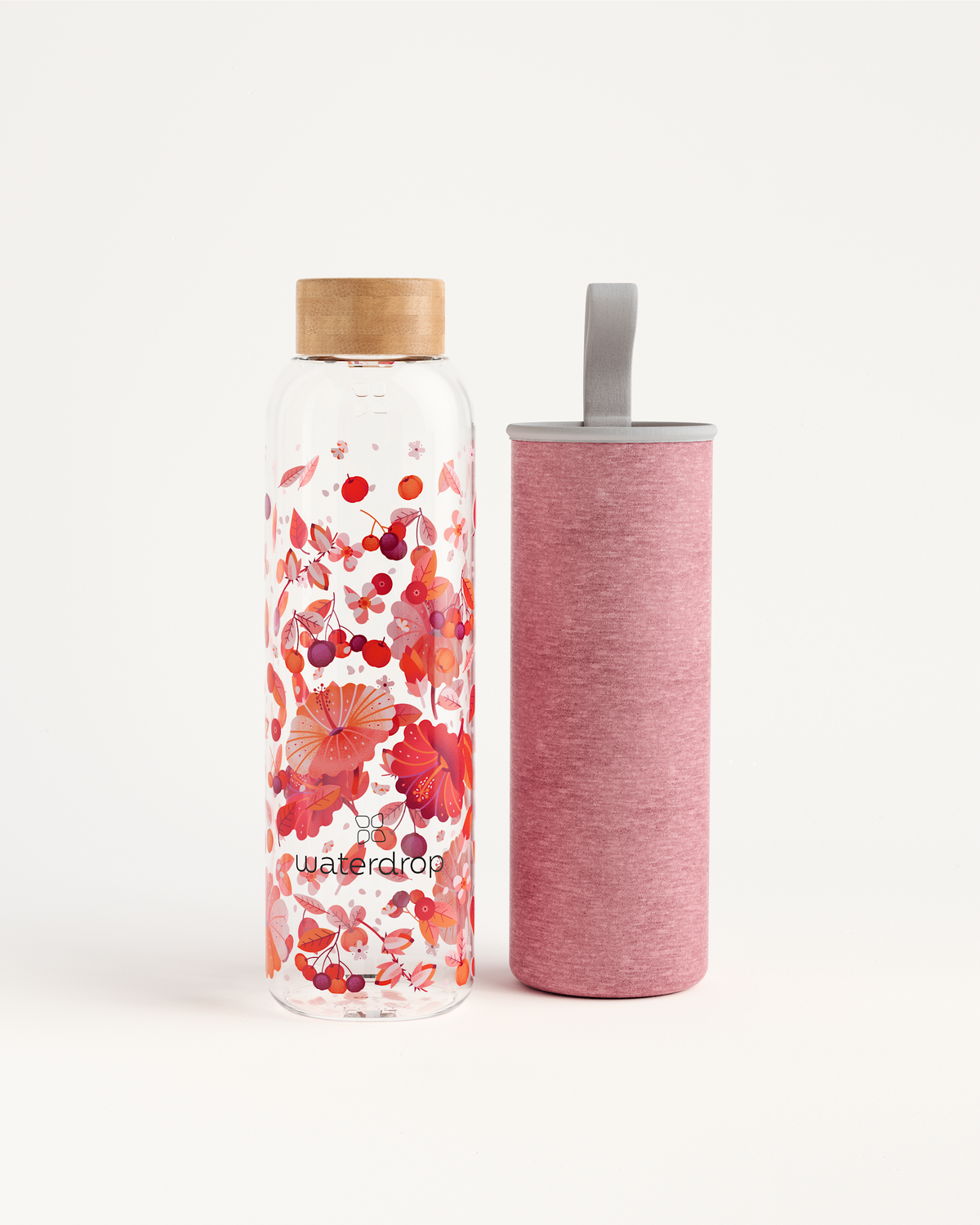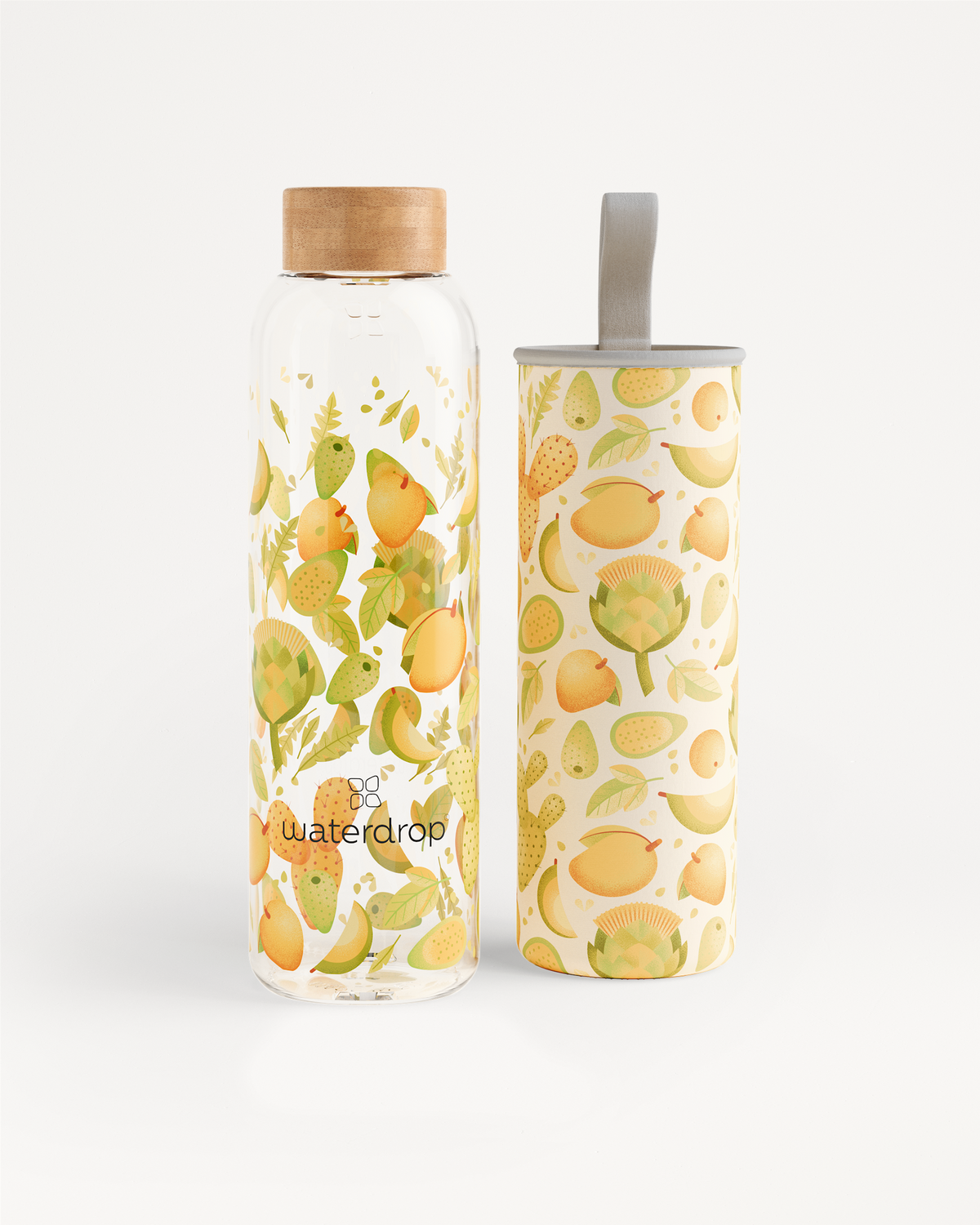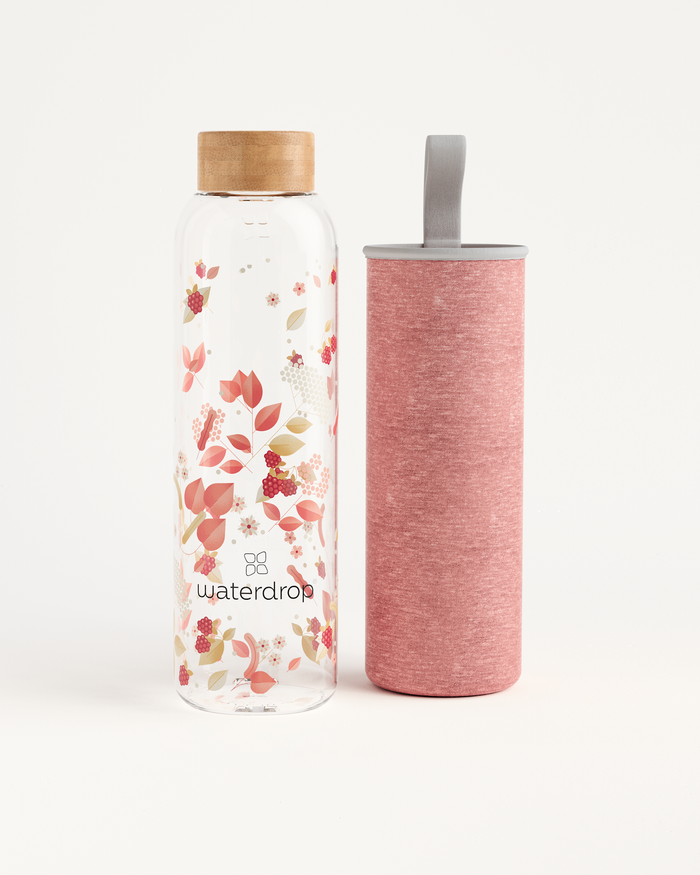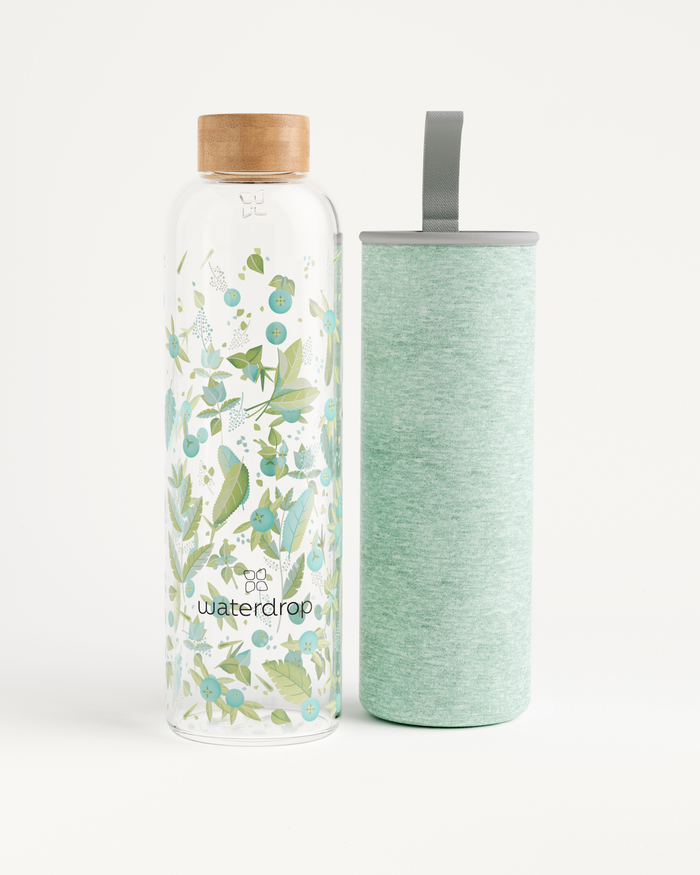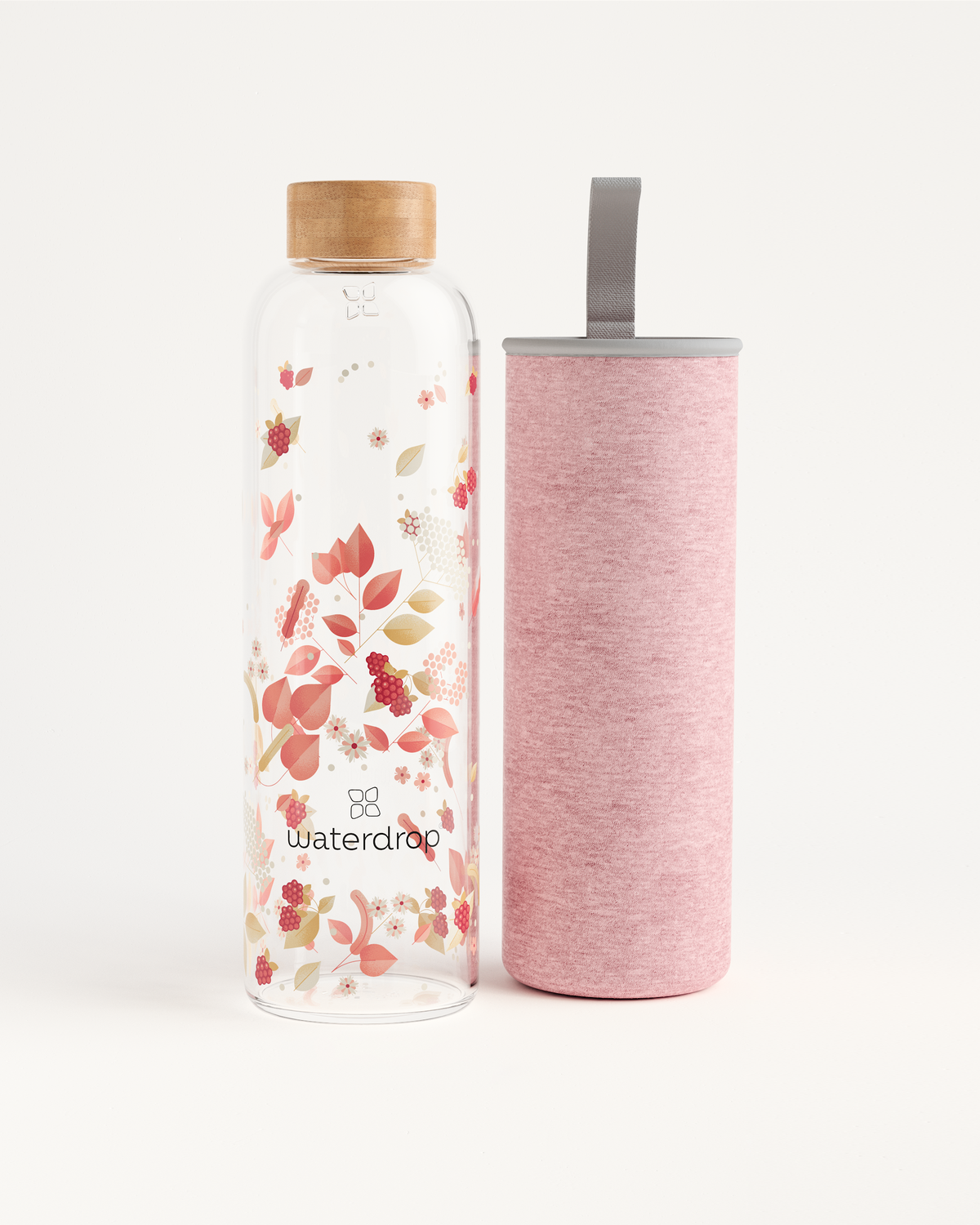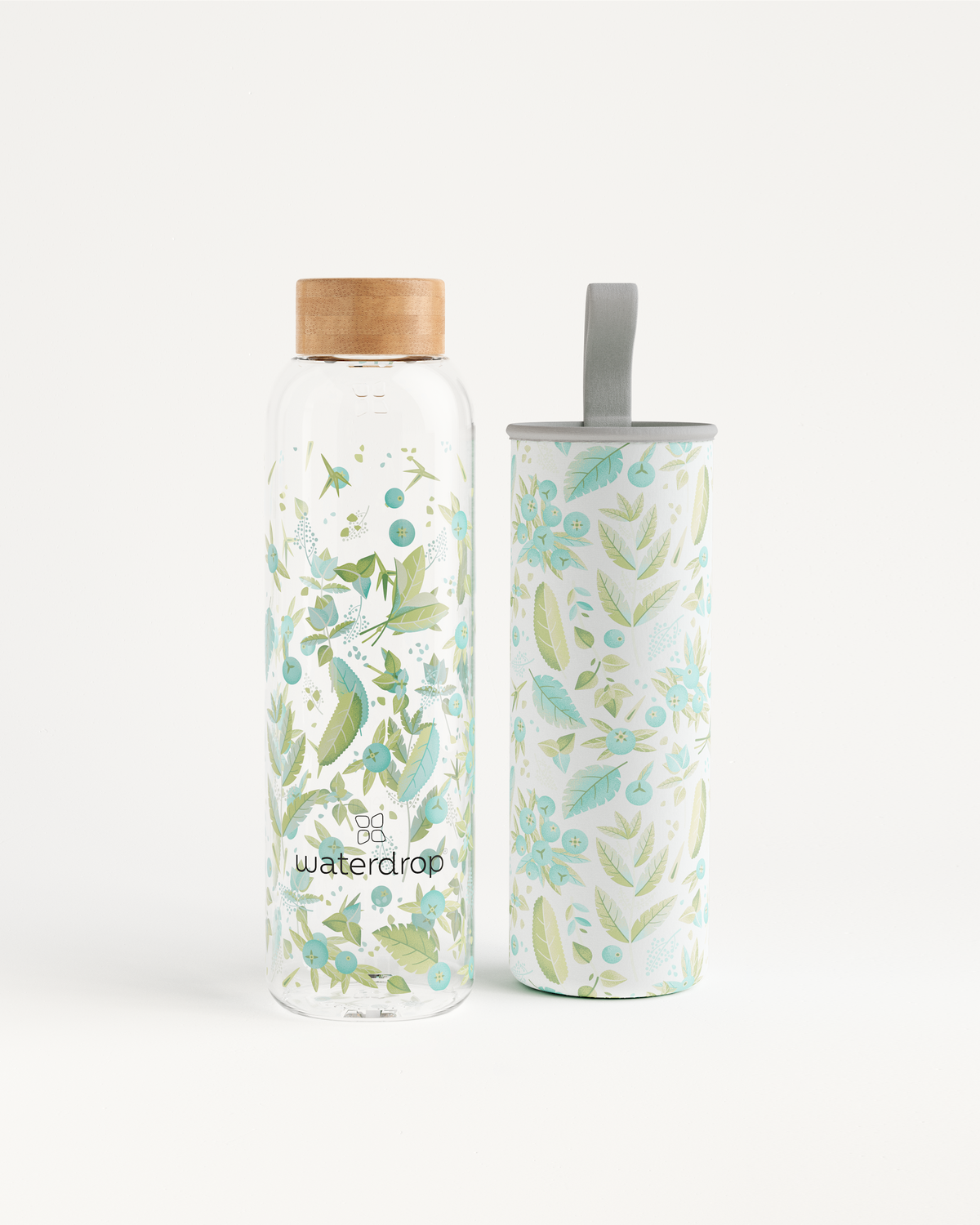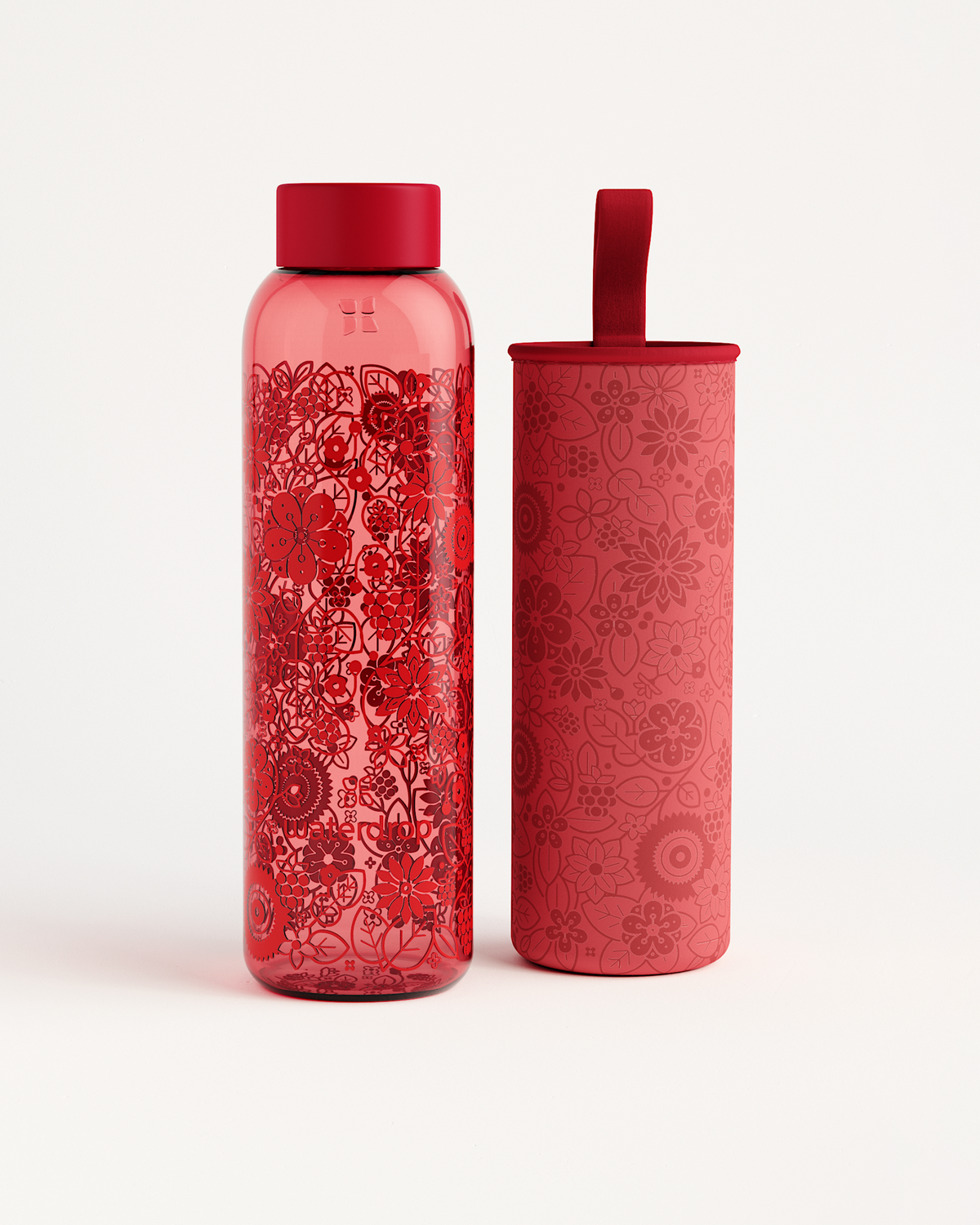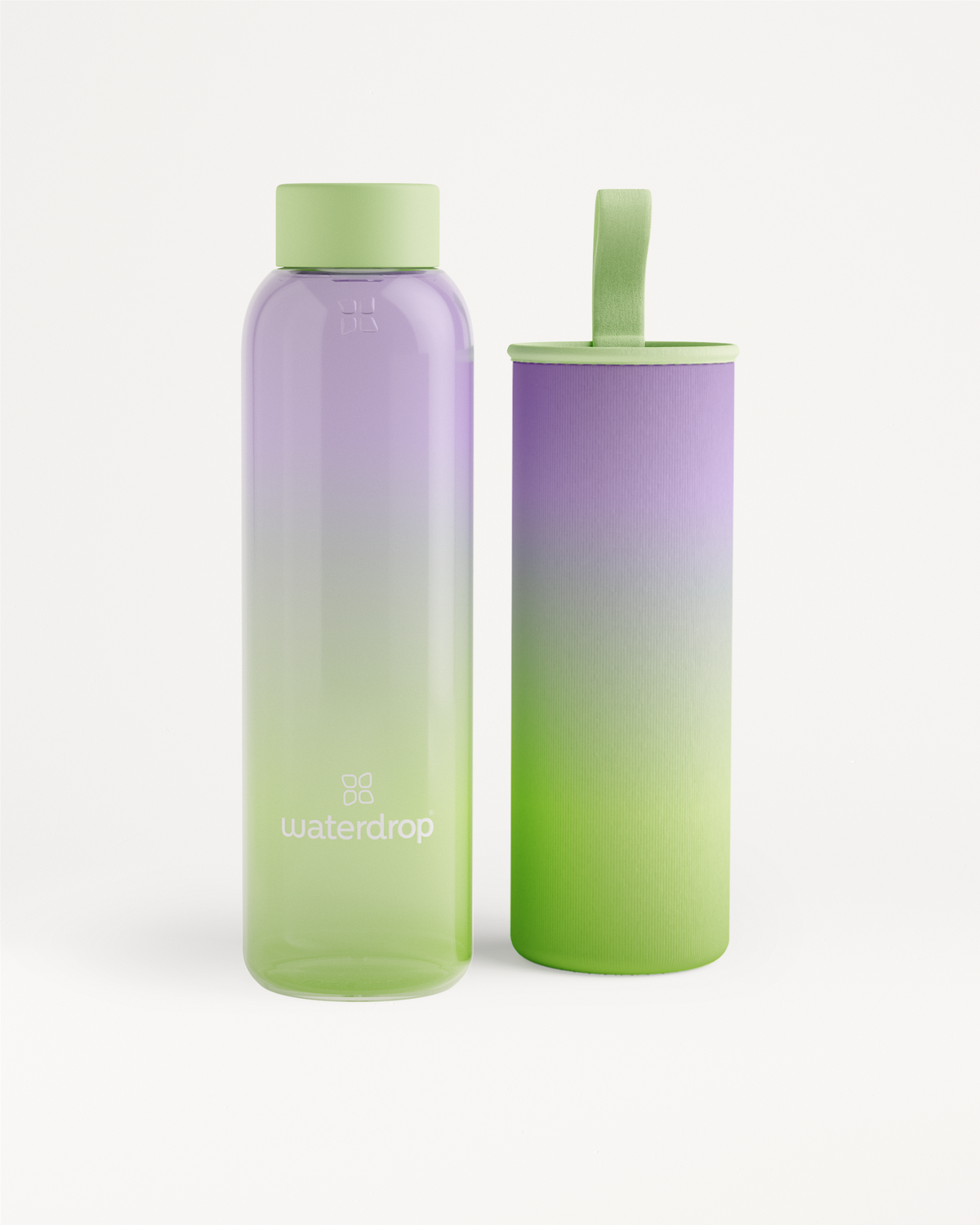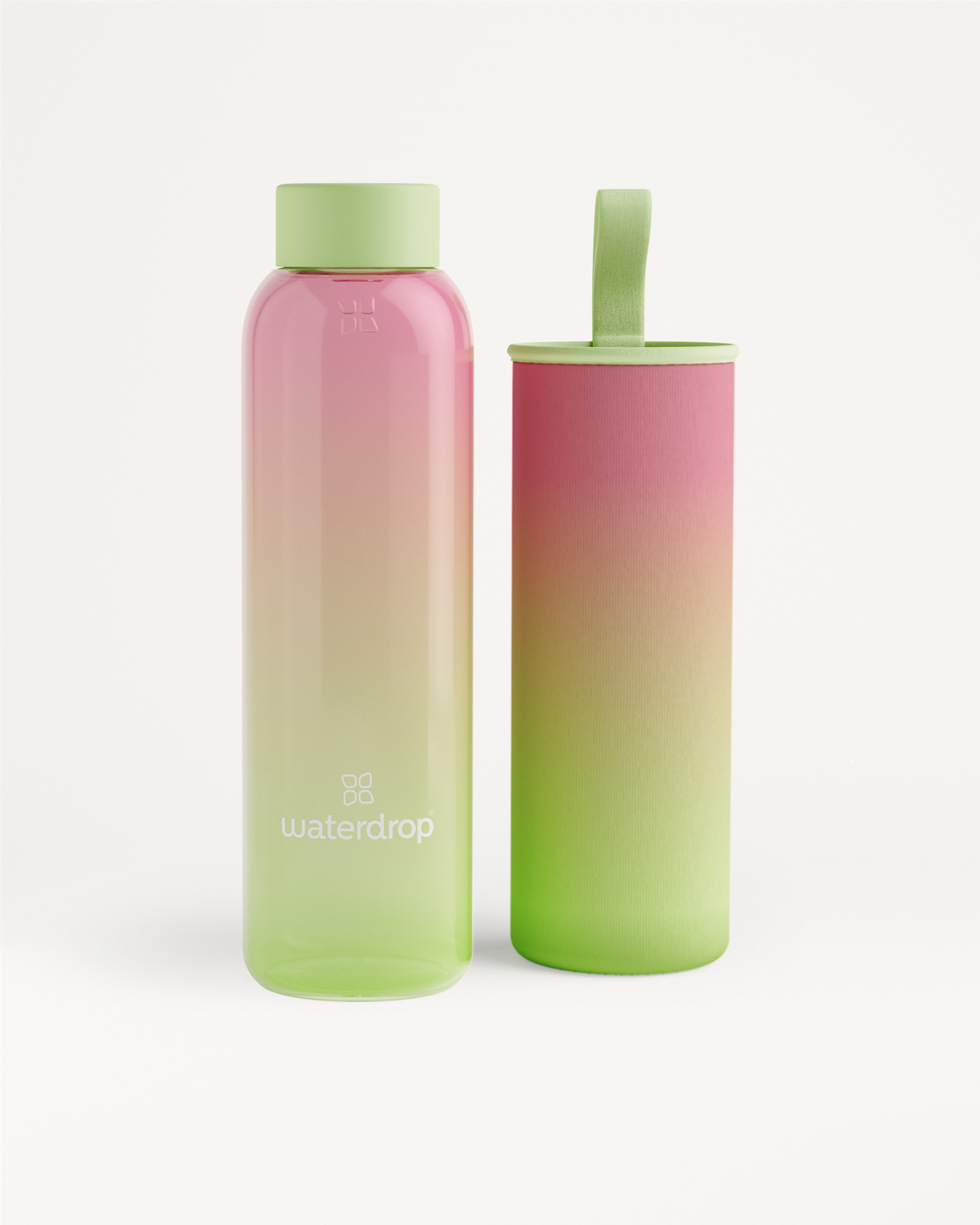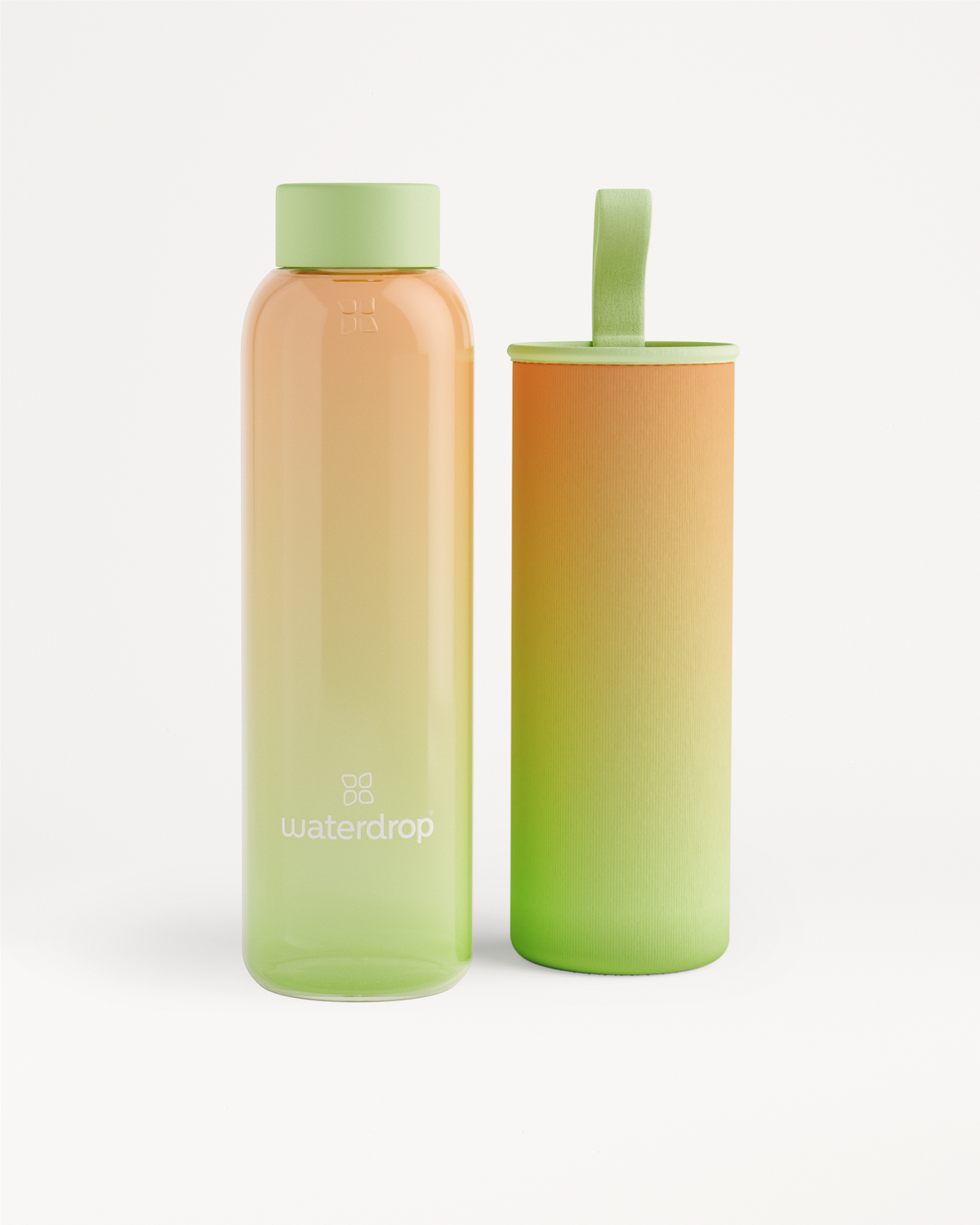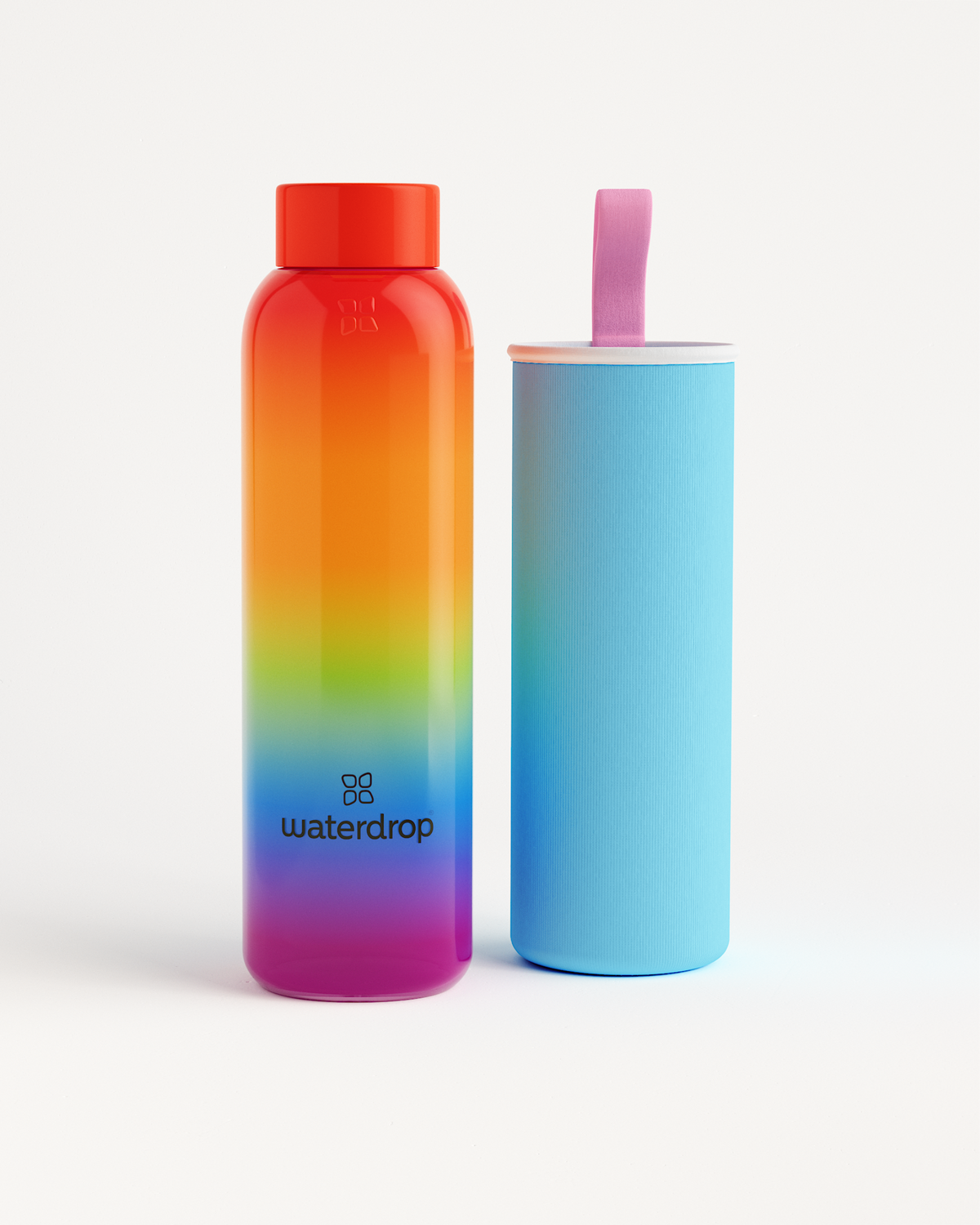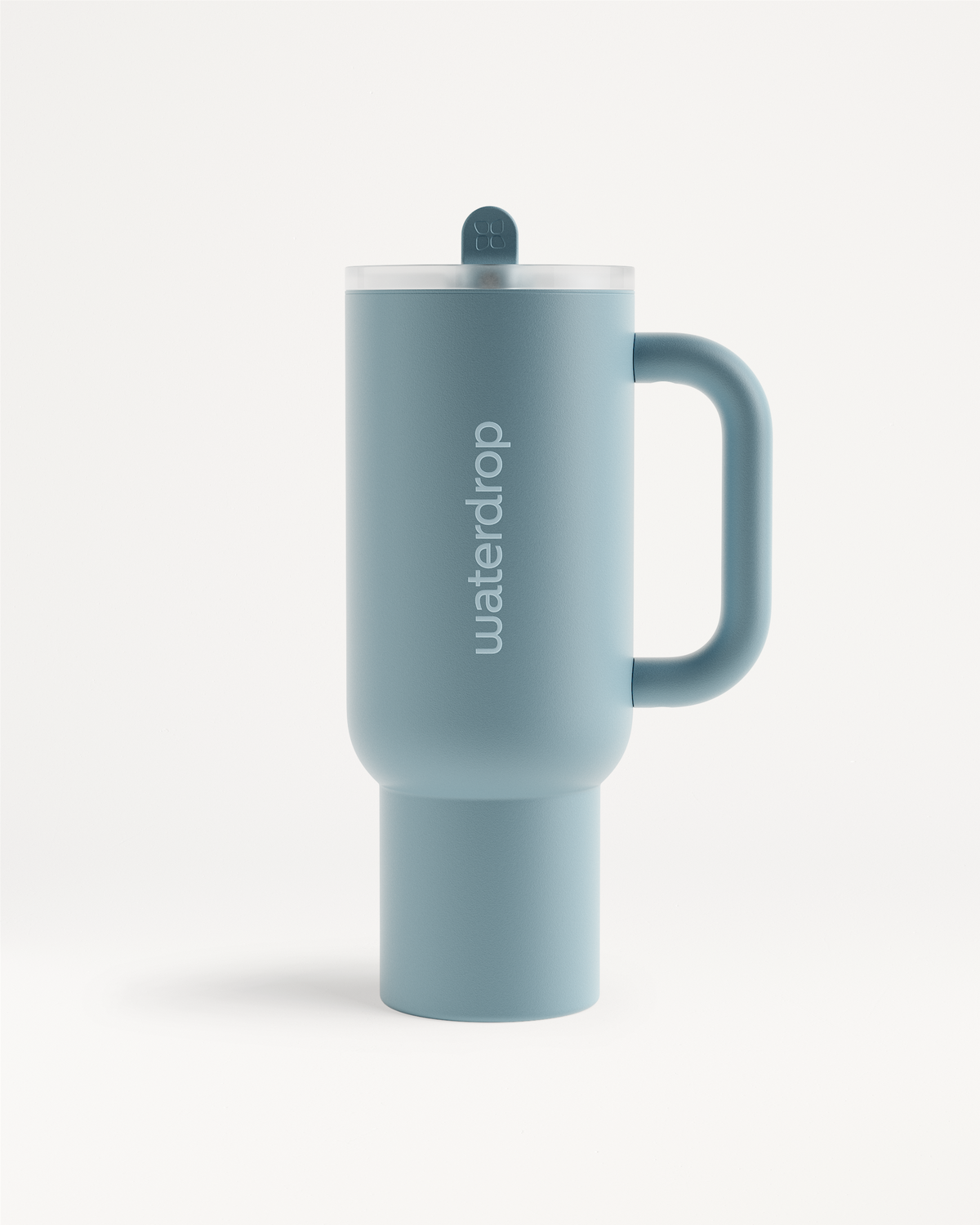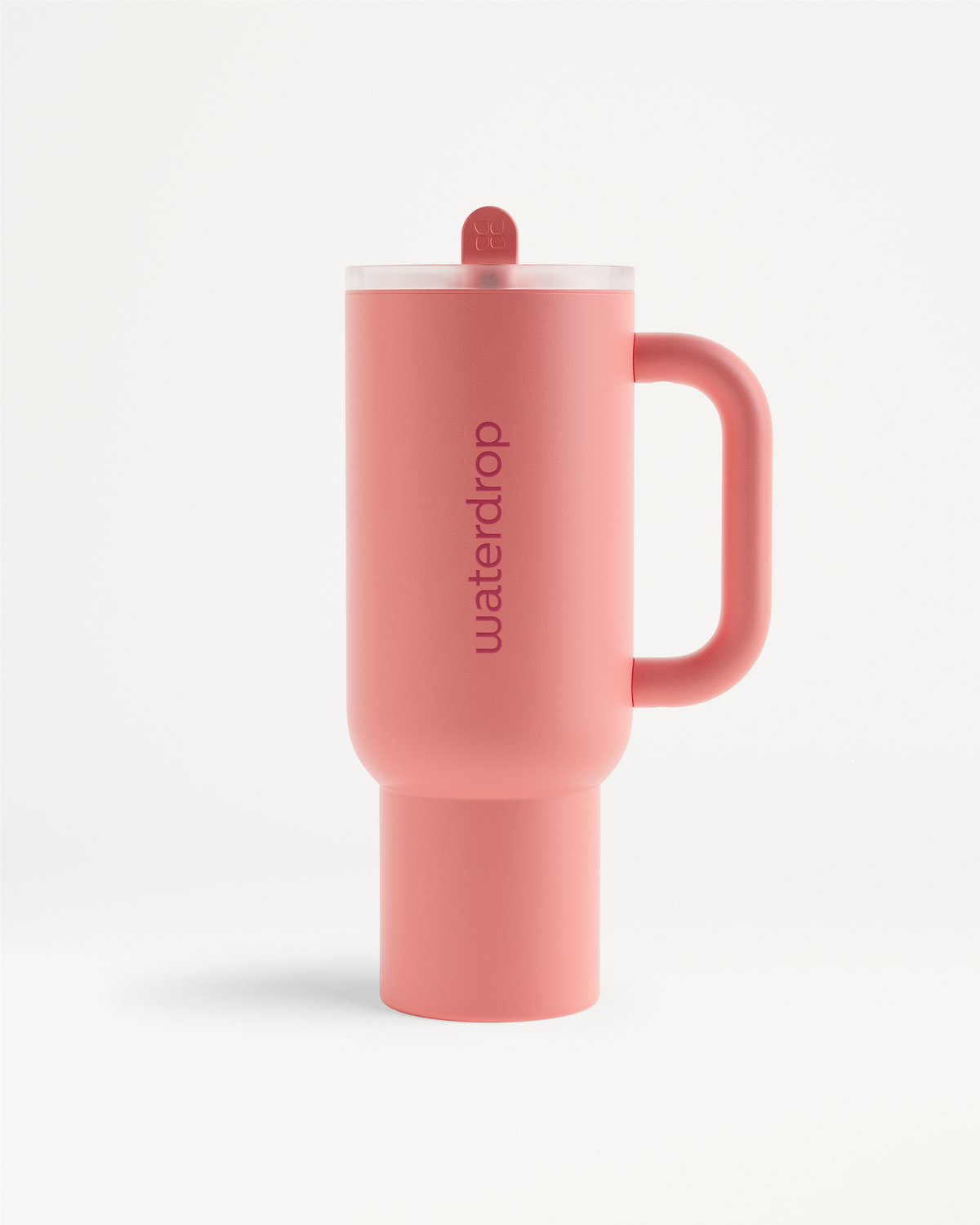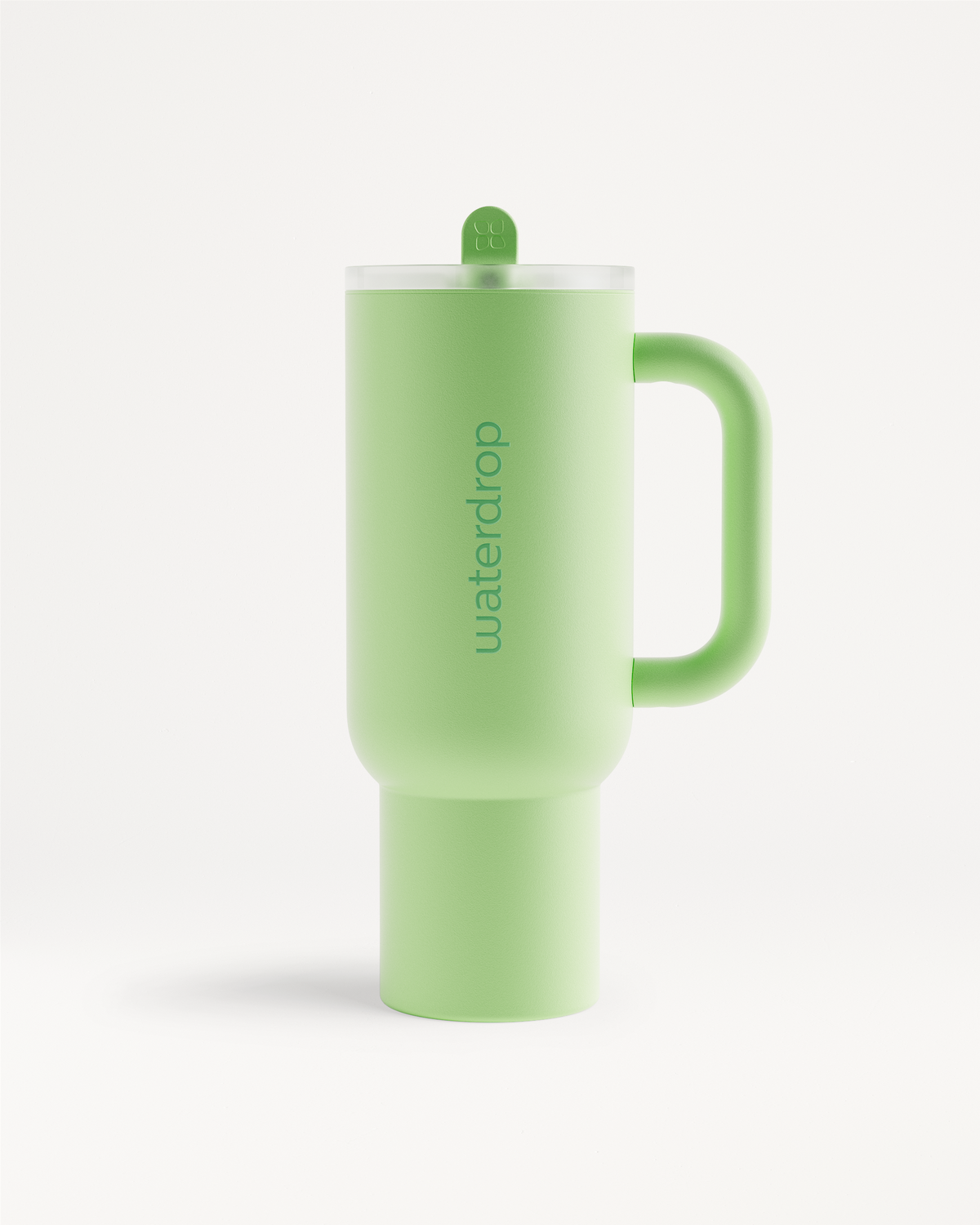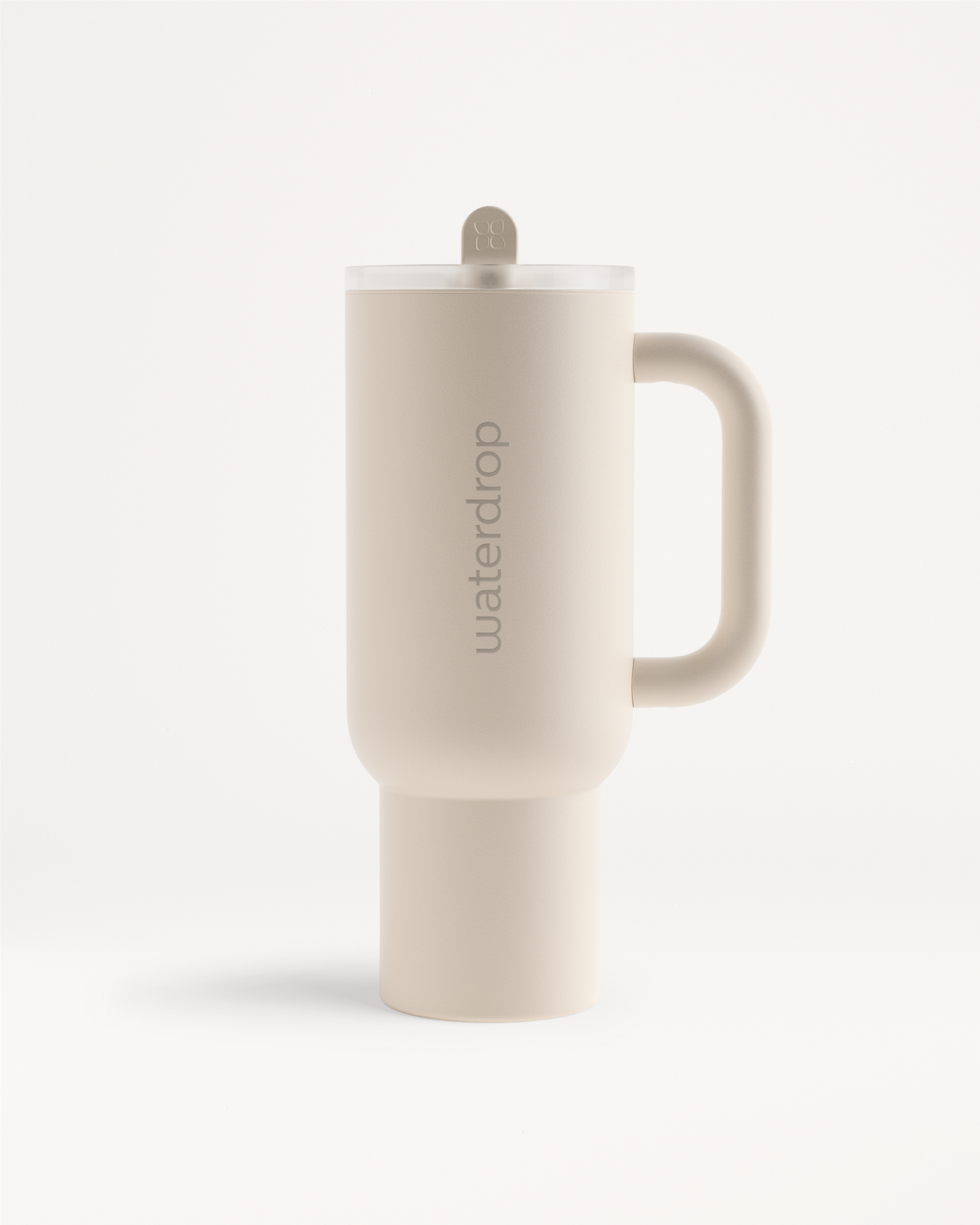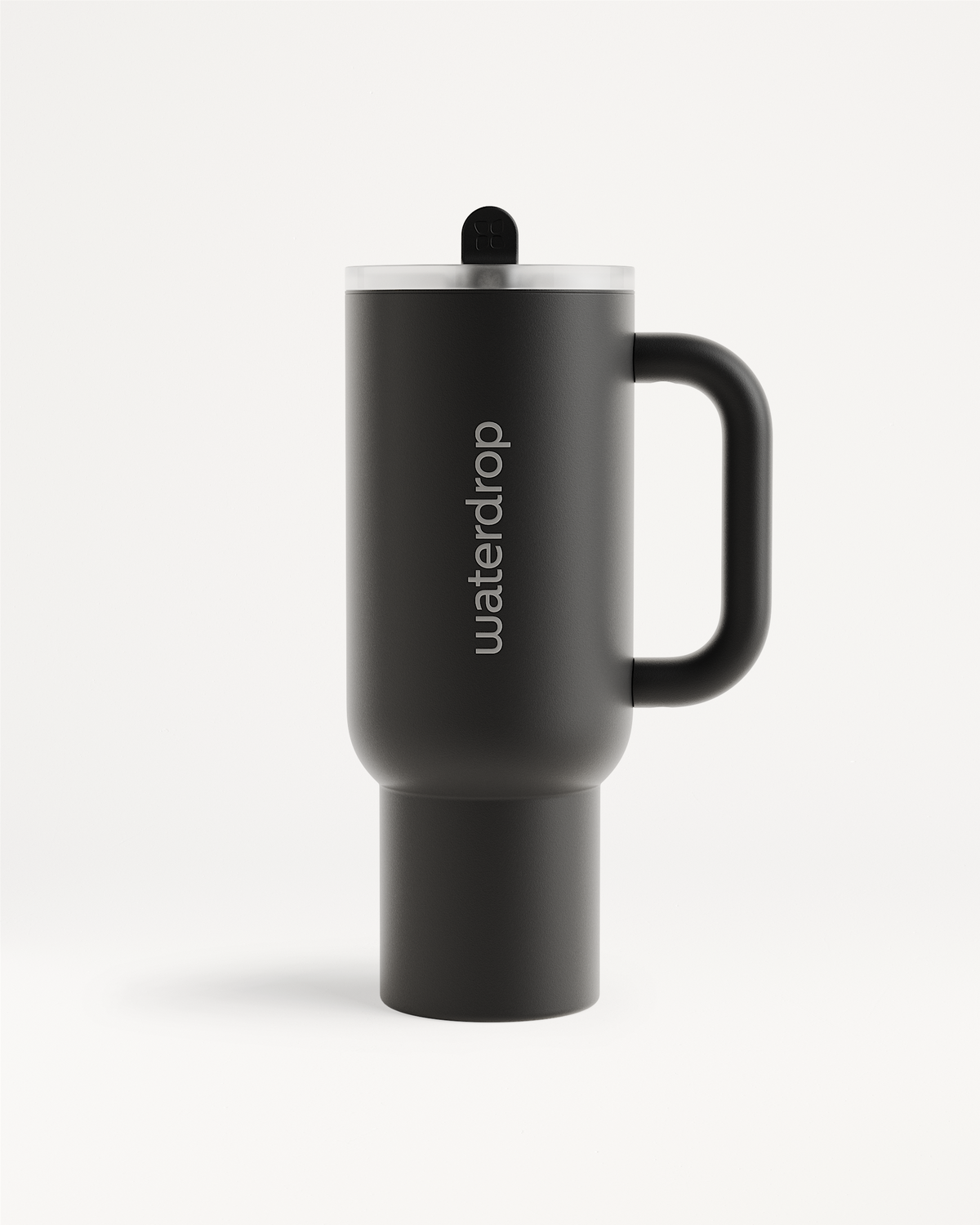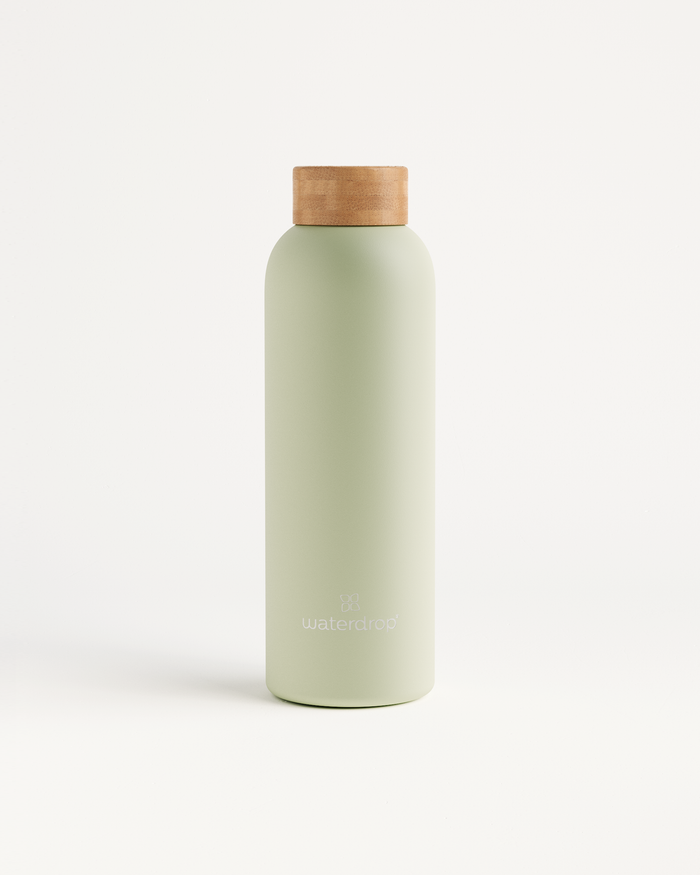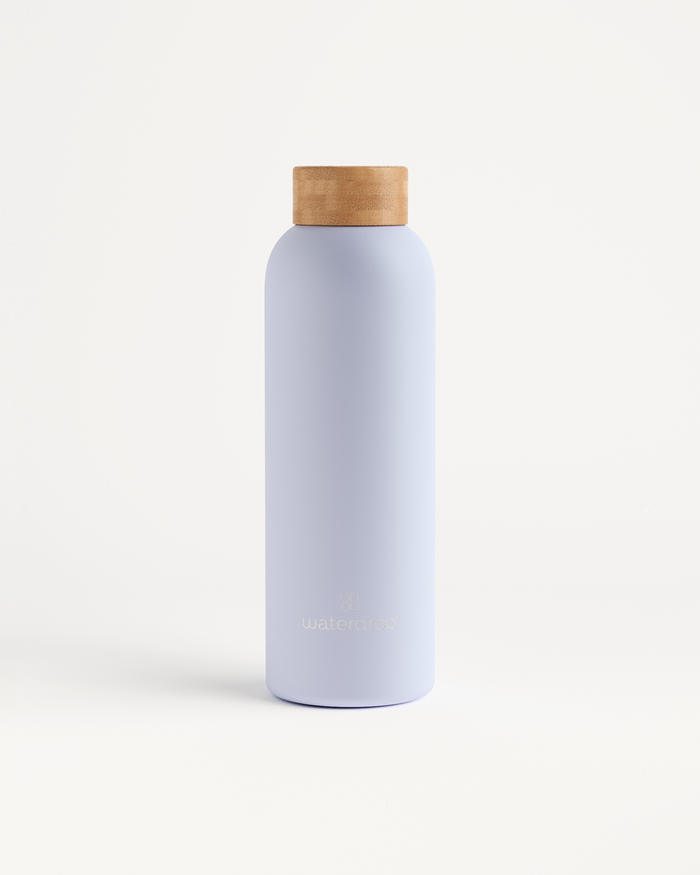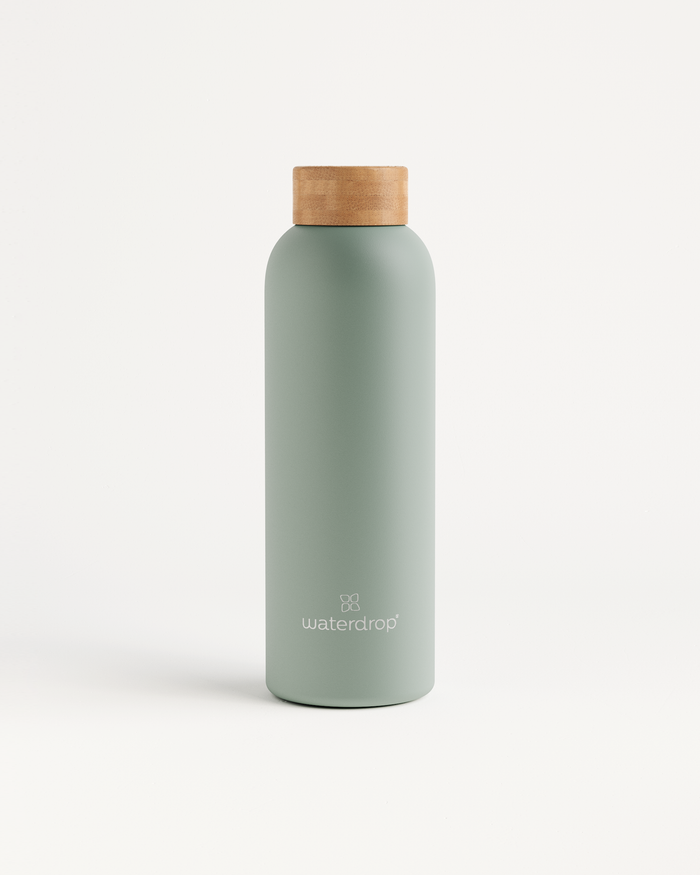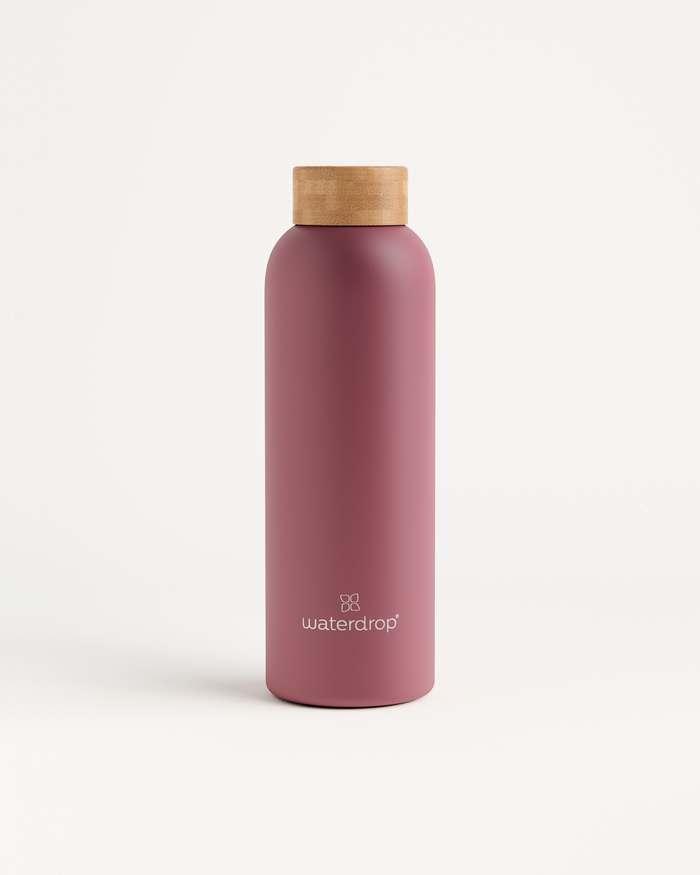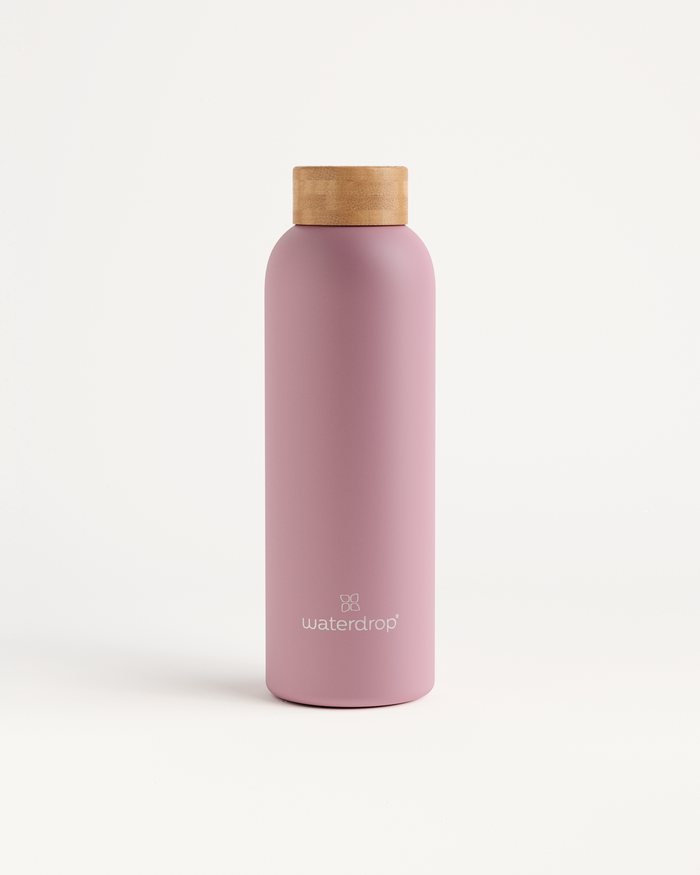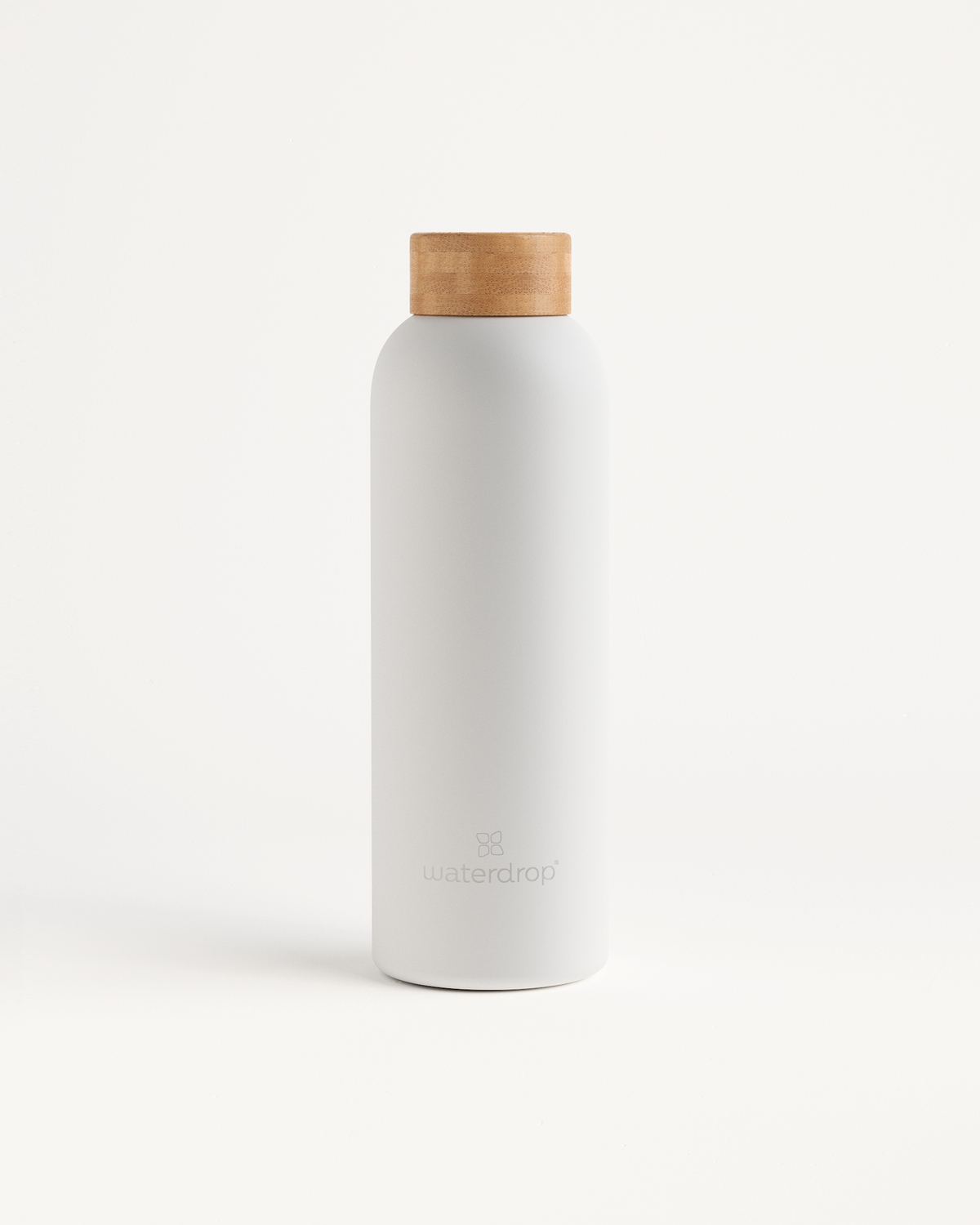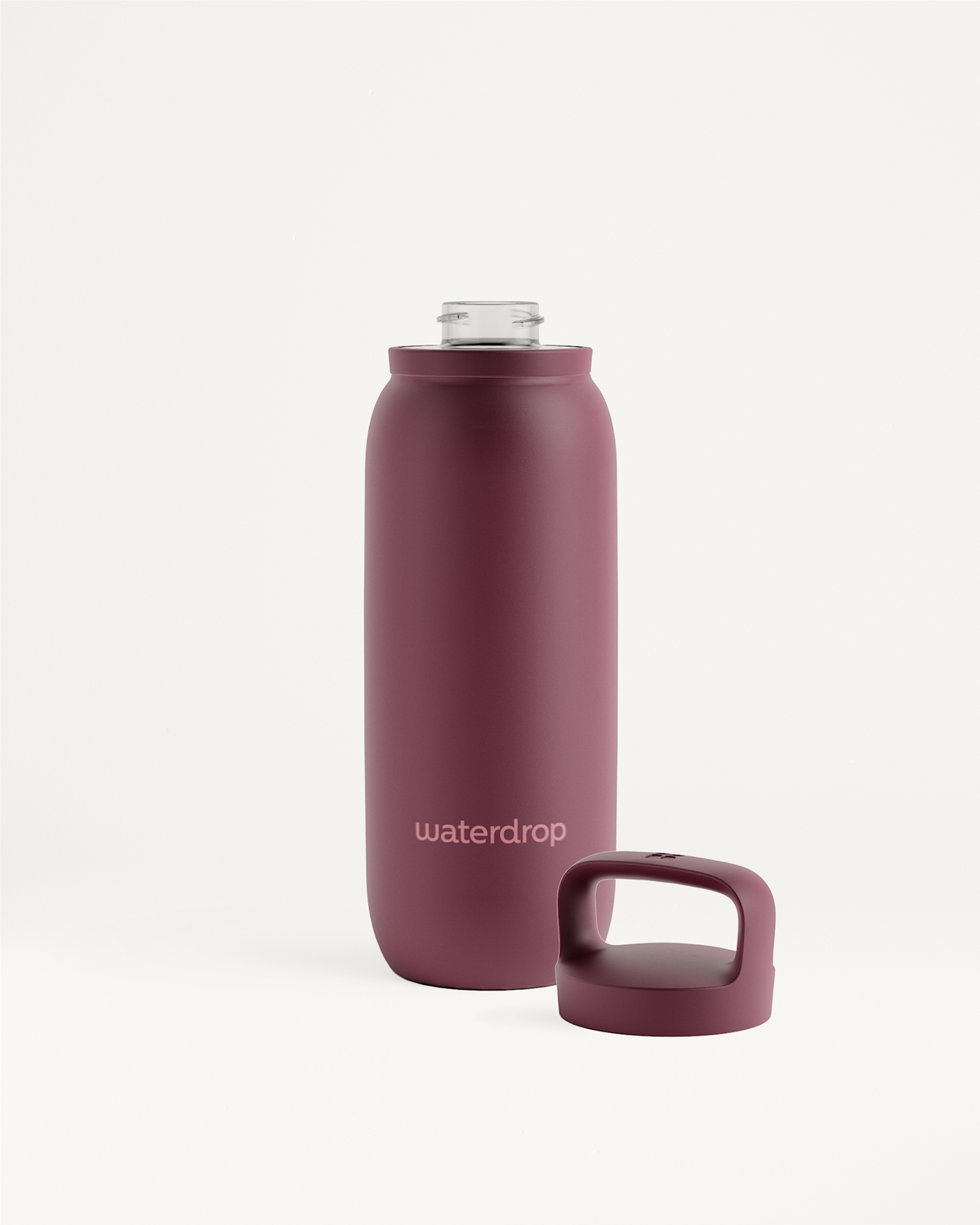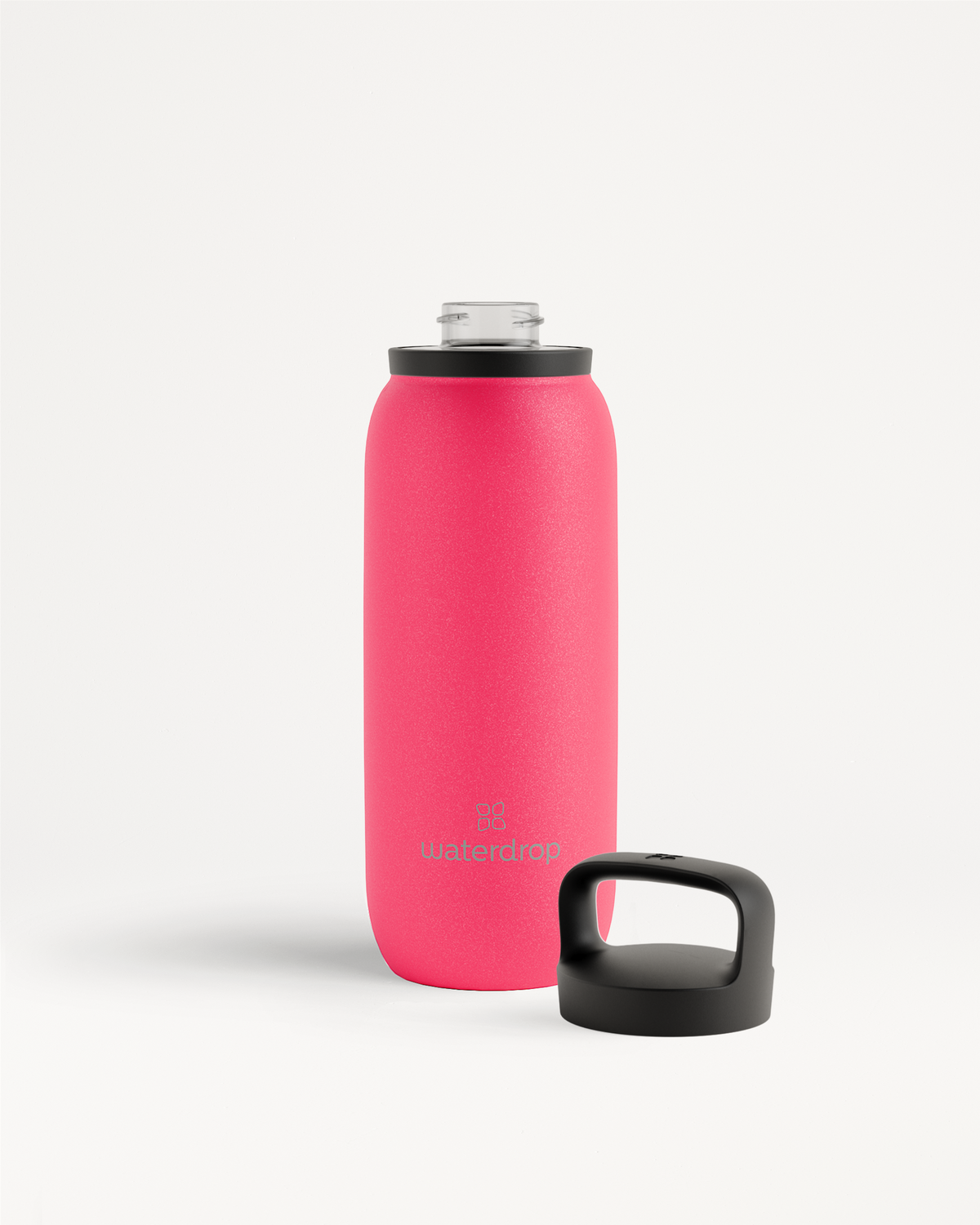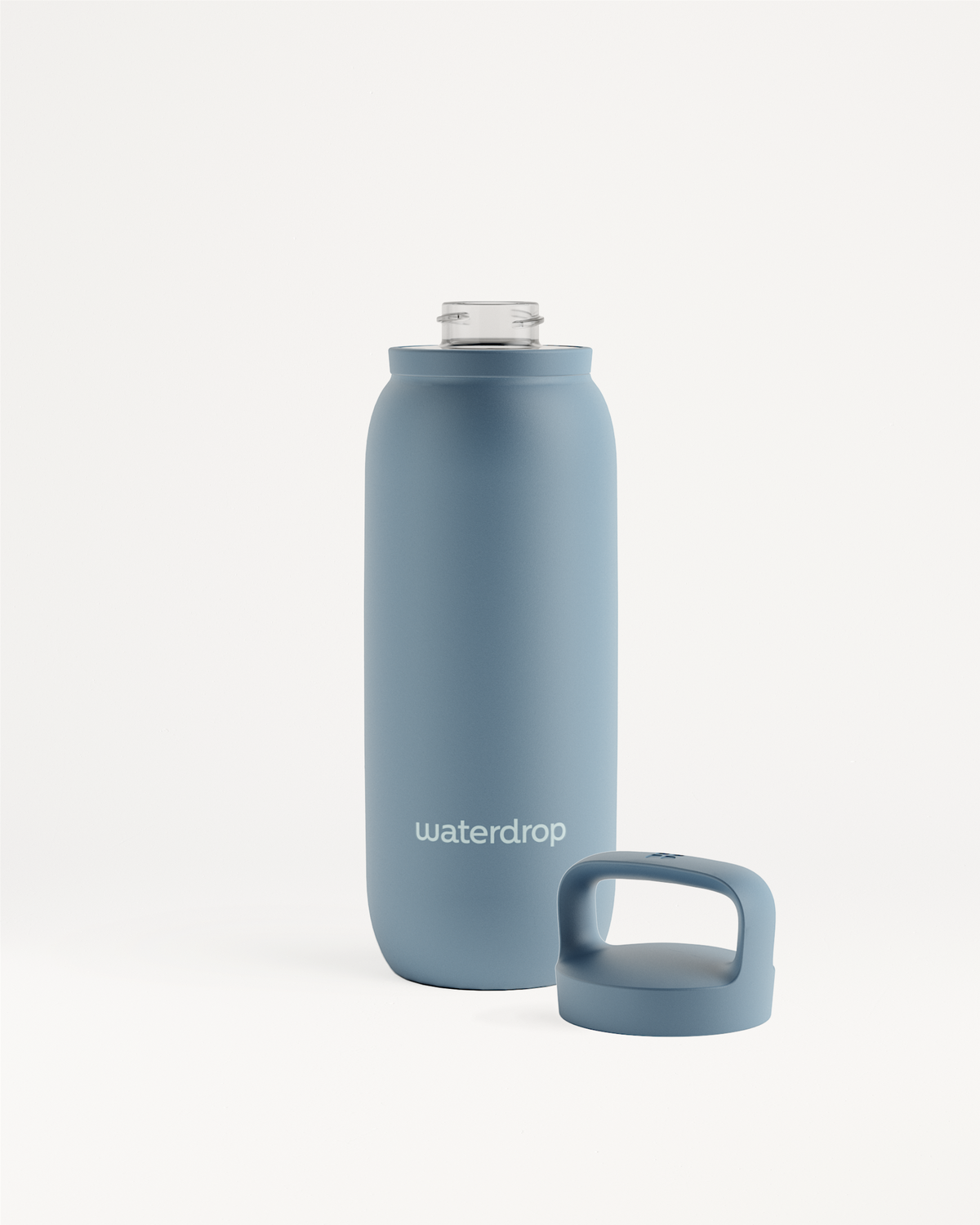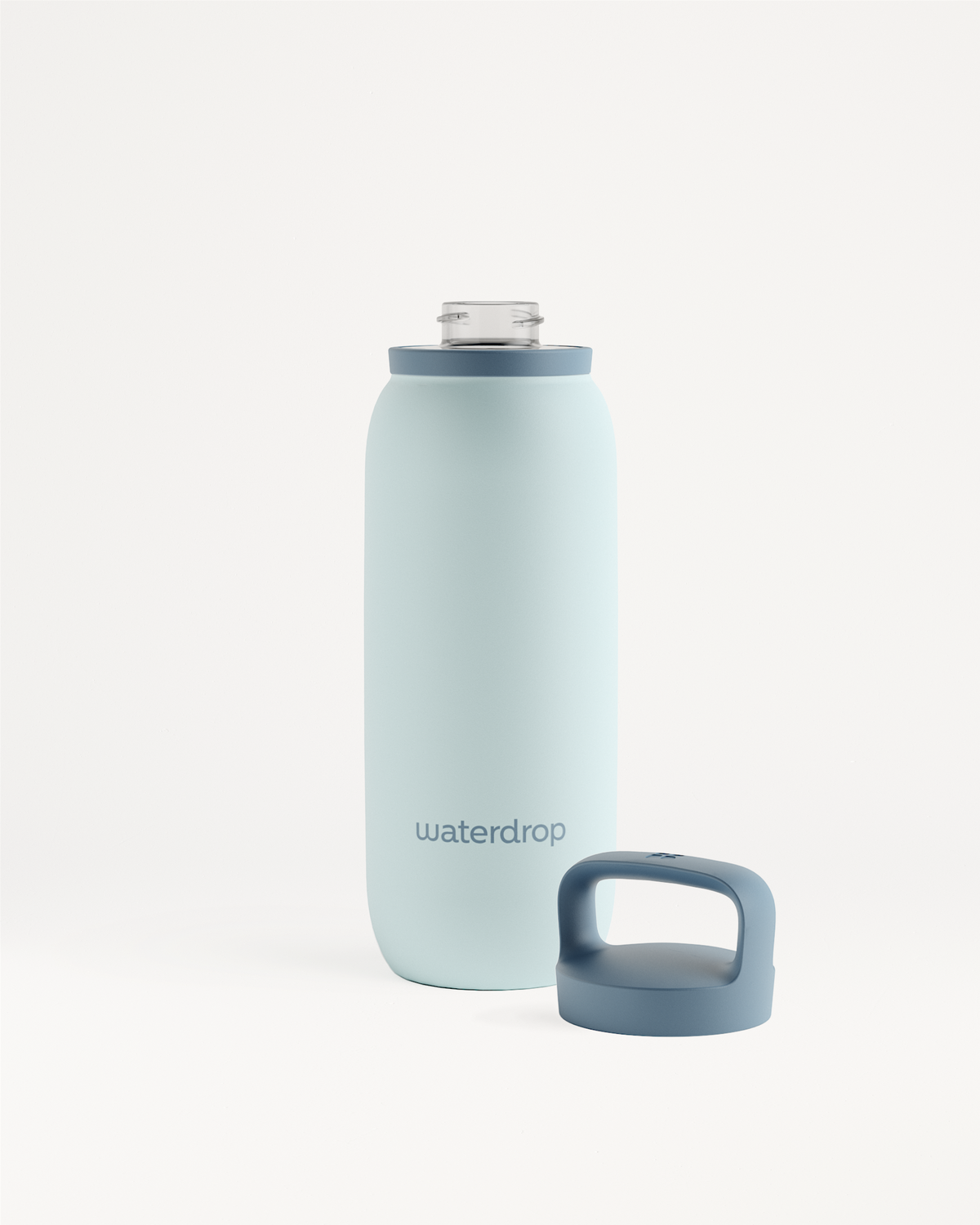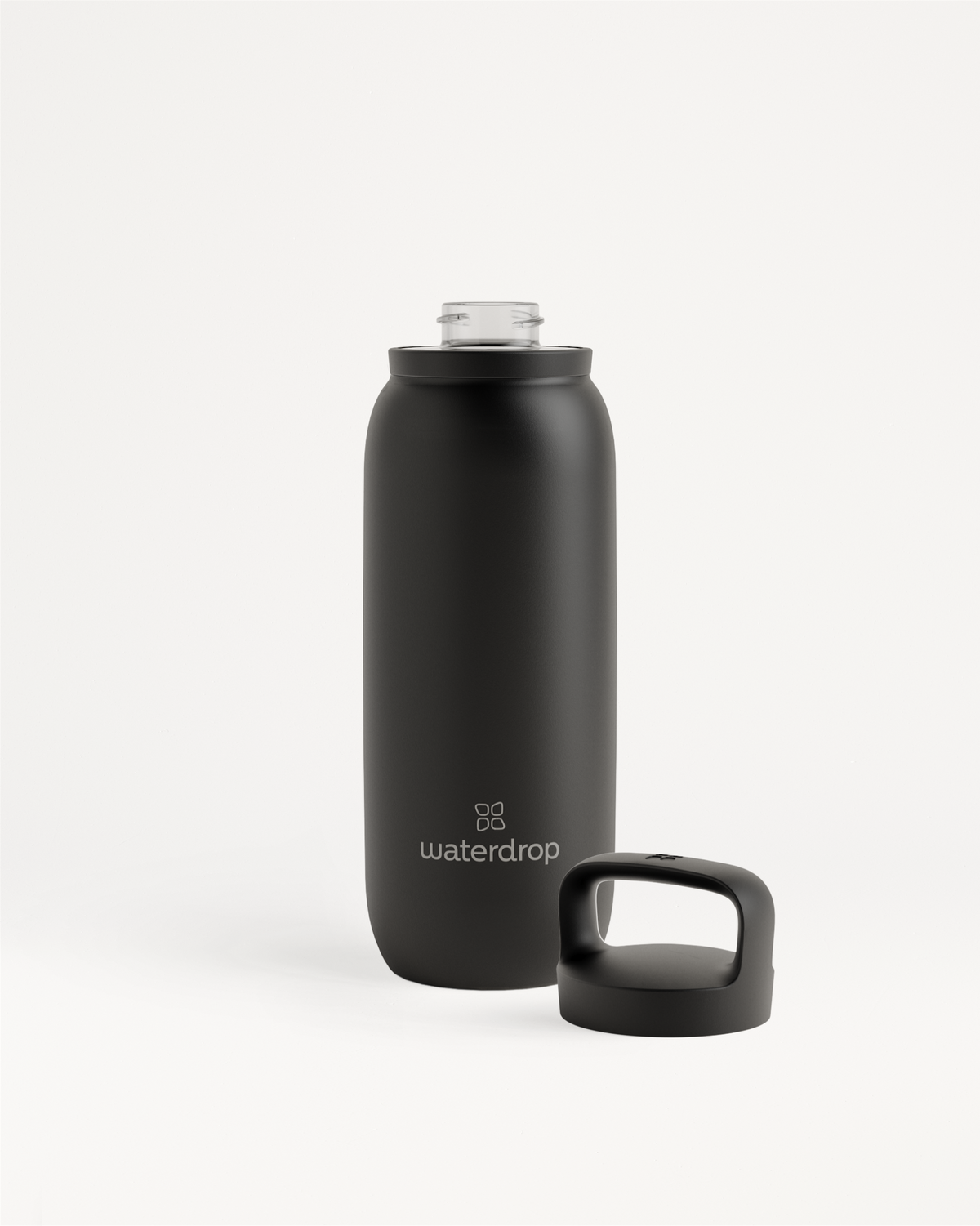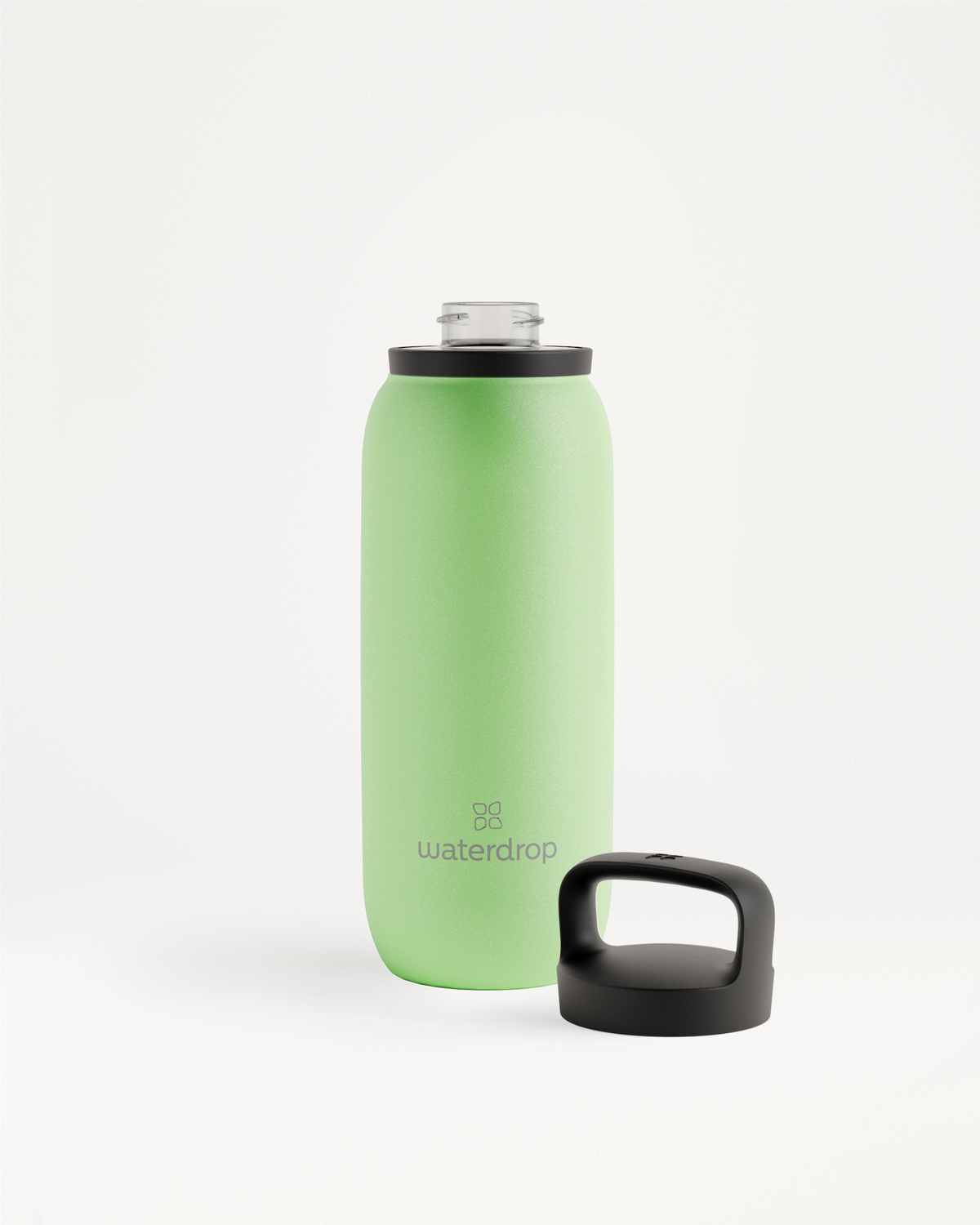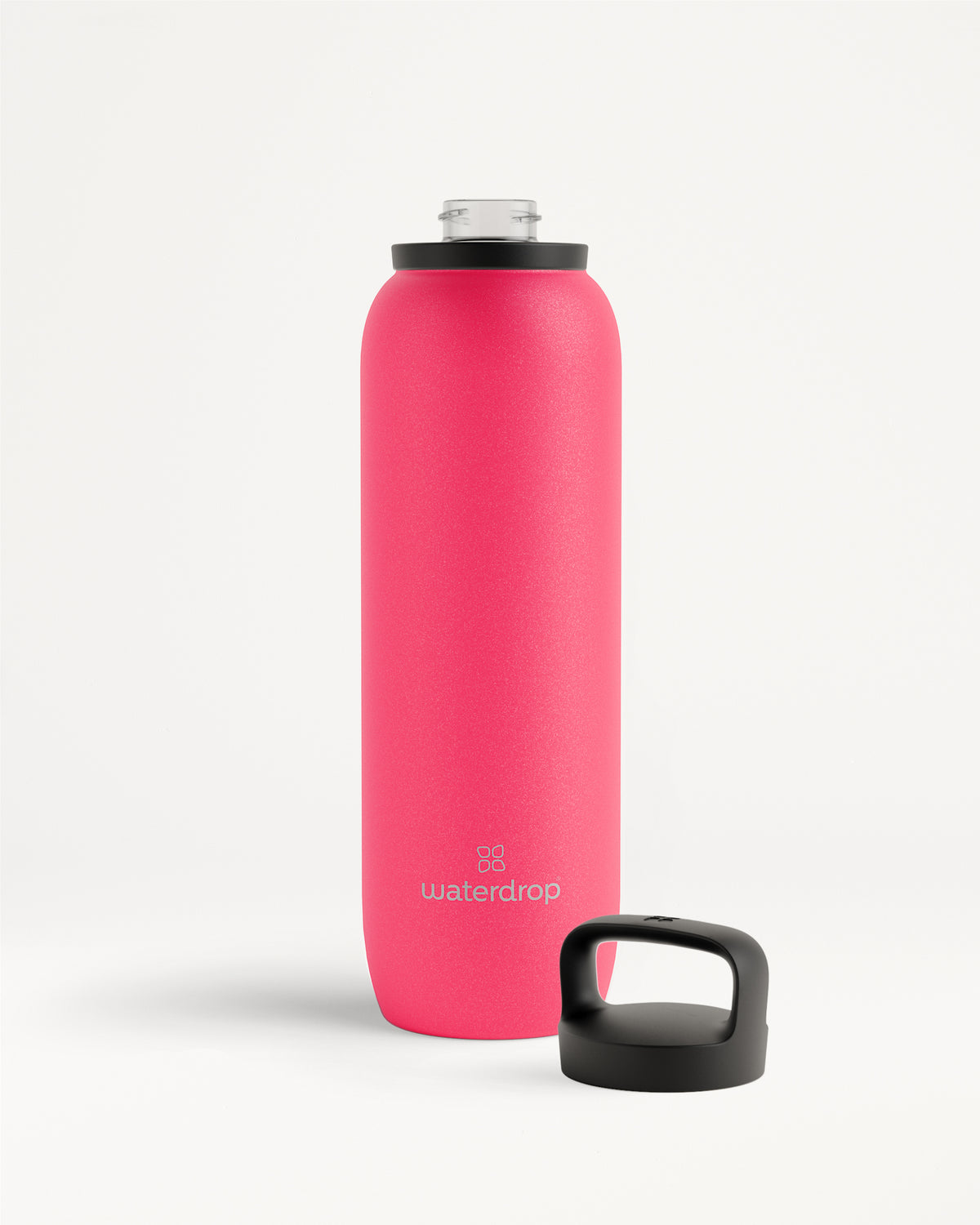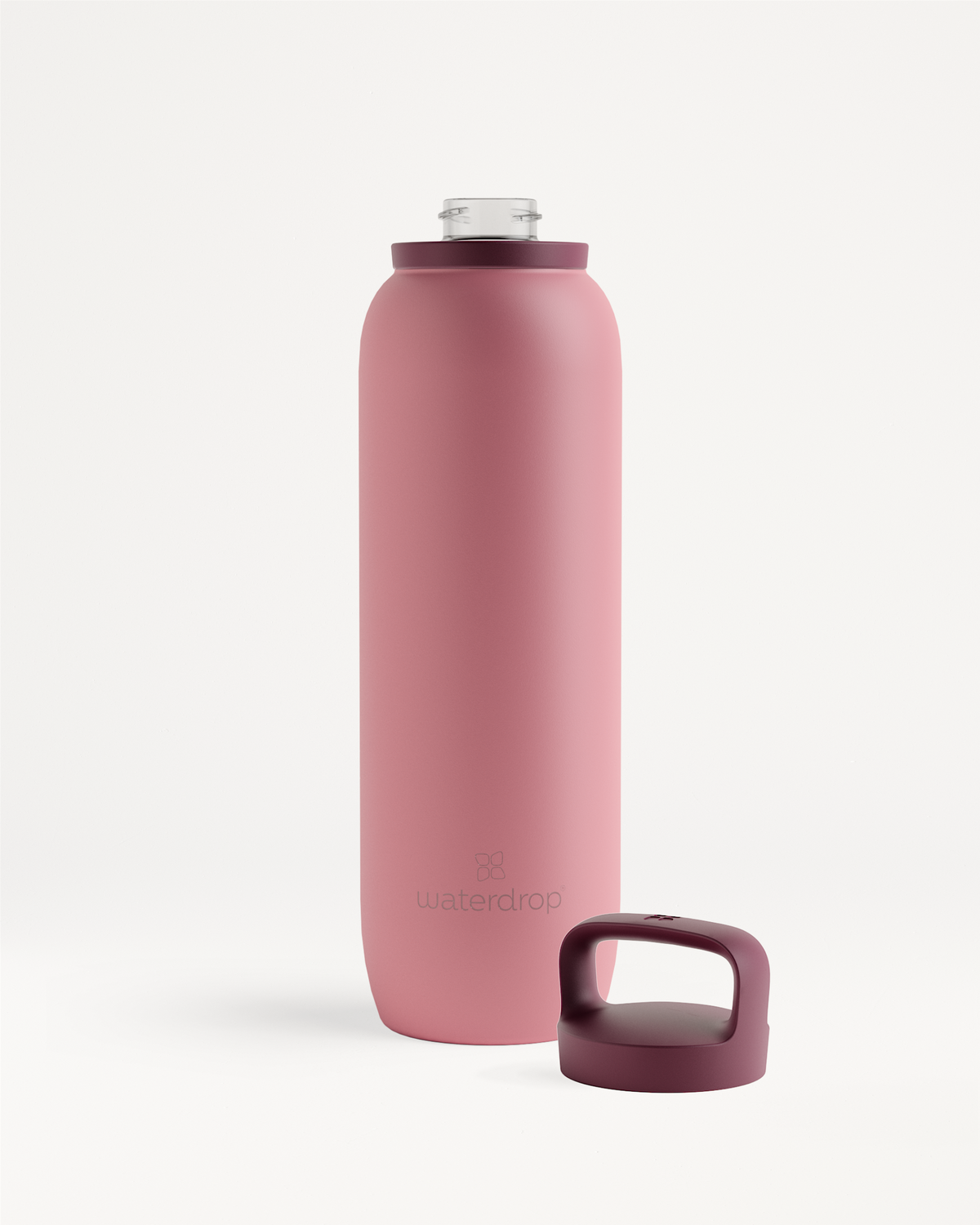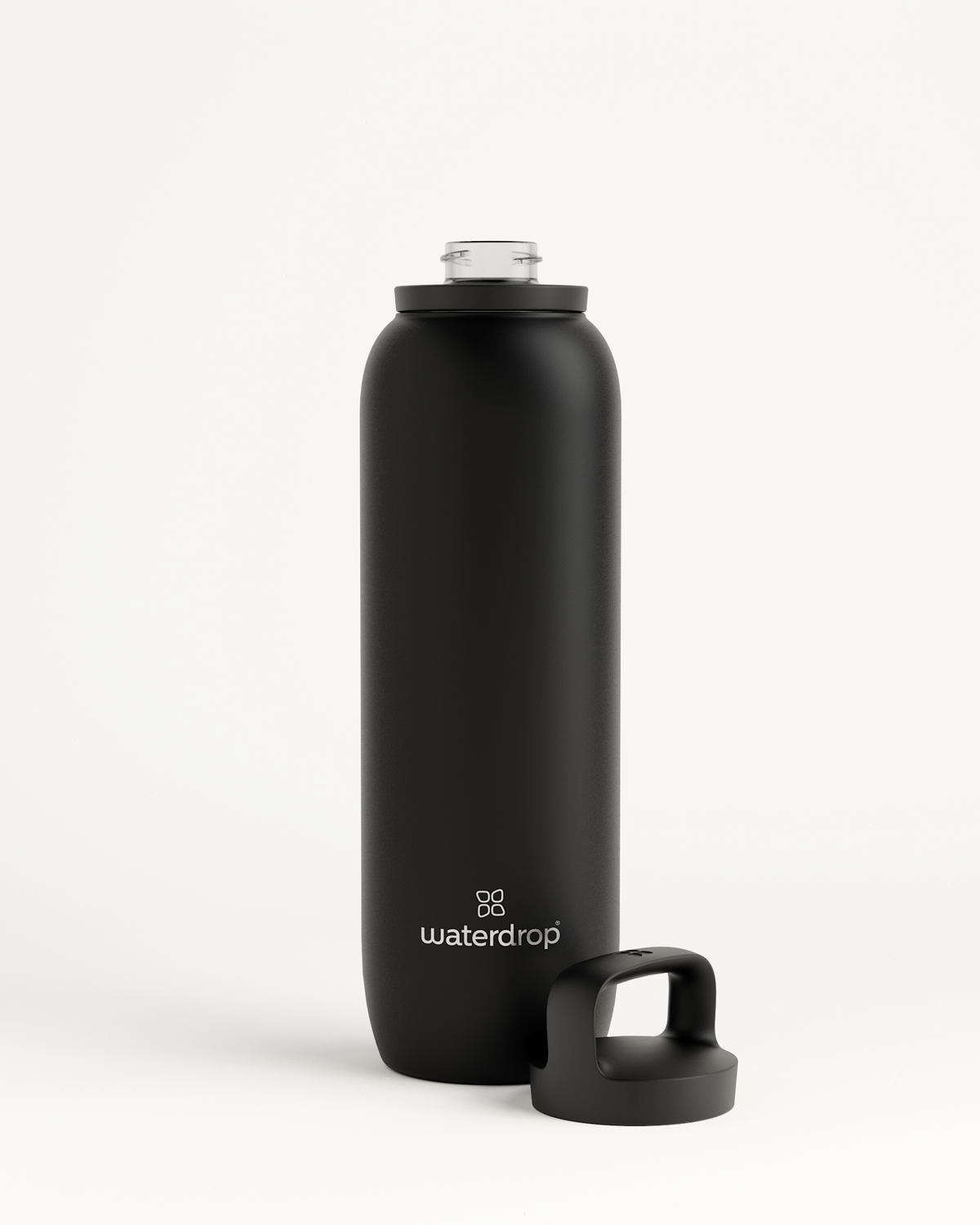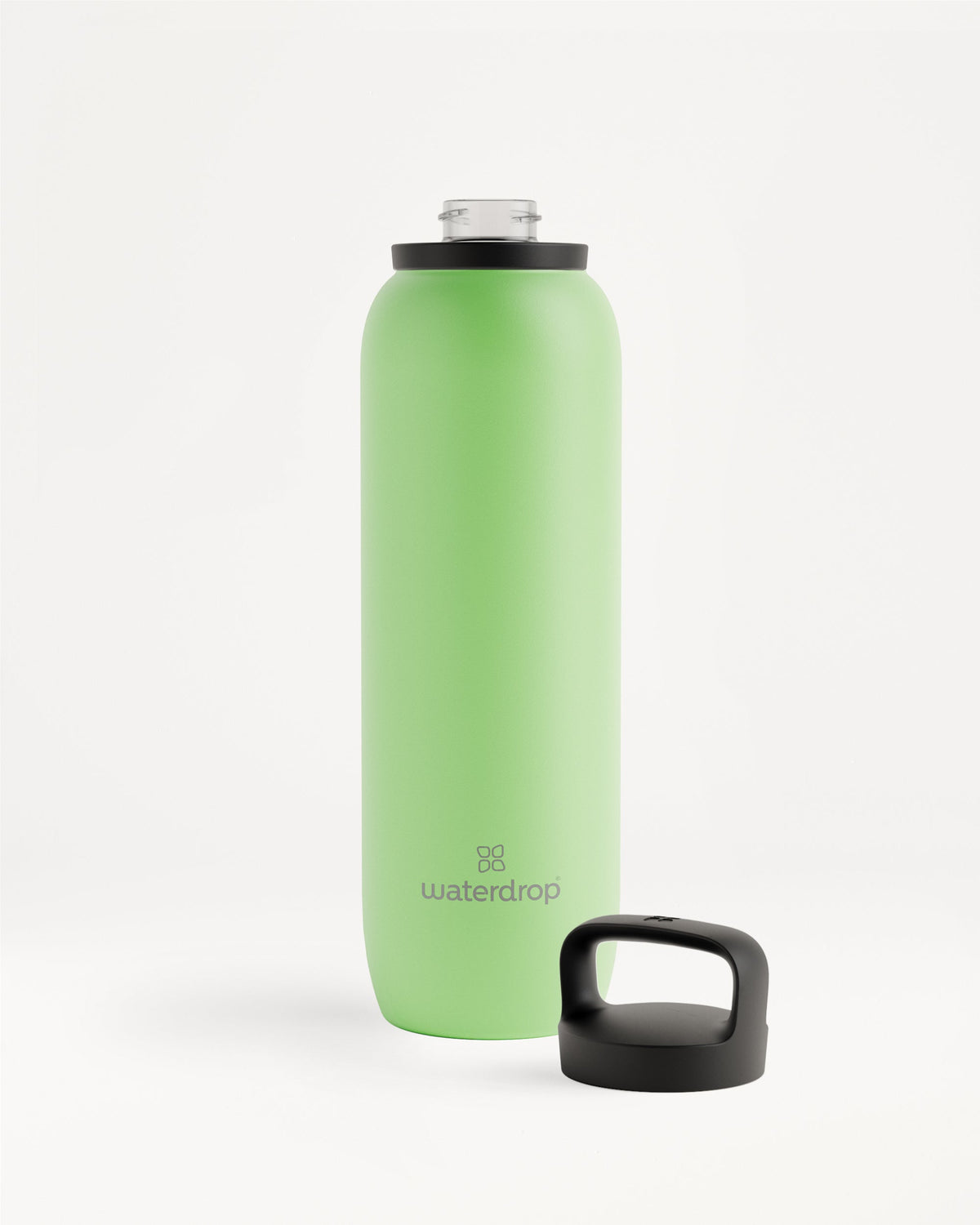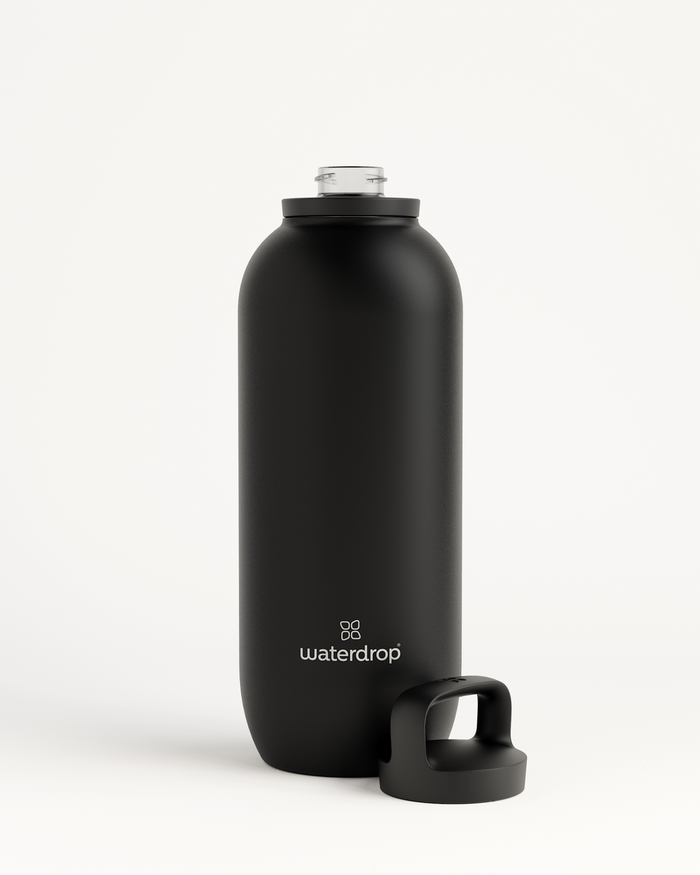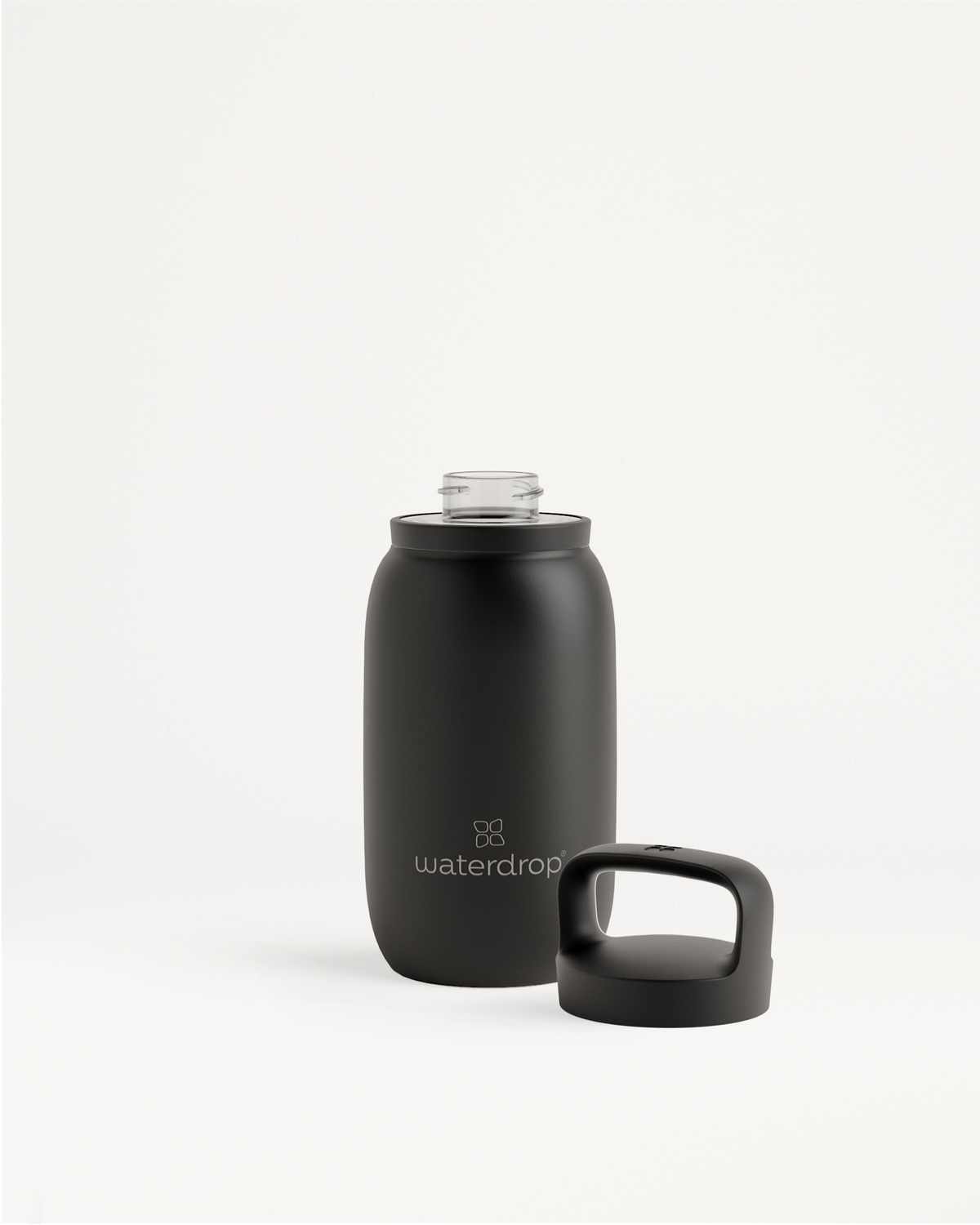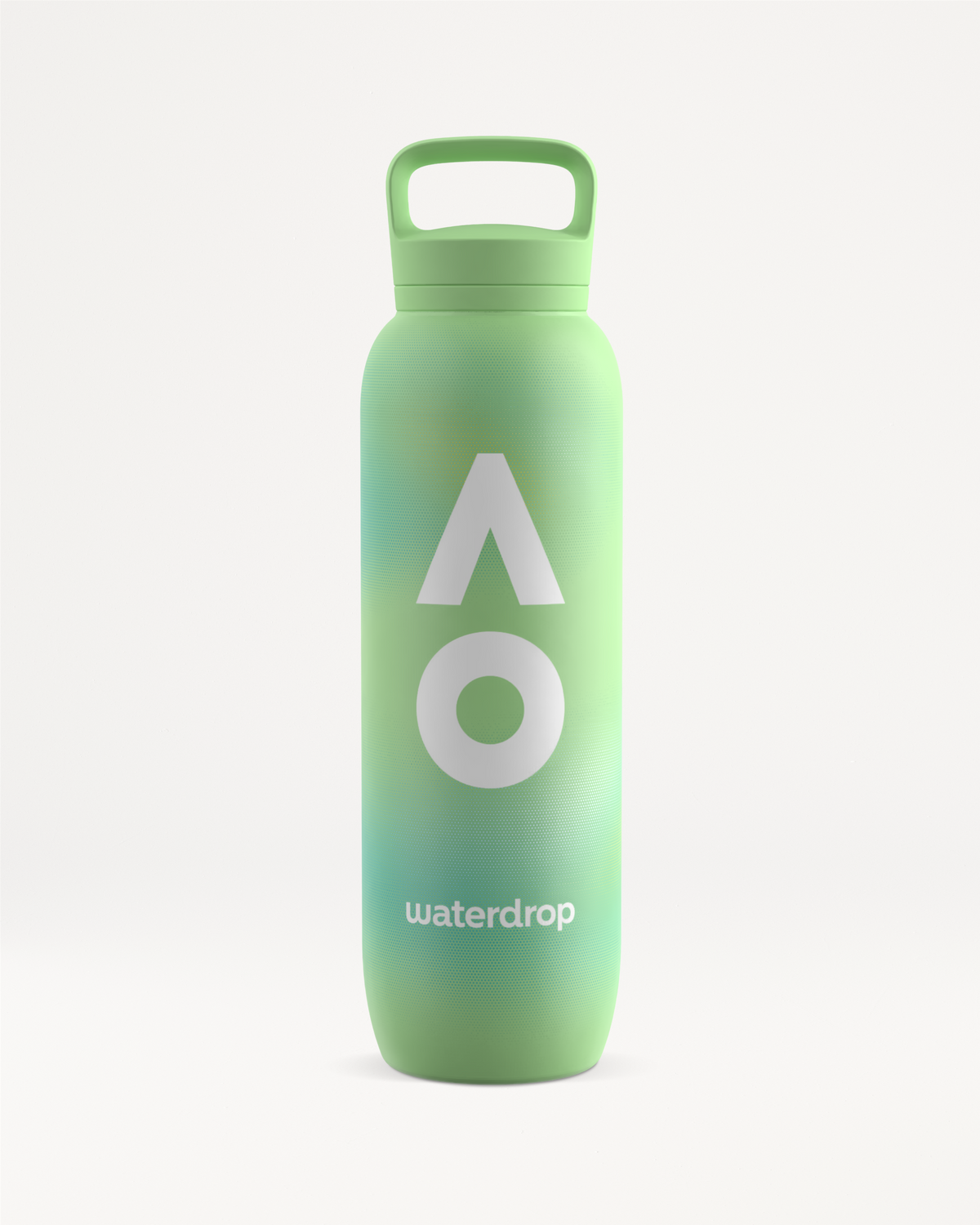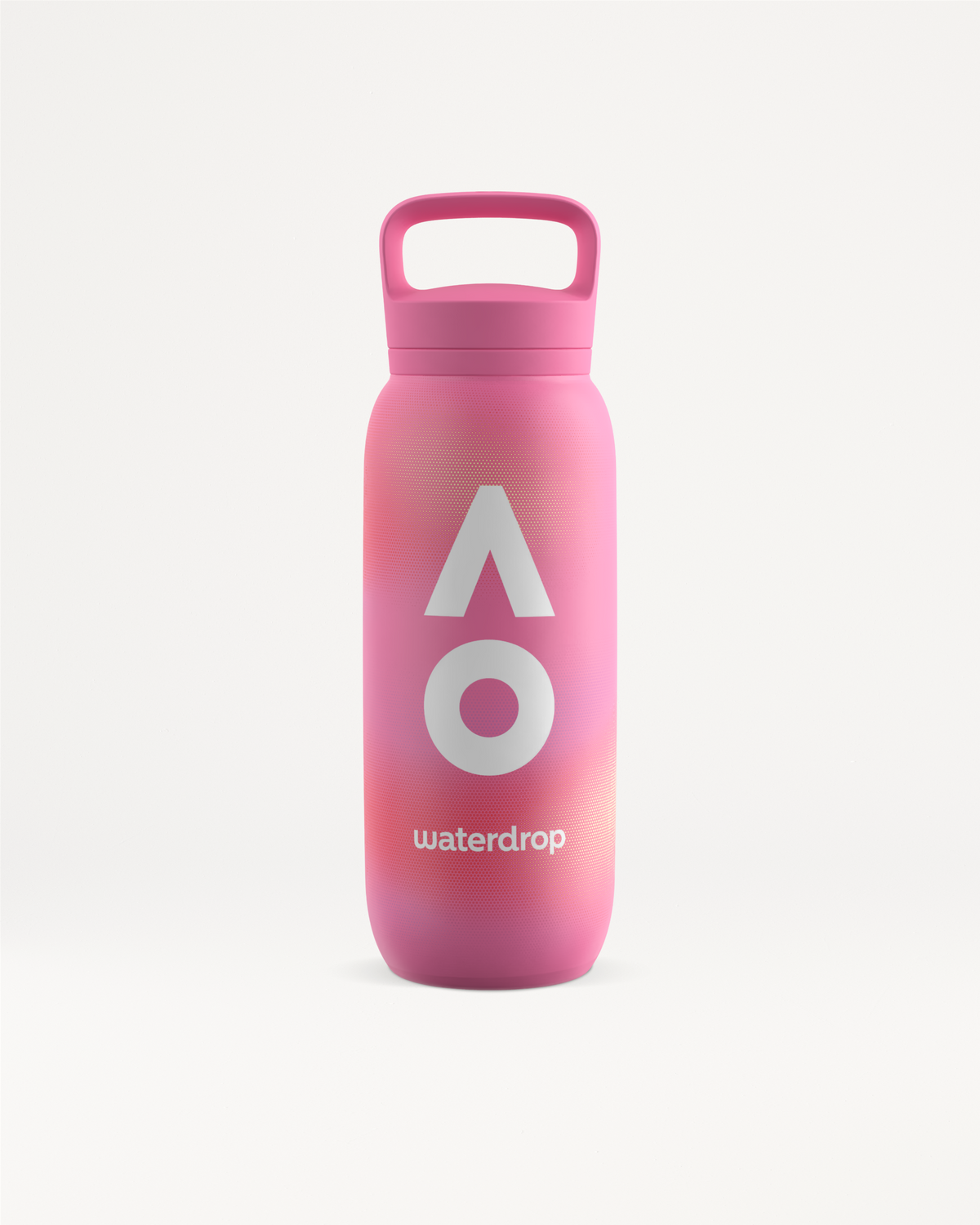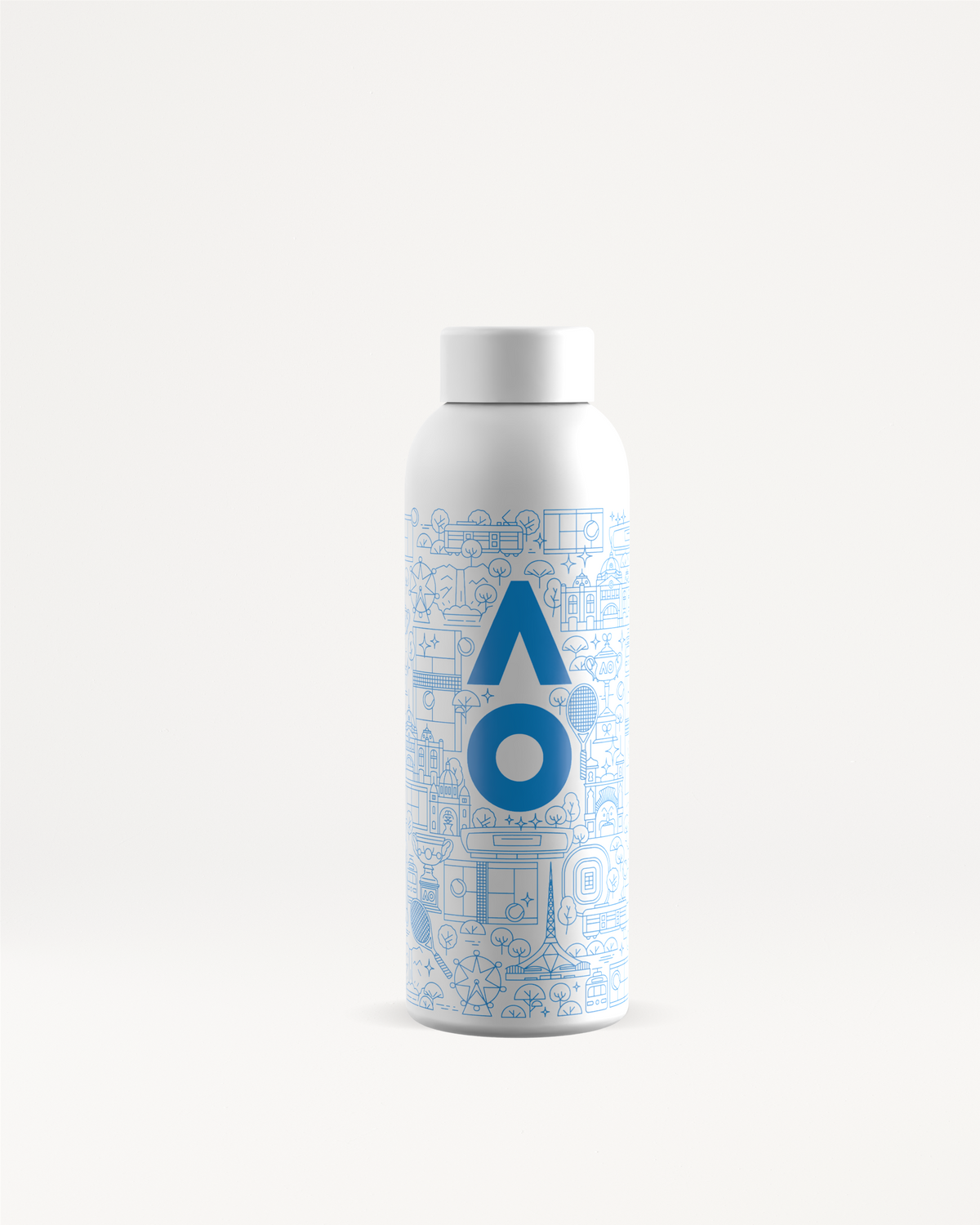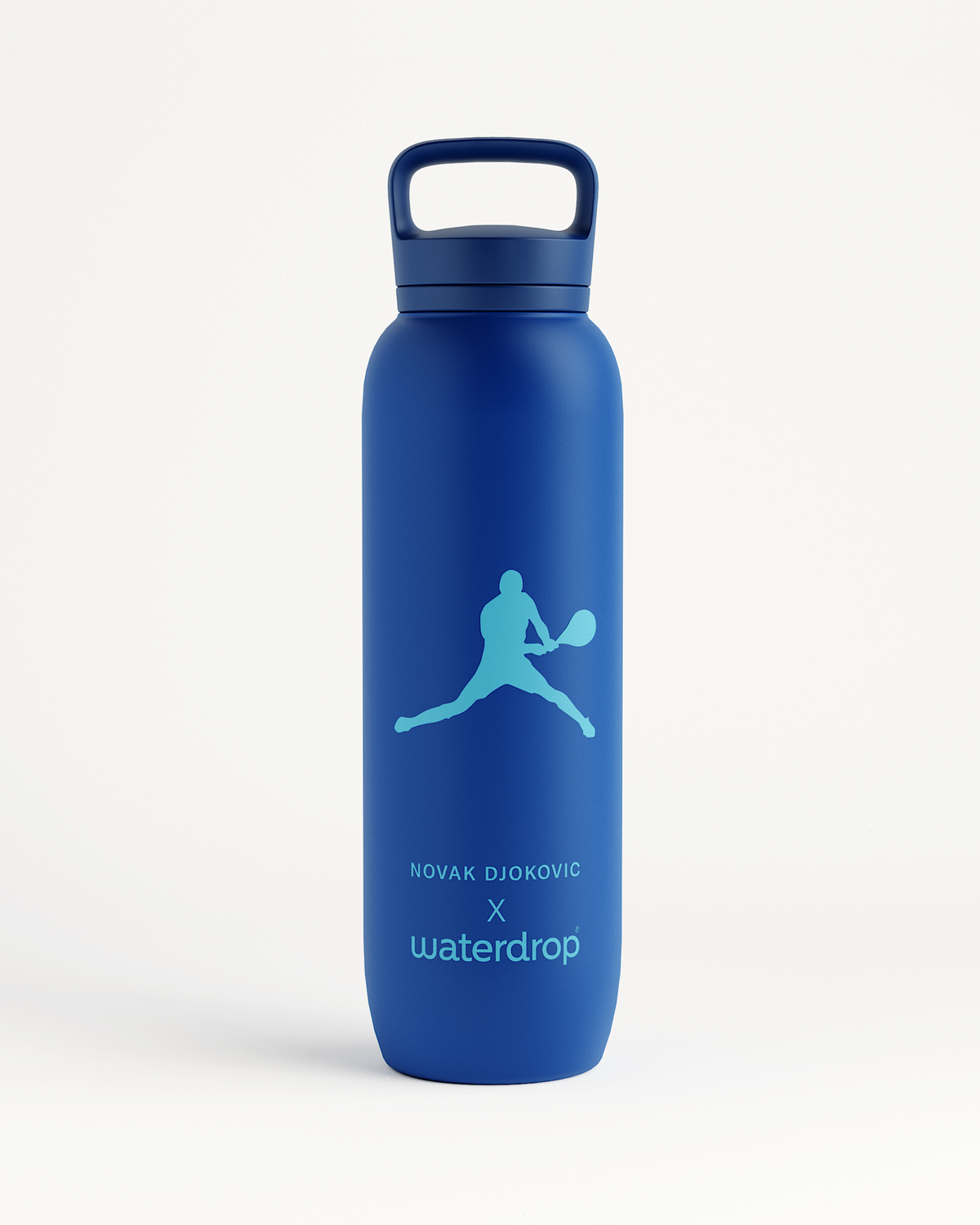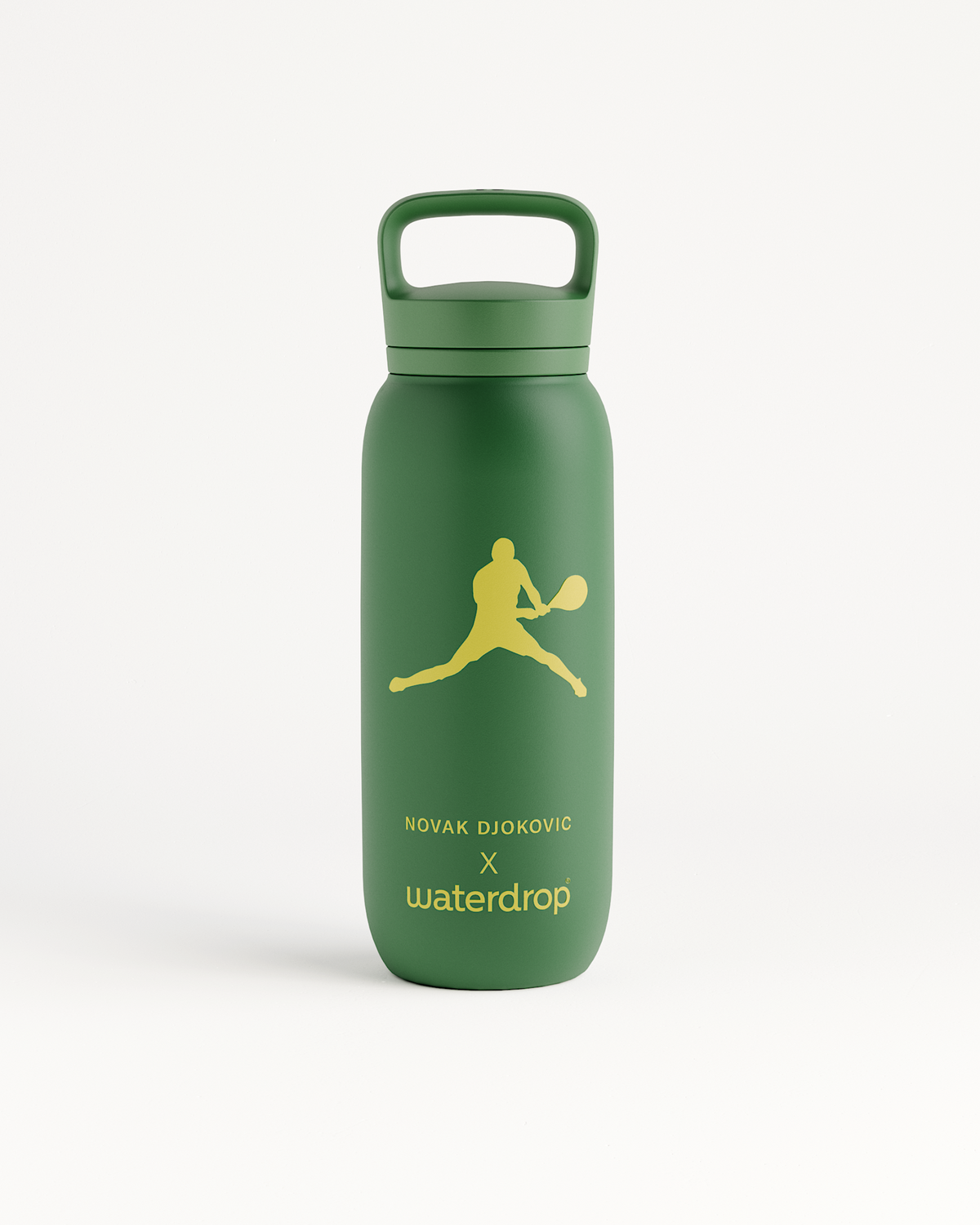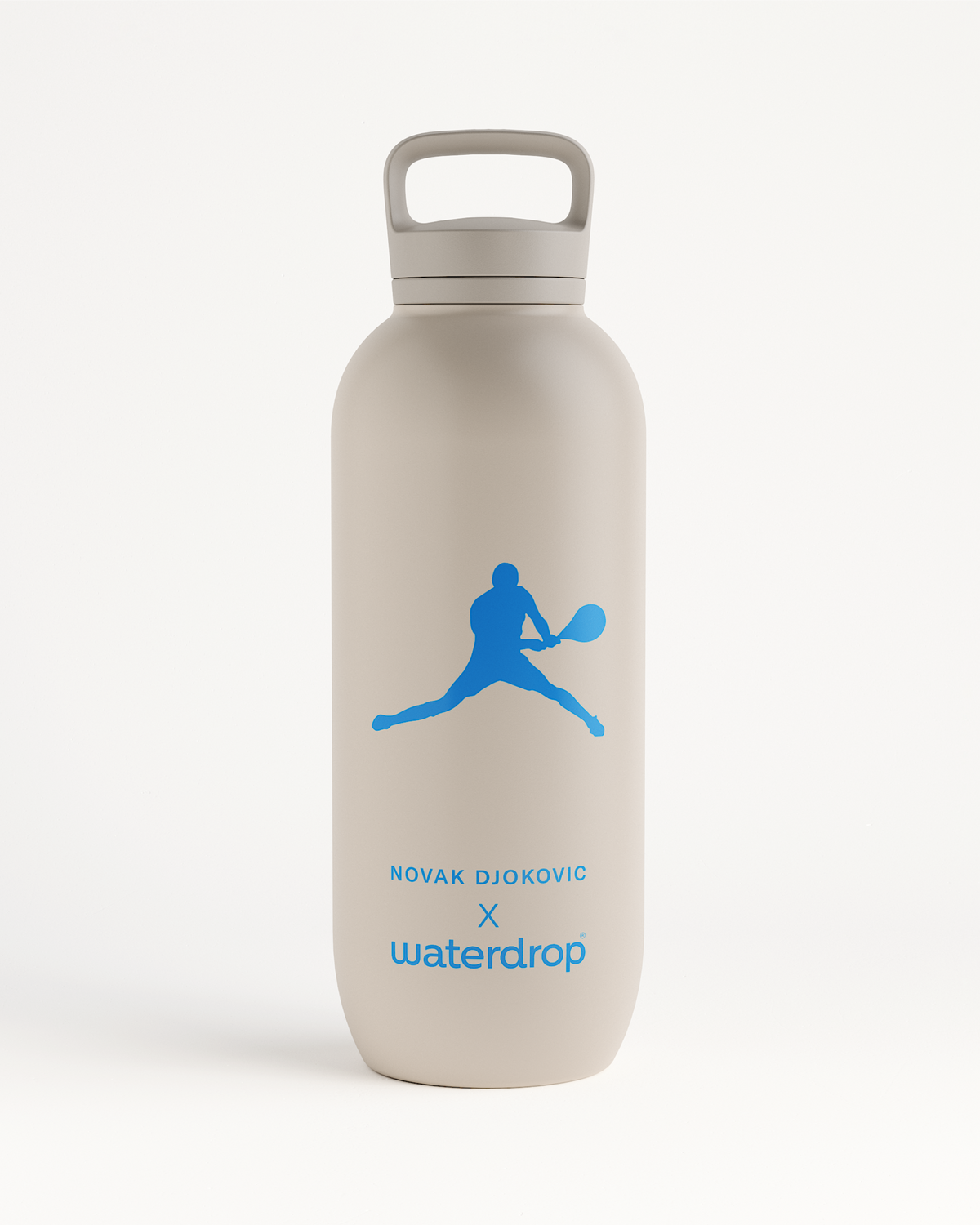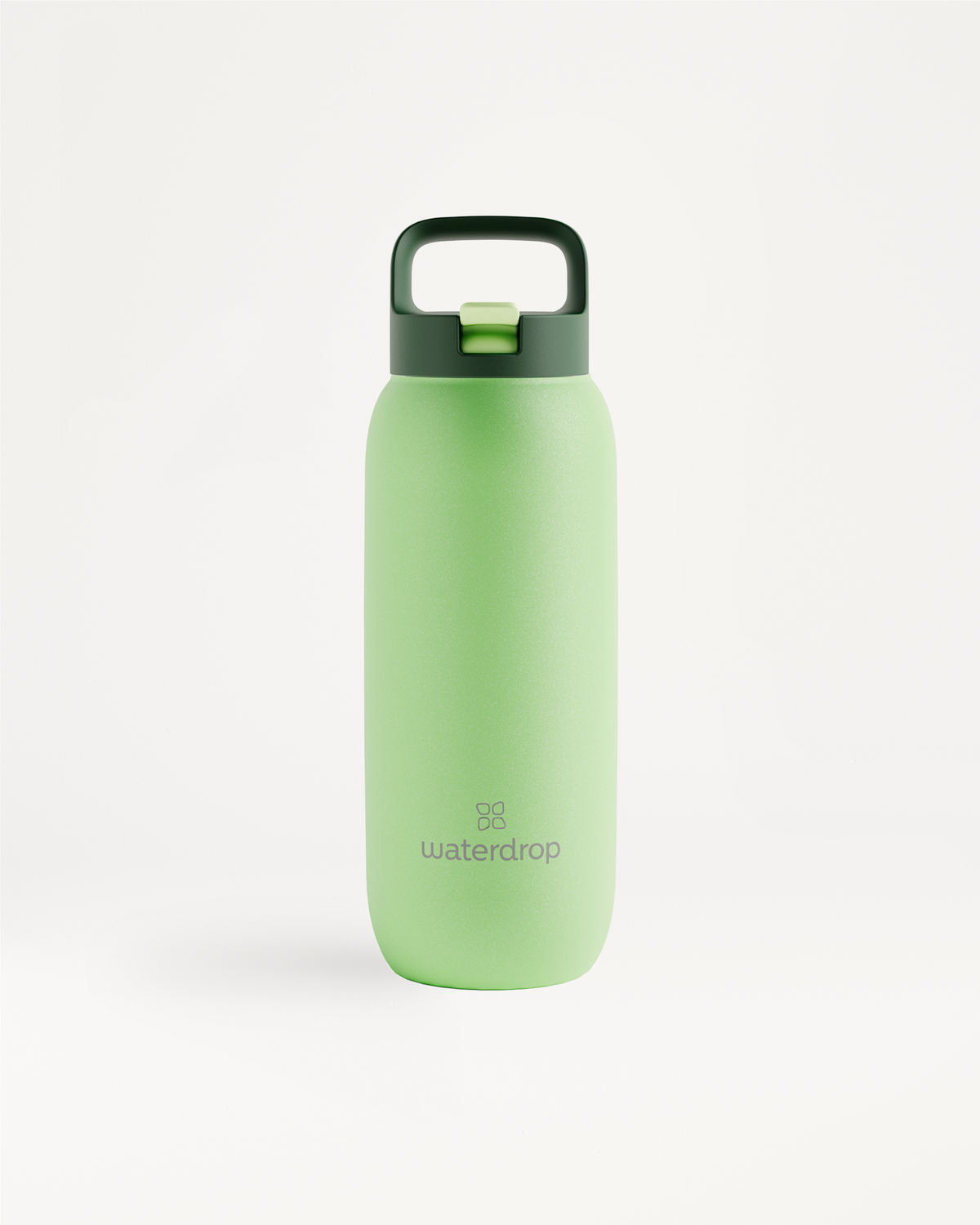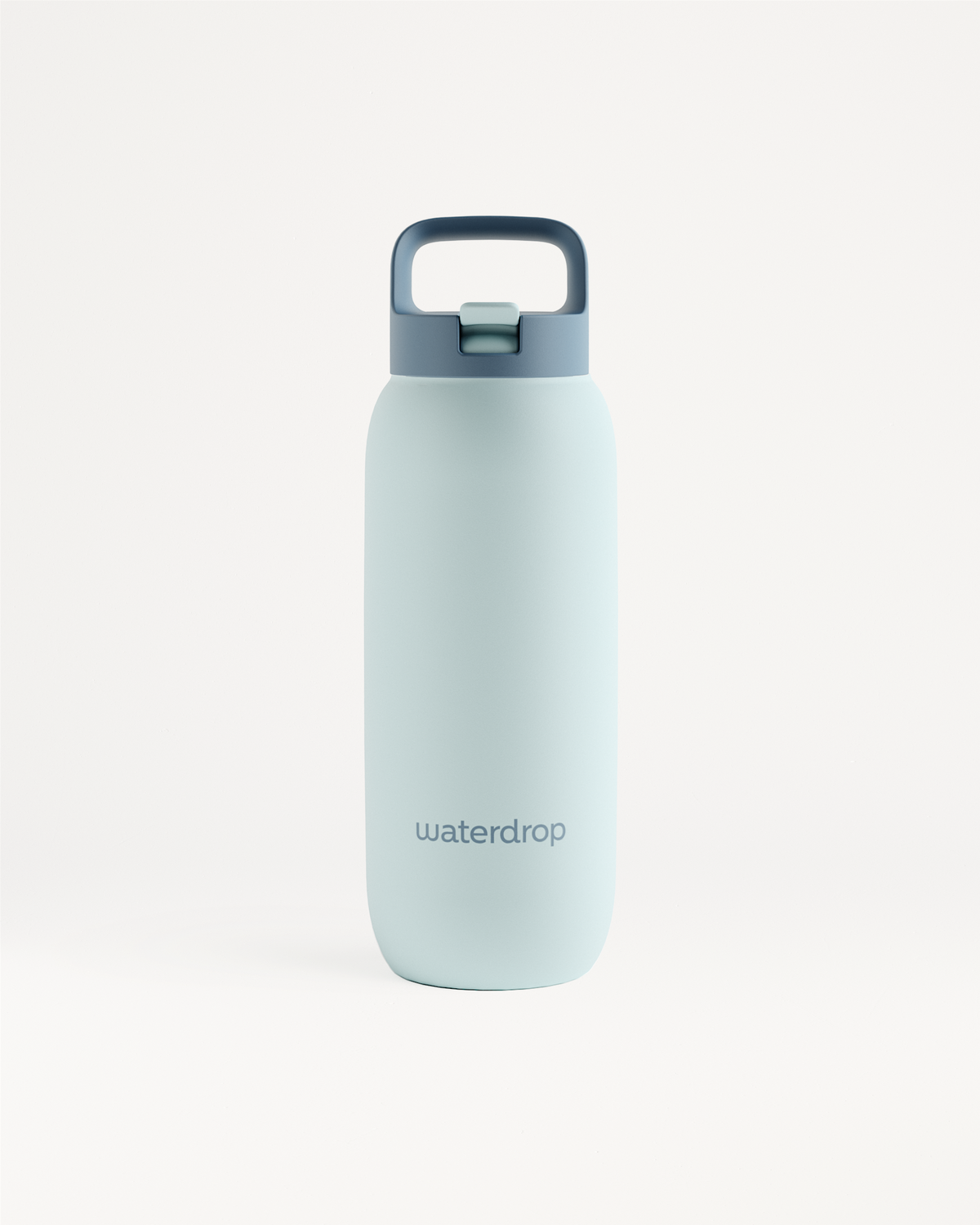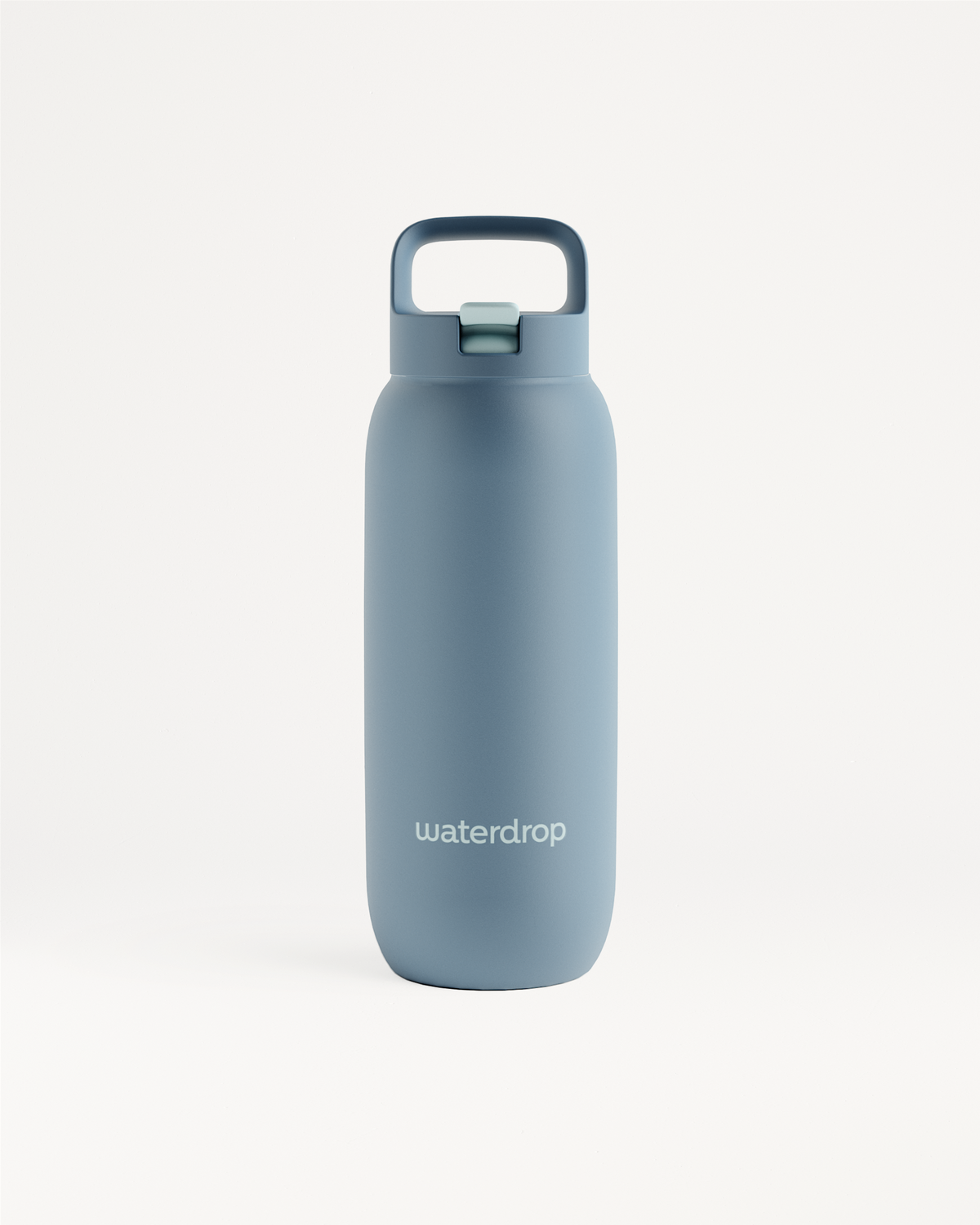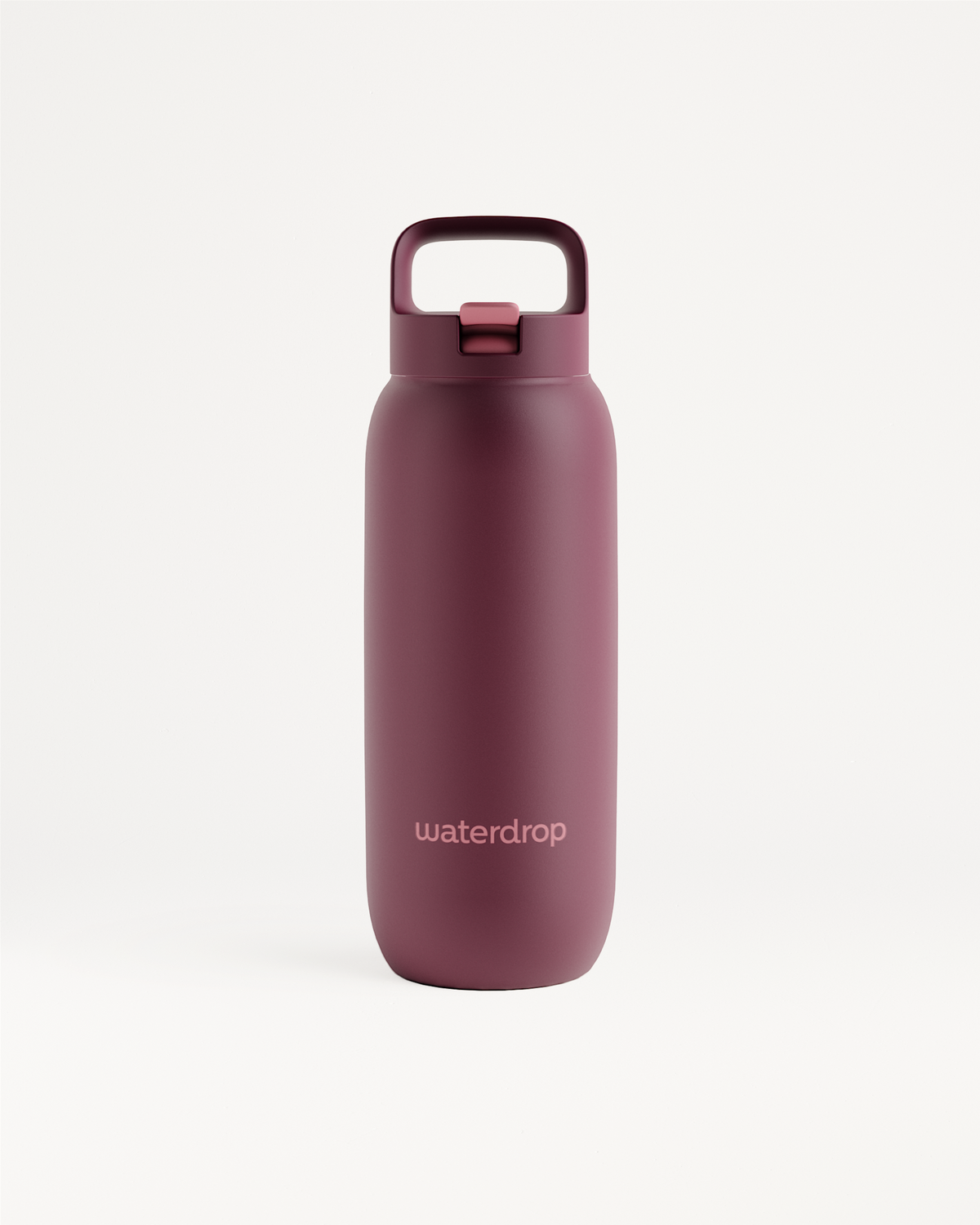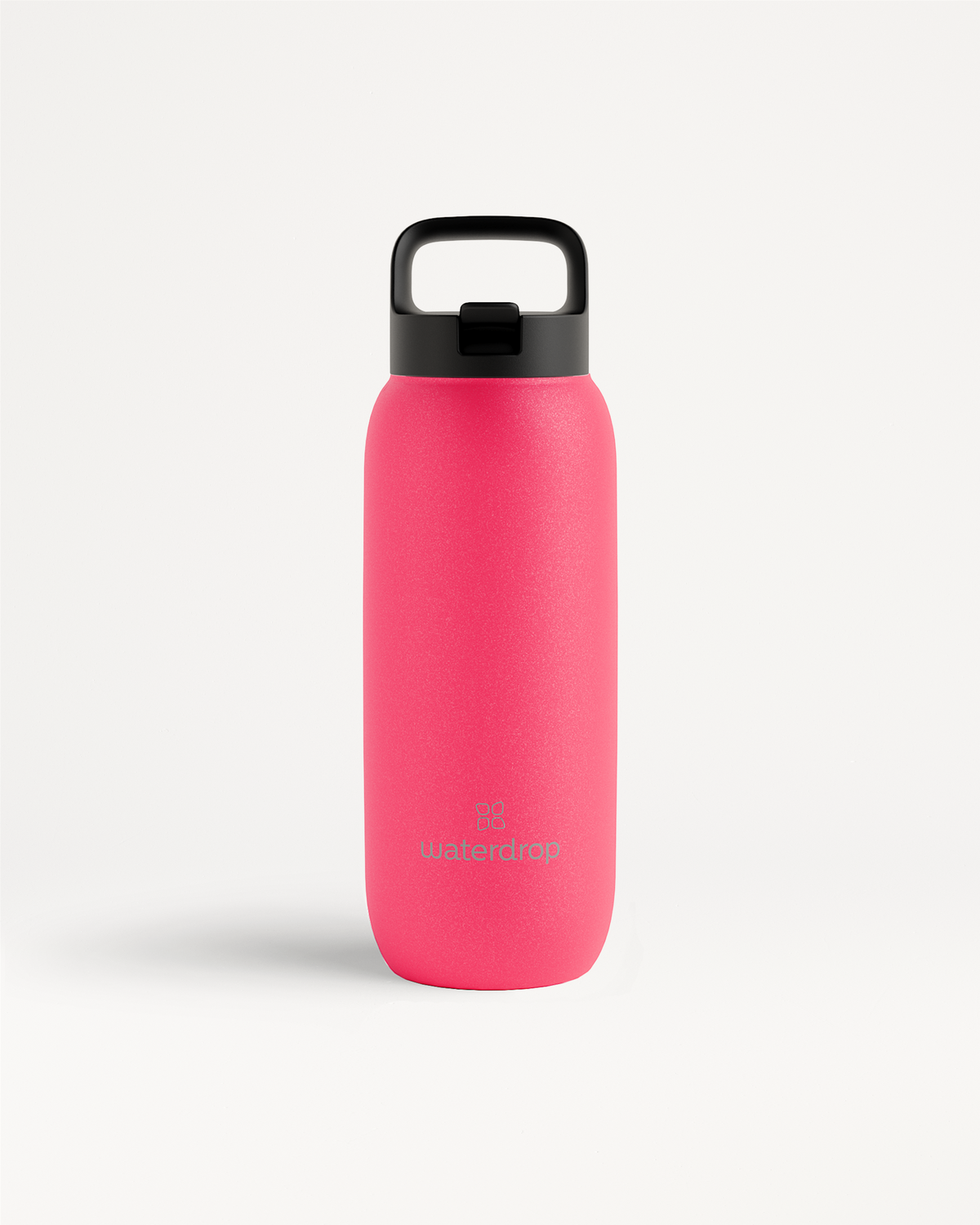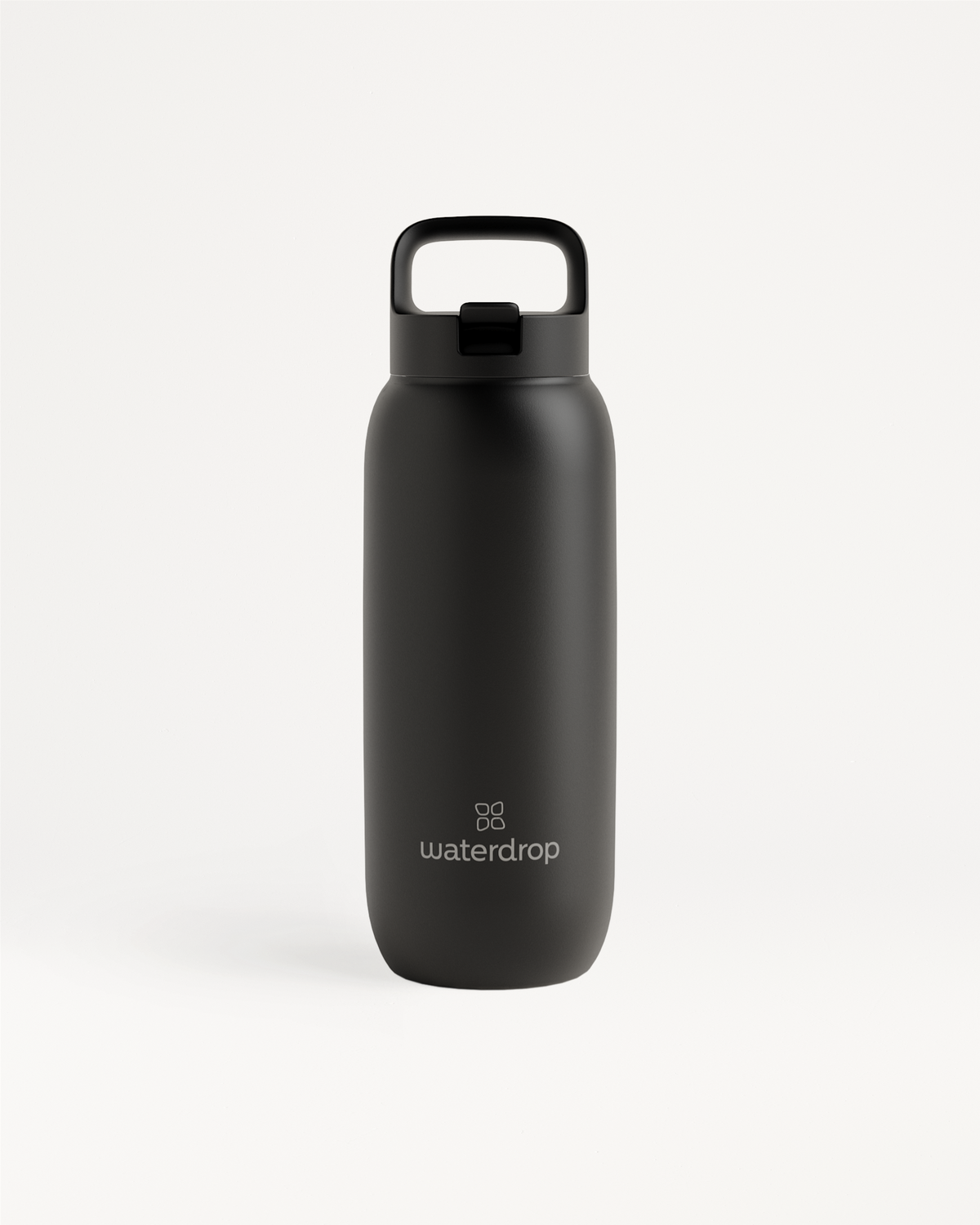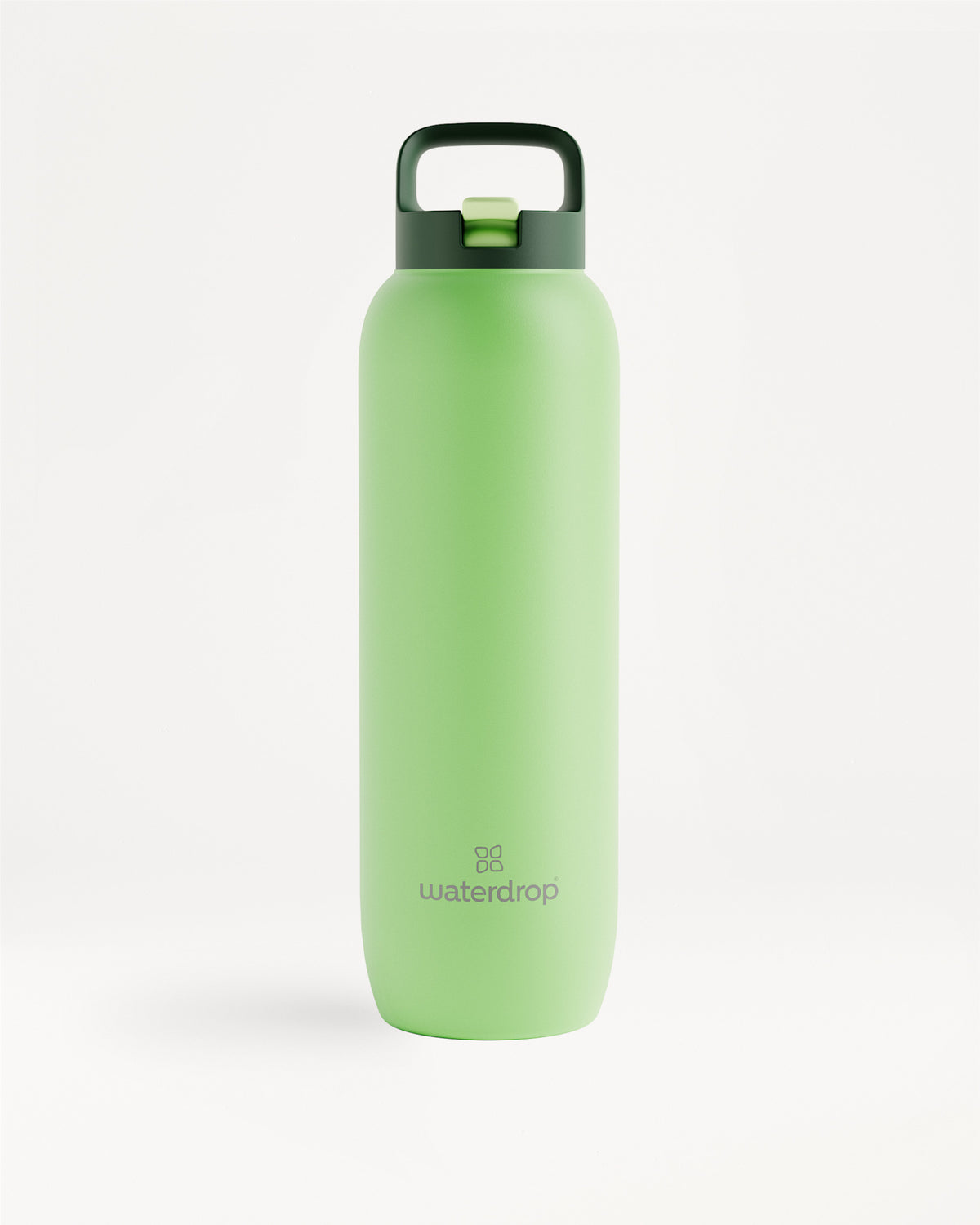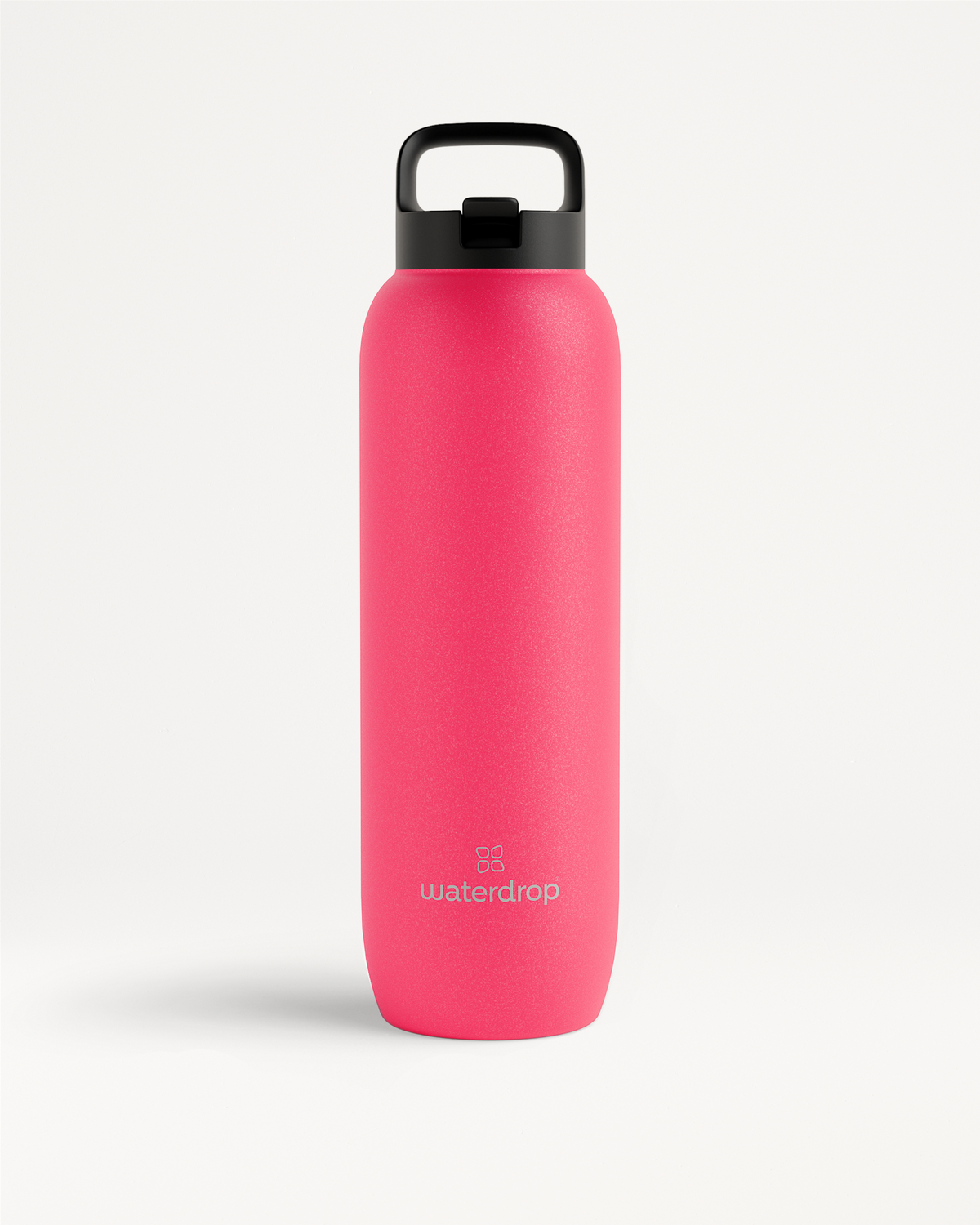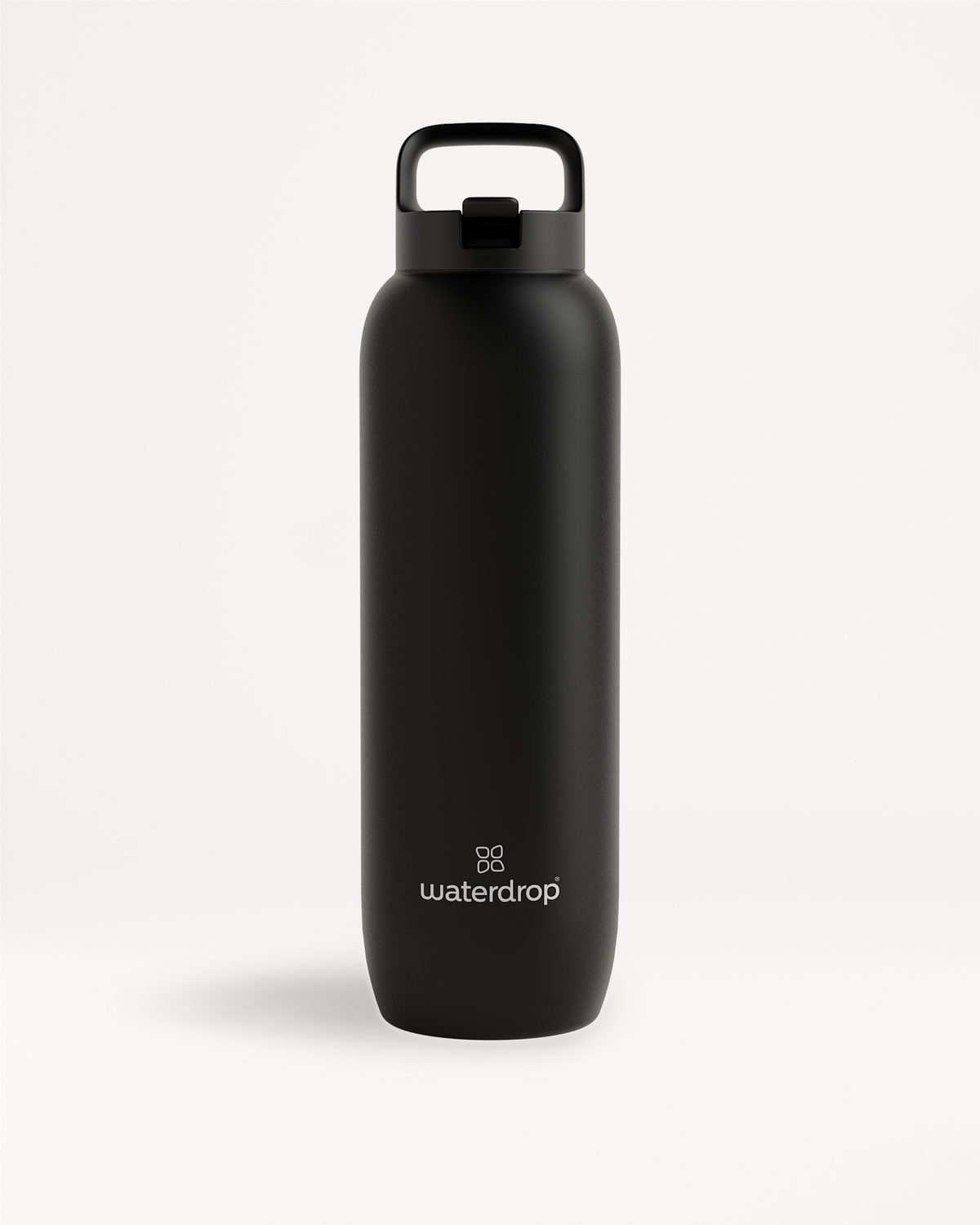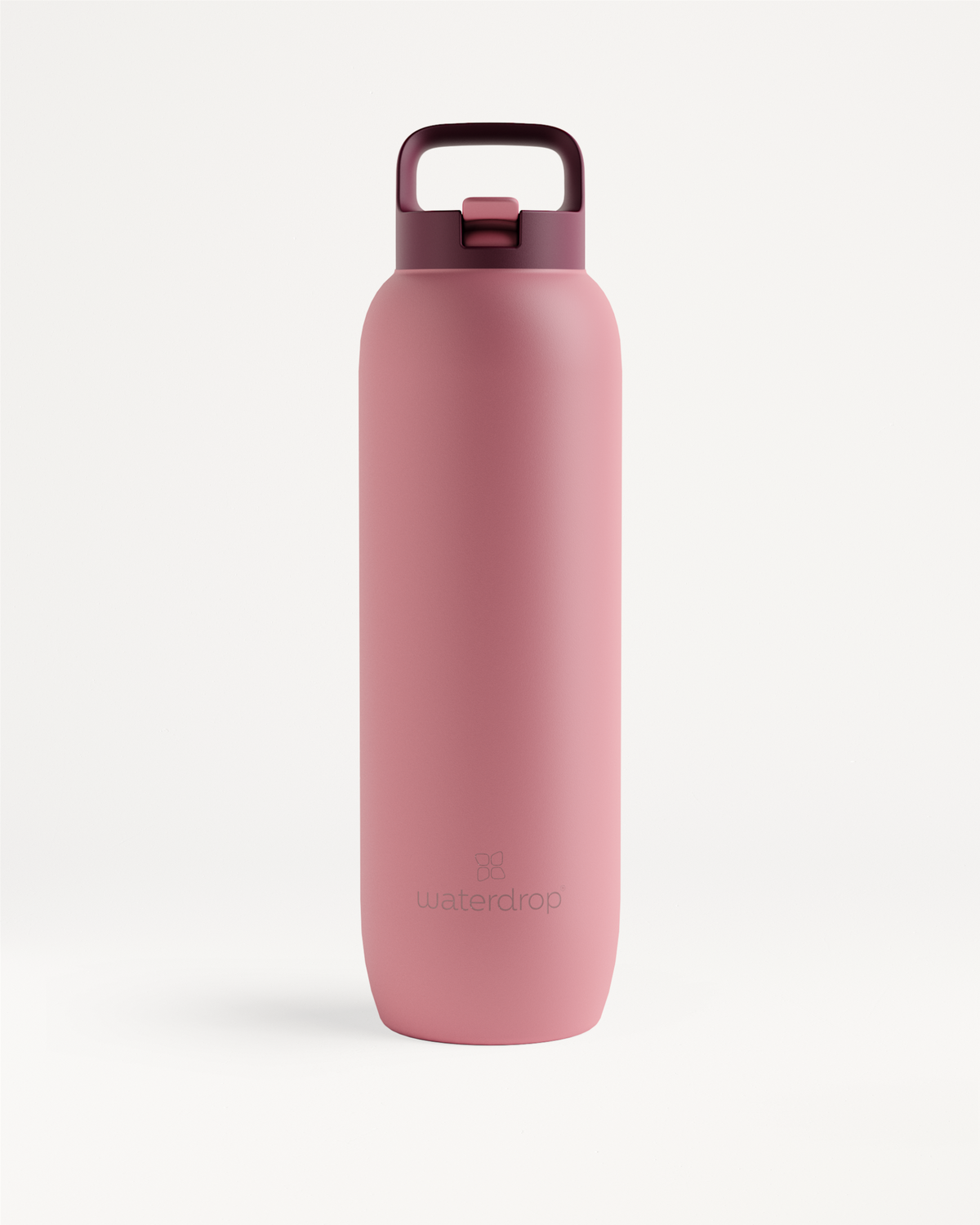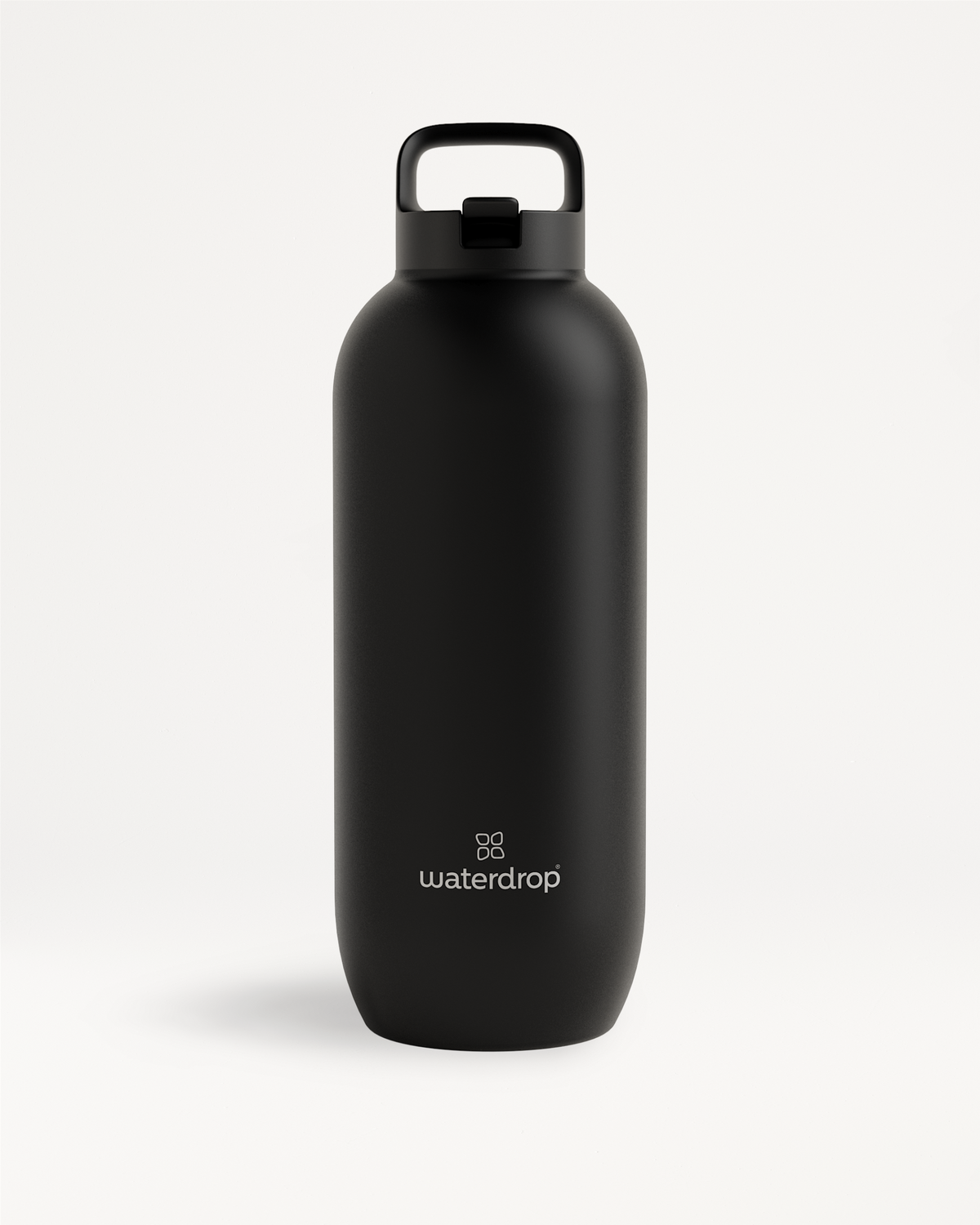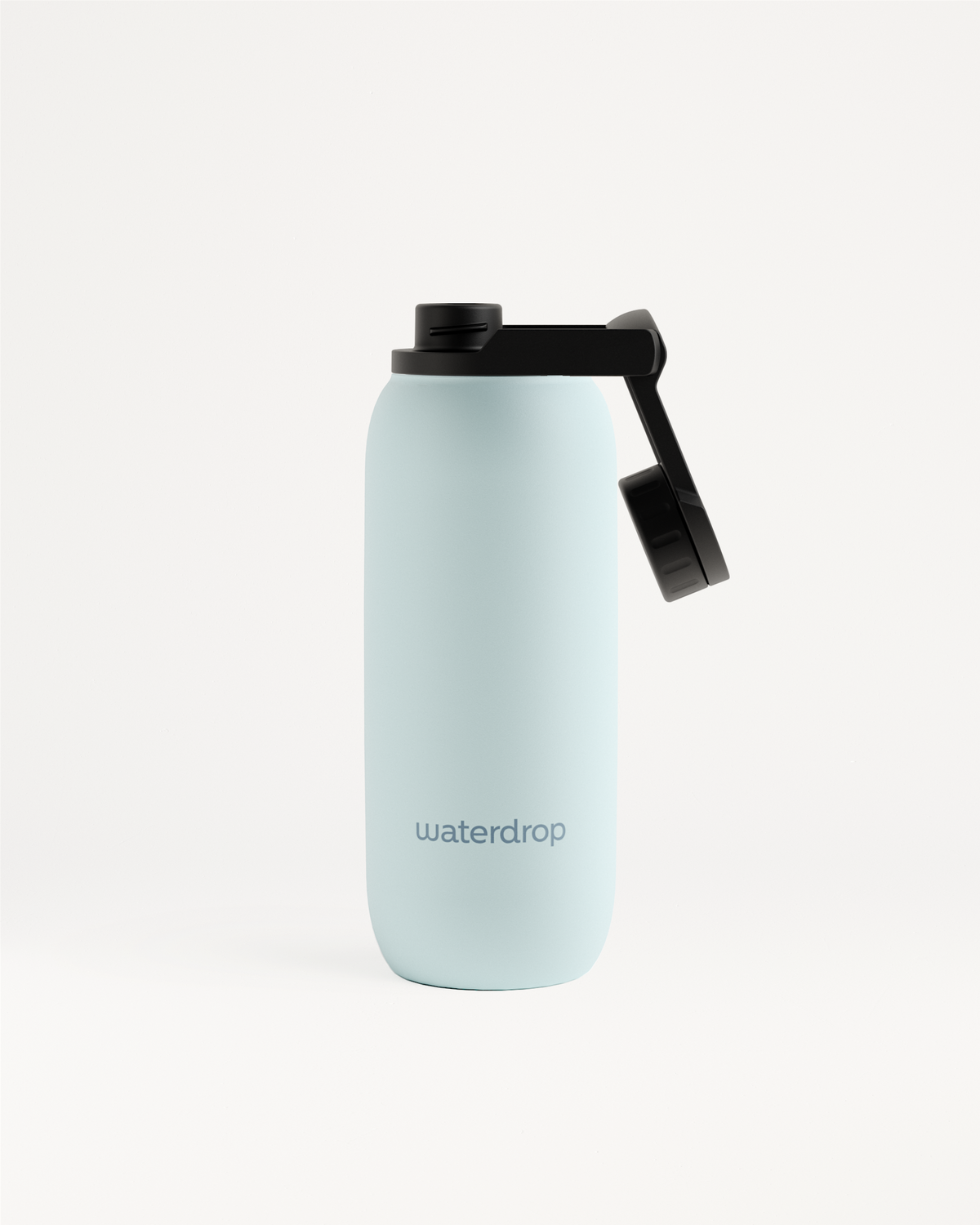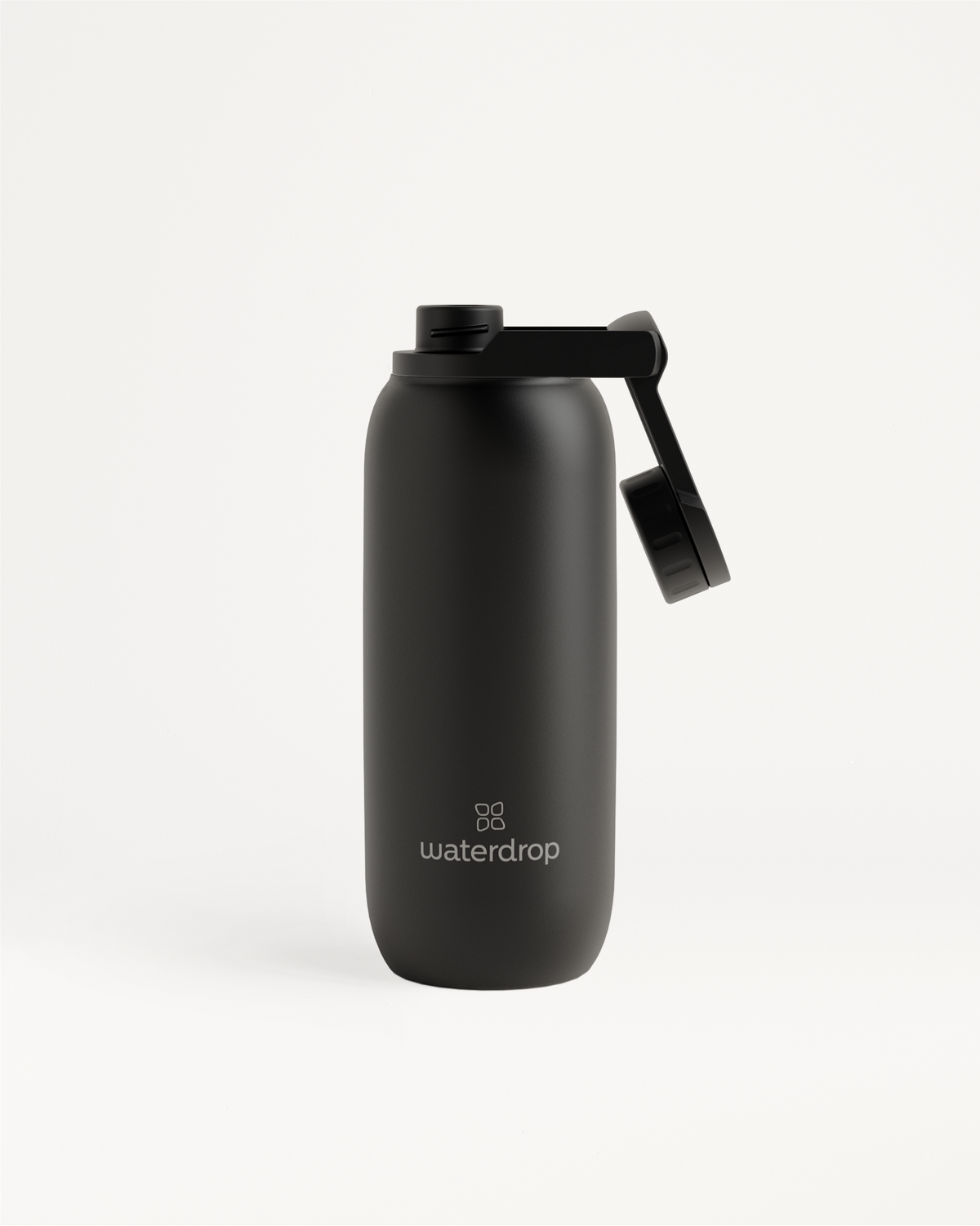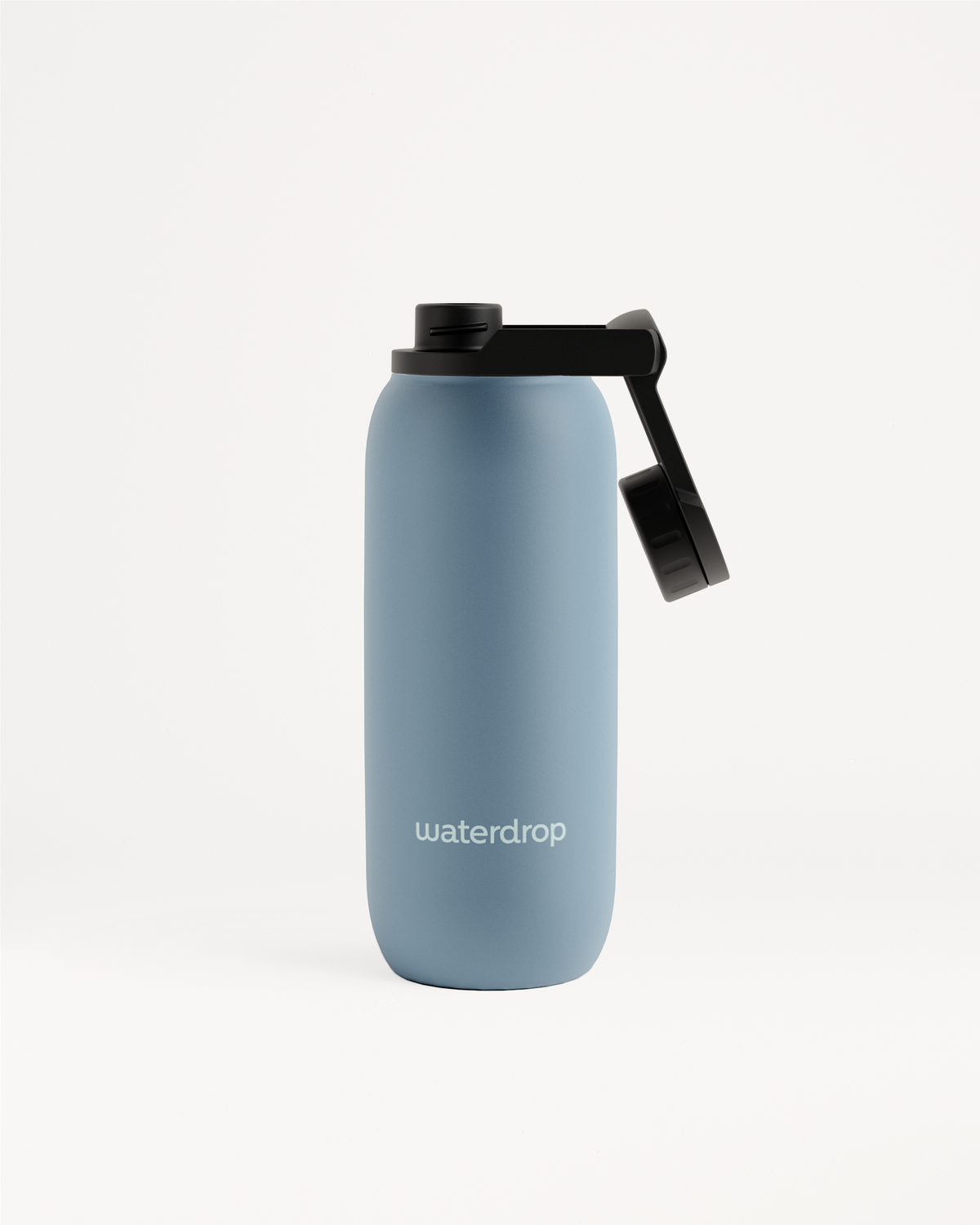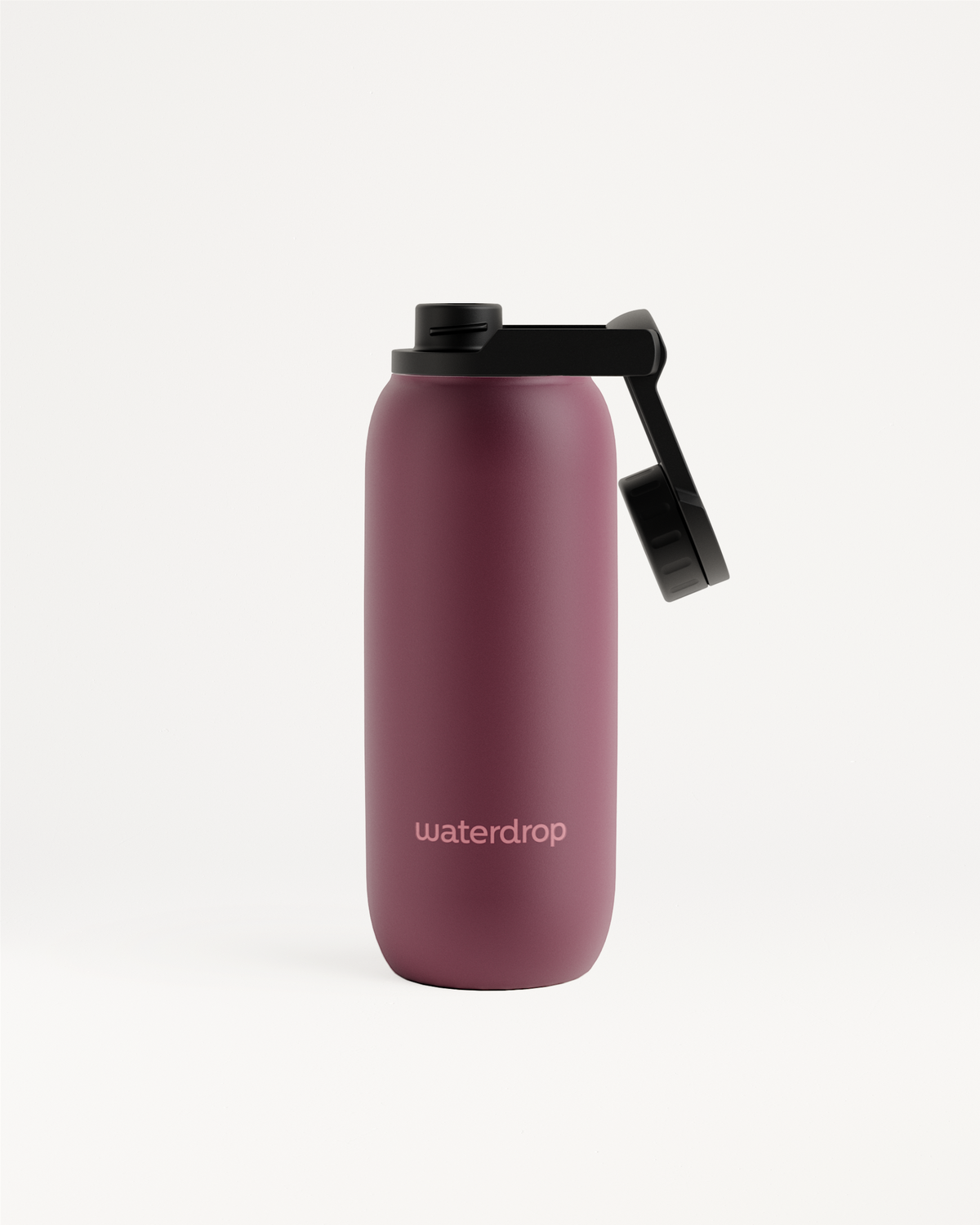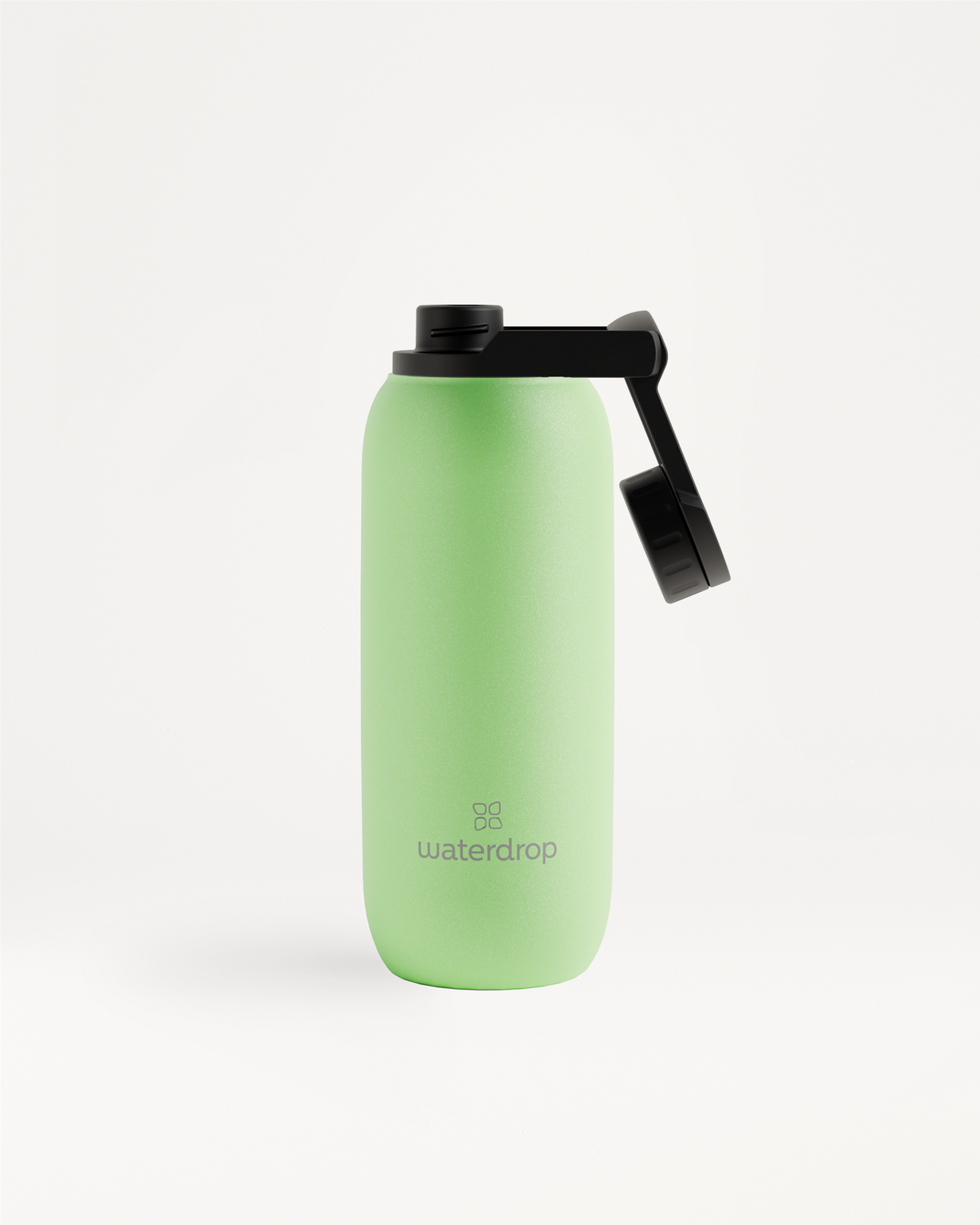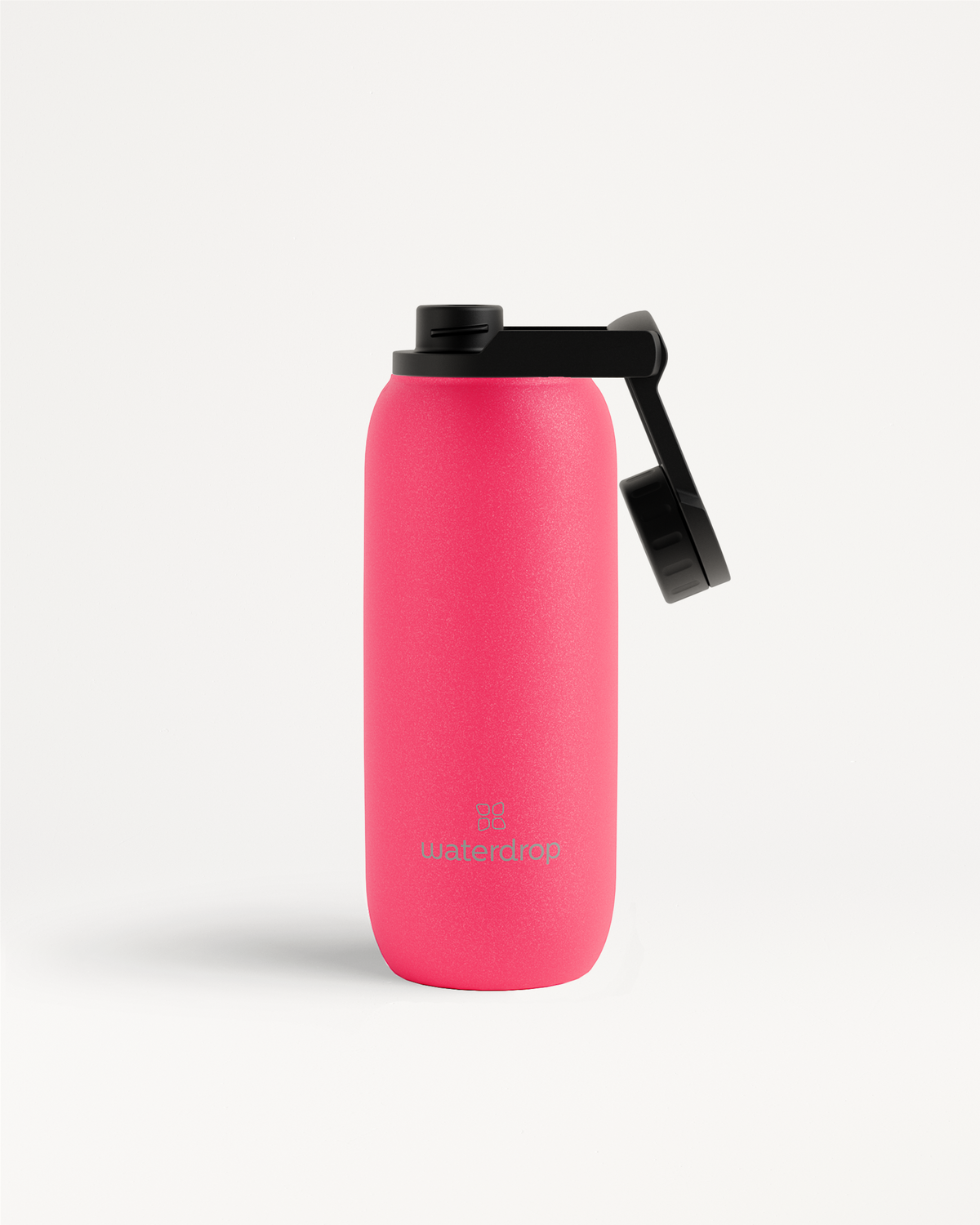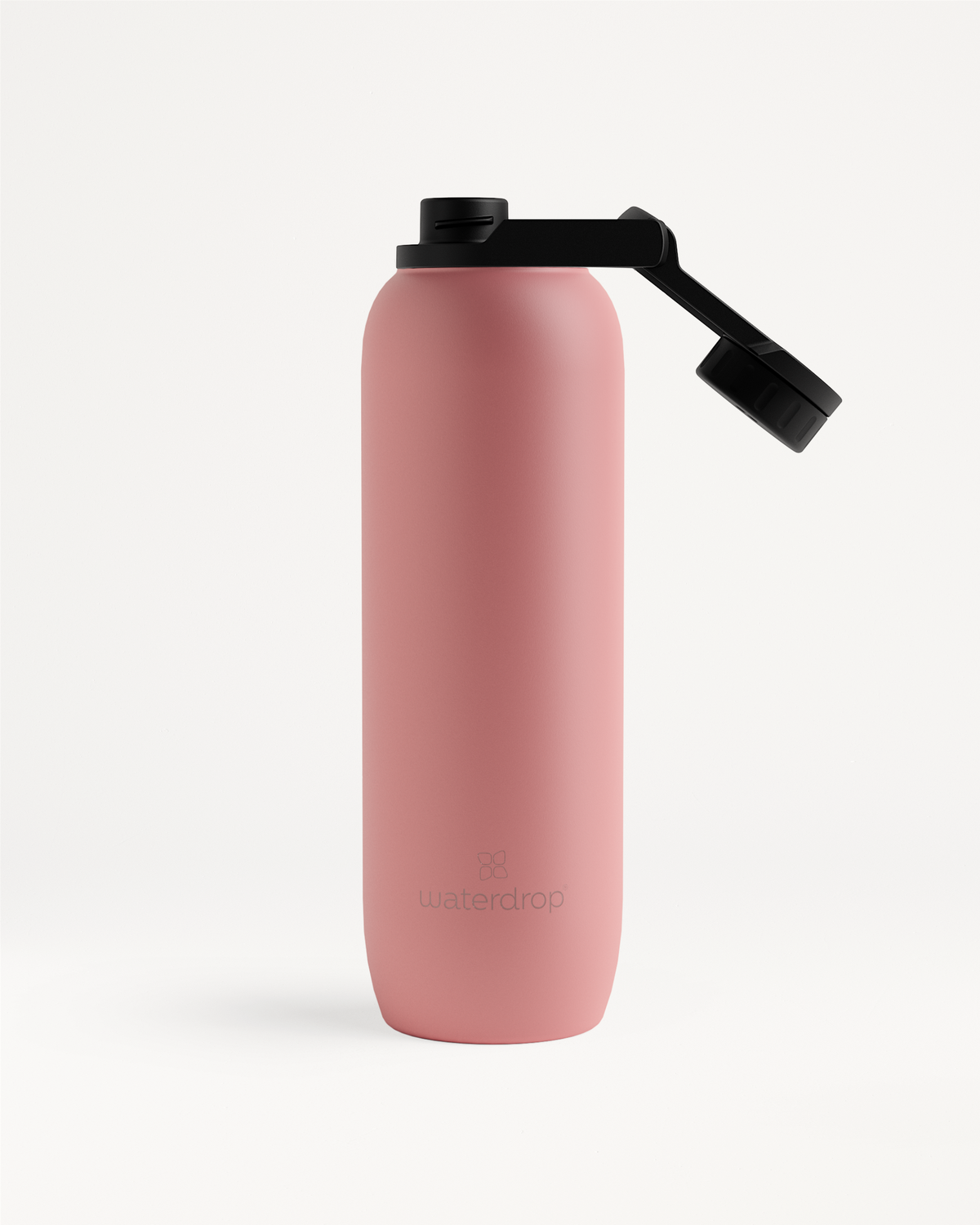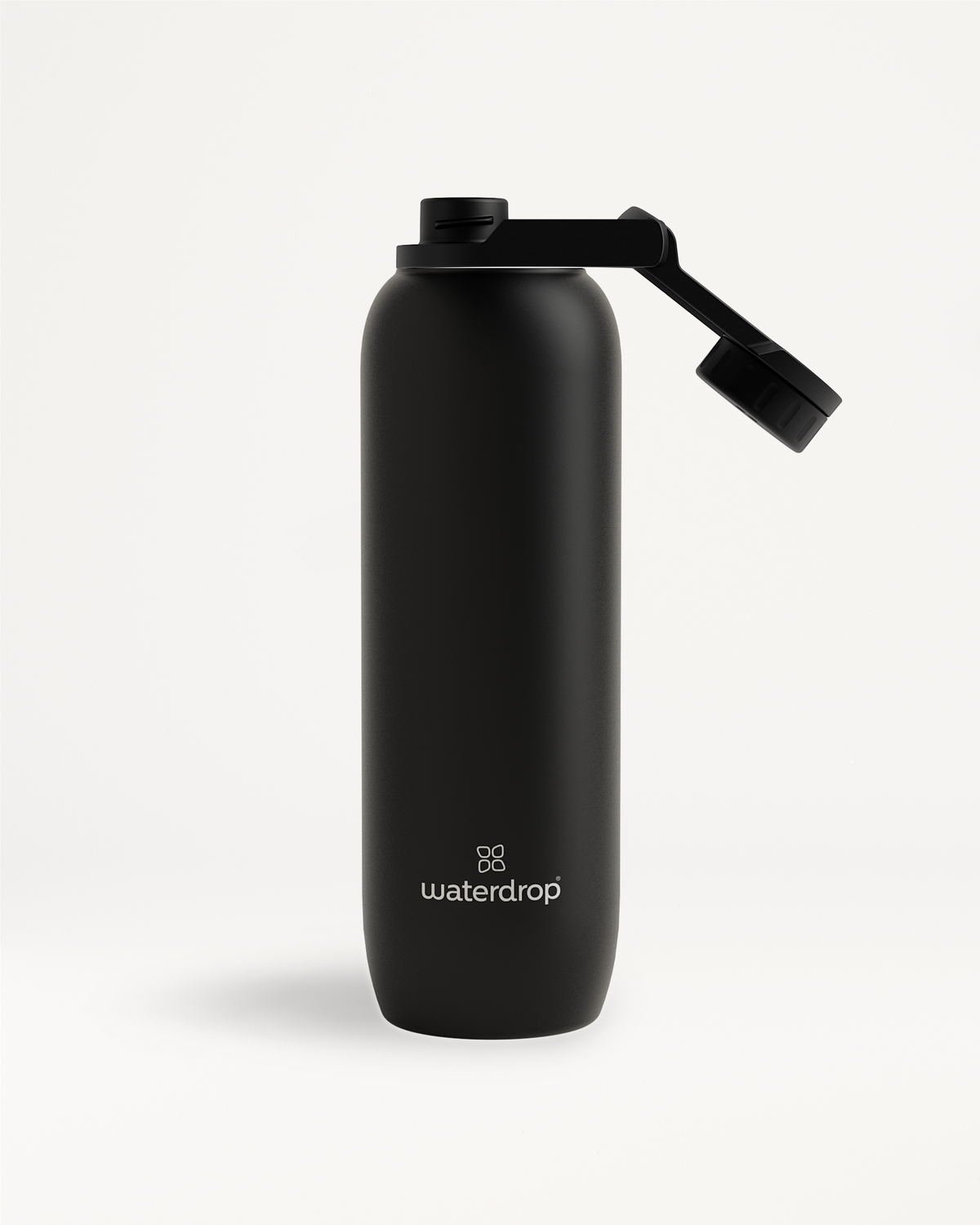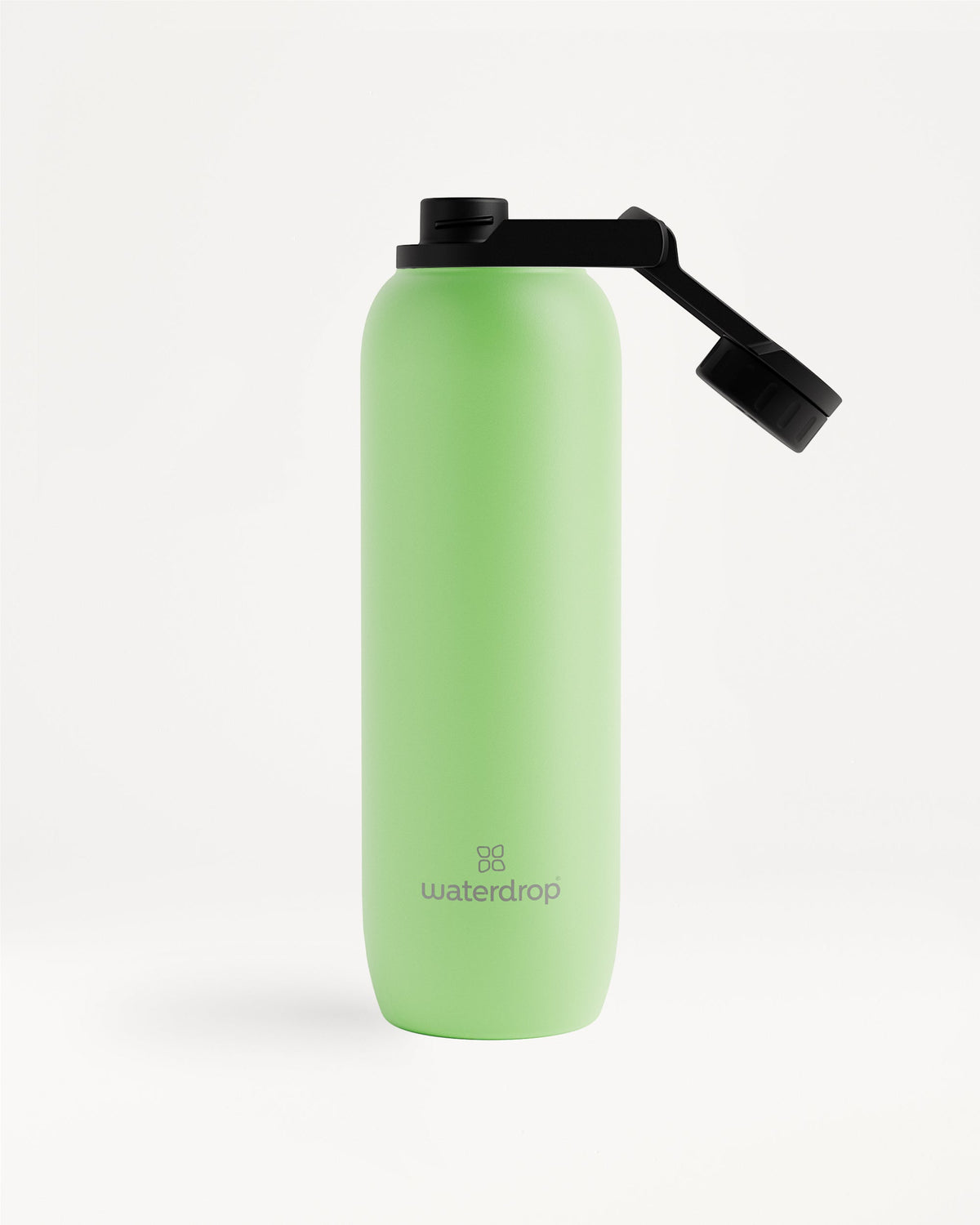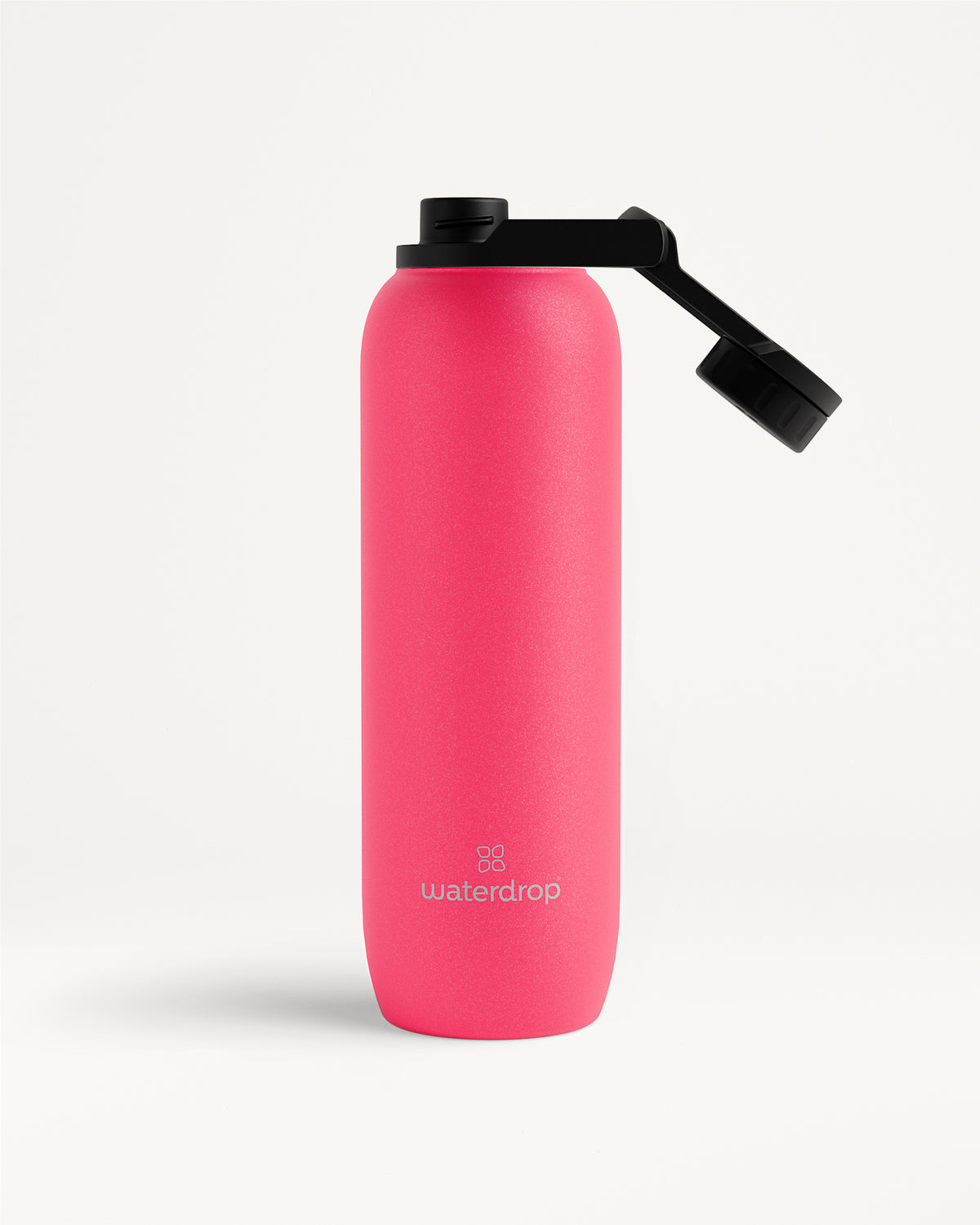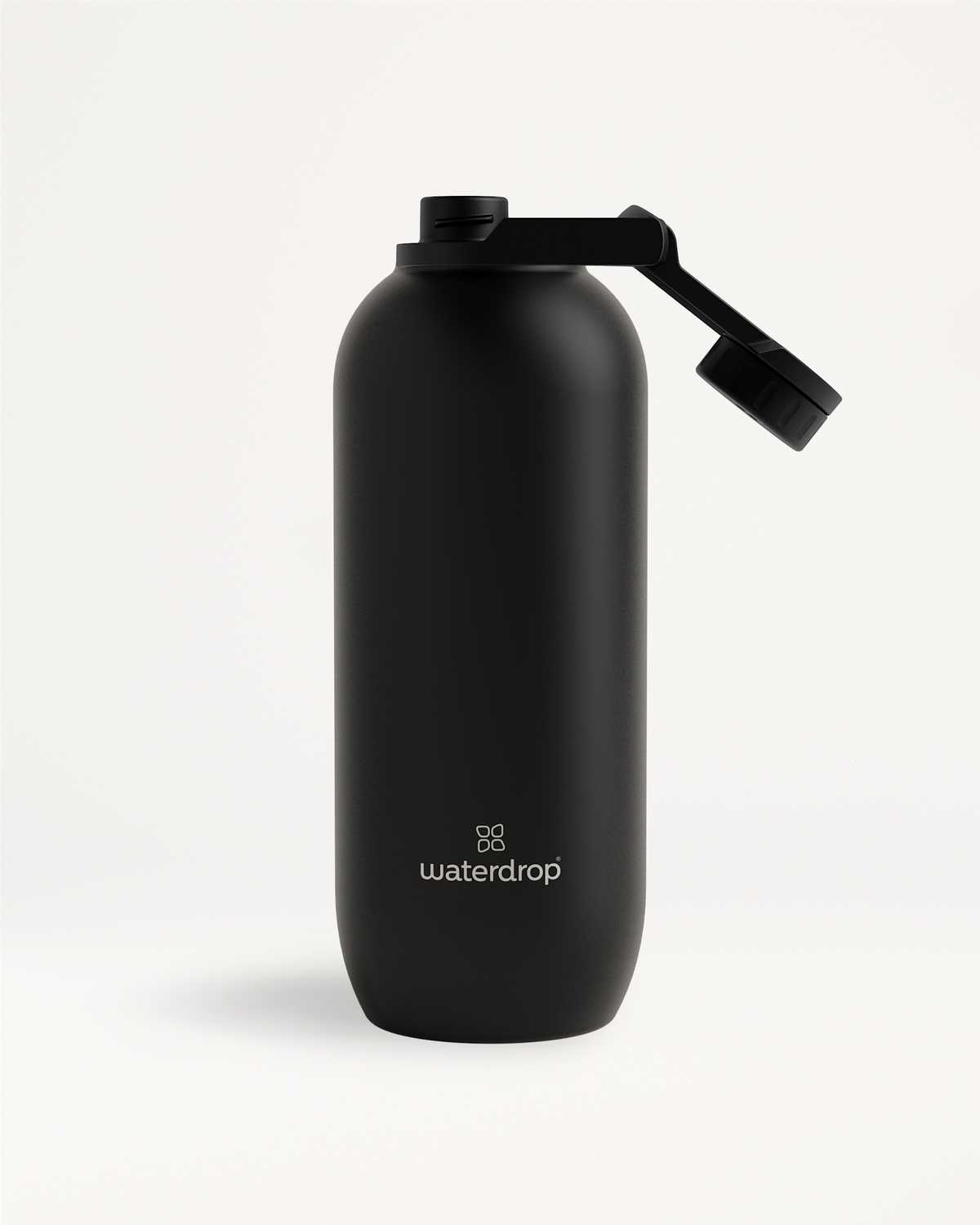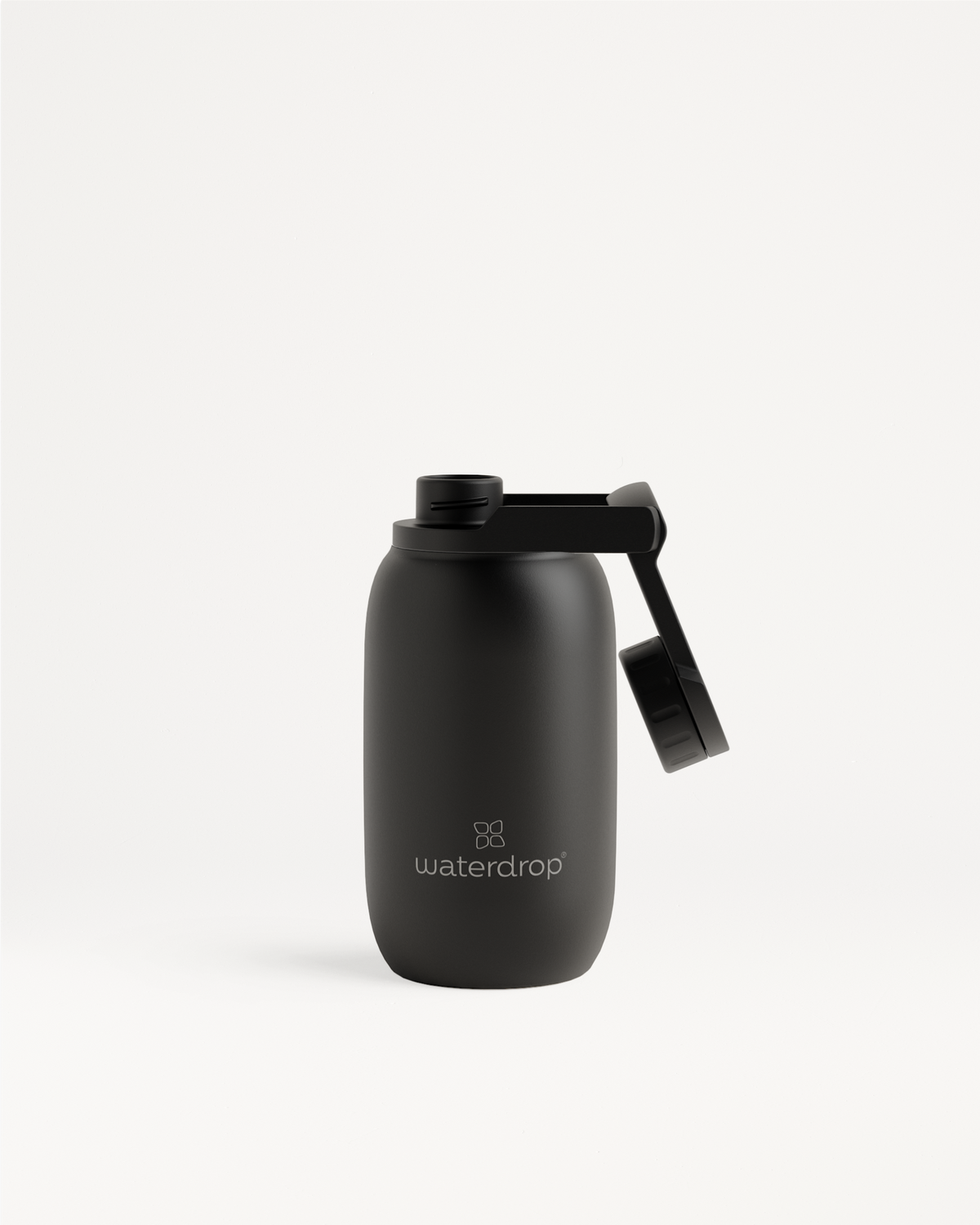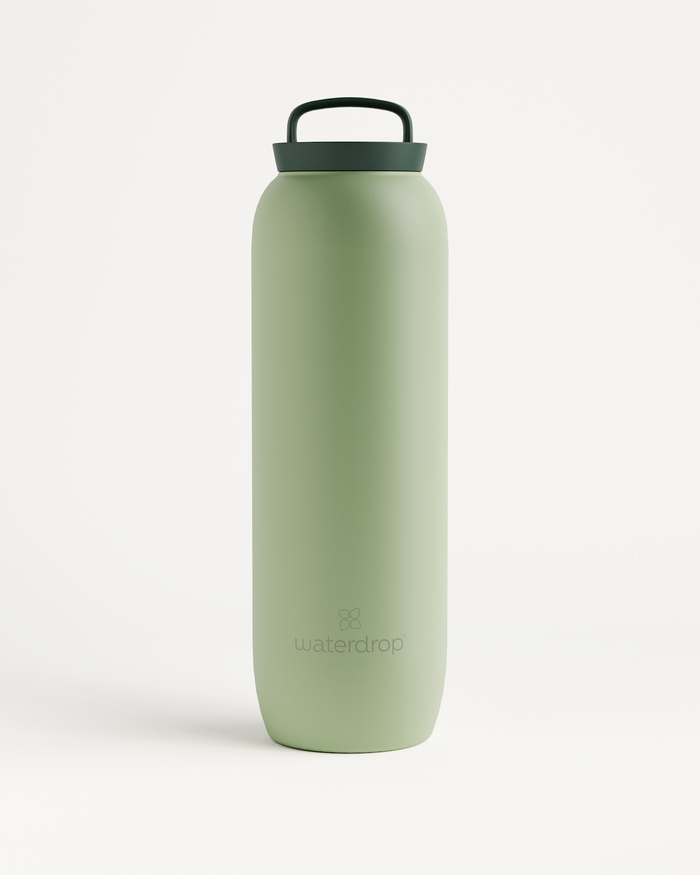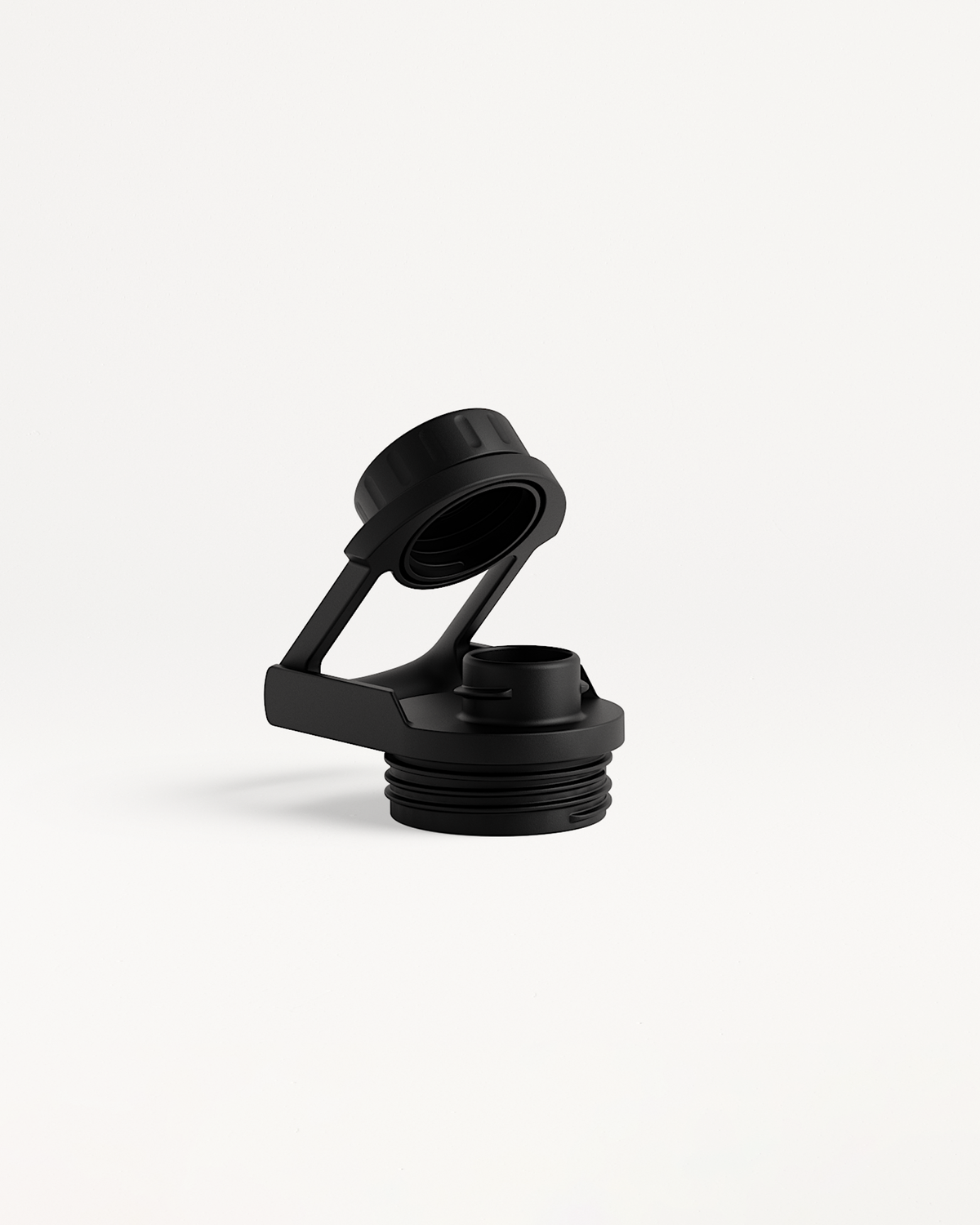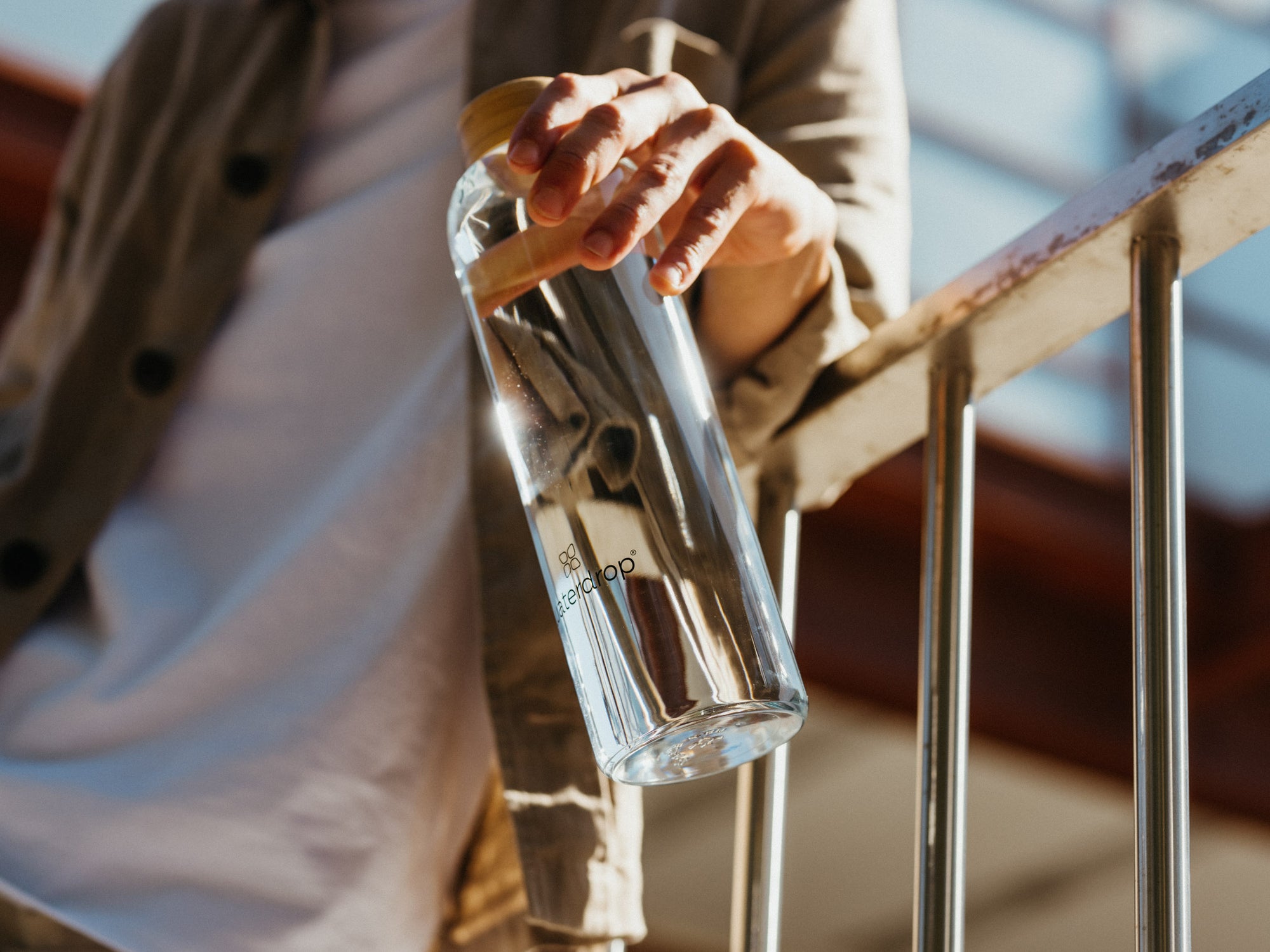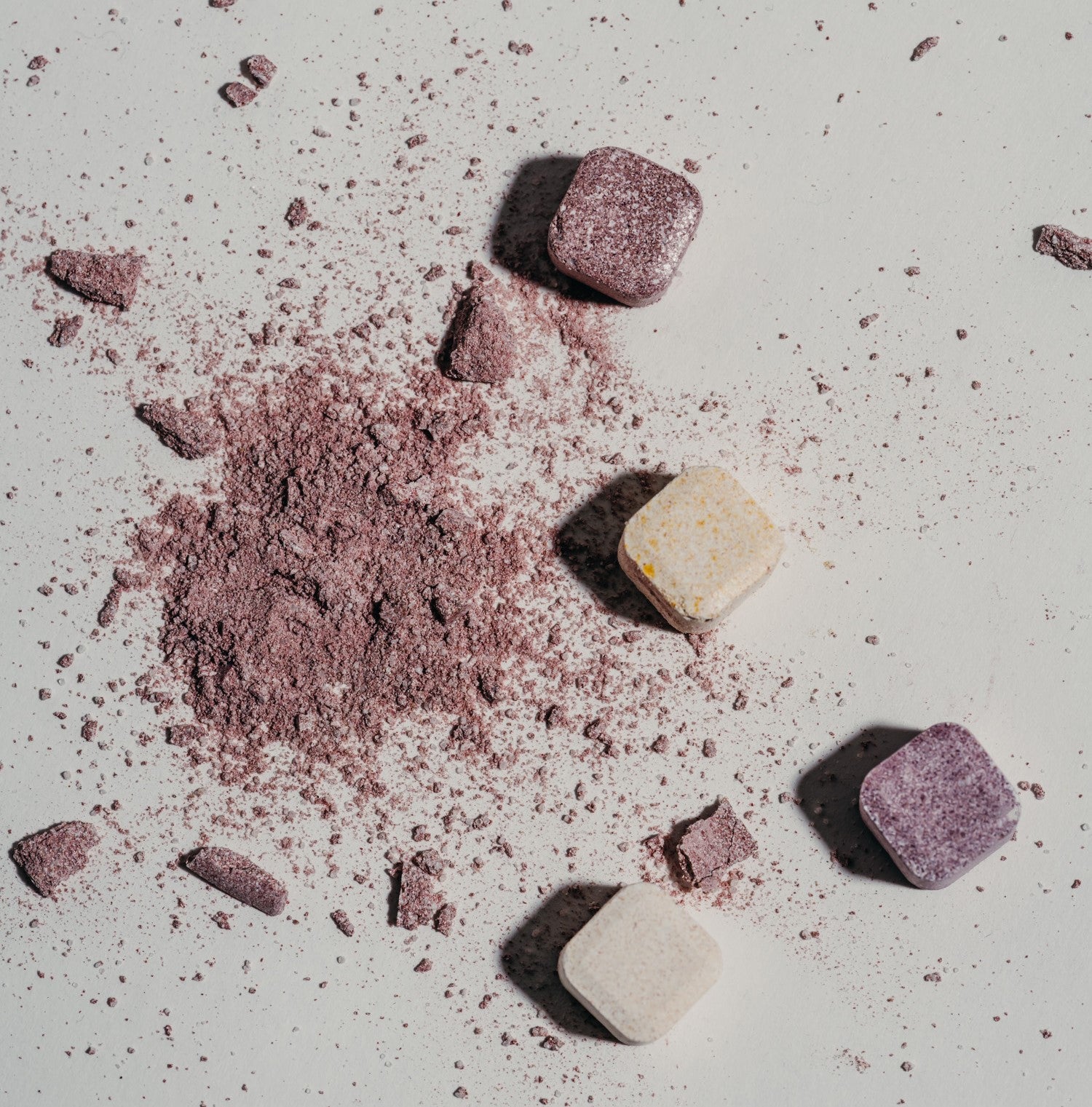Bisphenol A, commonly known as BPA, is an industrial chemical used in the manufacturing of plastics and resins since the 1960s. Commonly found in polycarbonate plastics and epoxy resins, BPA continues to be used in many household items, including water bottles and food storage containers. And although research continues to suggest little to no known health effects when exposed to very low levels of BPA, BPA may not be outright banned in the US, but many states have imposed restrictions on its usage.
What is BPA?
BPA is a chemical produced in large quantities primarily for the use in polycarbonate plastics. It is essentially used to strengthen plastics and can be found in a number of everyday products, including eyewear, kitchen utensils, children's toys, and most notably, plastic water bottles. BPA can also be found in epoxy resins that coat metal food cans, water bottle tops and water pipes.
Many products that are labeled BPA-free still contain BPA in the form of polycarbonate plastic or epoxy resin.
Why is there cause for concern over BPA exposure?
The primary source of exposure to BPA is, for most people, primarily through their diet. And whilst air, dust and water are susceptible sources, to-date, BPA in food and drinks accounts for the majority of exposure.
The reason for this is how the food or drink is stored or presented. BPA can leach into the item of food or drink from either the polycarbonate plastic that it is housed in, for example, a plastic water bottle, or from an protective internal epoxy resin coating, in this case, think canned foods and even paper shopping receipts. The extent to which BPA can leach into the item of food or drink depends on a number of variables, including how often the item containing BPA is washed and heated.
Although, and as mentioned, there is no evidence to suggest that when exposed to very low levels of BPA an individual will become unwell, prolonged exposure can be extremely harmful. Studies have shown that health implications can include heart disease, cancer and reproductive disorders, as well as obesity and diabetes in adults.
In addition to this, 201s saw the FDA ban BPA from baby bottles which at the time were characterized by polycarbonate plastic. With research suggesting that BPA could affect the development of a baby’s brain and behavior, to-date, baby bottles continue to be developed using food-grade plastic which meets current safety standards.

How to prevent BPA exposure
-
There are a number of simple solutions to reducing your exposure to BPA:
- Use BPA-free products: look for items labeled as BPA-free. If a product isn’t labeled, plastics marked with a recycle code 3 or 7 may contain BPA.
- Avoid heat: don’t put plastic containers in the microwave or the dishwasher. The more heat they are exposed to, the higher the rate of leaching.
- Go for an alternative: opt for glass or stainless steel to store or carry food and liquids.
- Shop smart: ask your supermarket which tins are BPA-and resin-free, and if unsure, choose fresh and wholefoods instead.
Types of bisphenols
In addition to BPA, there are many different types of bisphenols, including BPS and BPF—each of which can be found in plastic bottles, as well as canned food and drinks. And similar to BPA, each bisphenol can leach in exactly the same way, provisioning exposure through heating and washing—and once again, even without intentional exposure, long-term discharge can be detrimental to an individual’s overall health.
Are waterdrop® bottles BPA-free?

Simply put, yes. All waterdrop® products, including our Steel, Sports and Kids Bottles, are BPA-free. Each waterdrop® bottle offers not only durability and comfort but the reassurance that your water or drink of choice will remain as pure as when you poured it in.
The bottom line
Bisphenols, such as BPA, are present in products used daily—we are always in contact with them, whether directly or indirectly. In line with this unwilling exposure, there are many ways to protect yourself from BPA, as outlined above. The message is simple: quit plastic, not your food or hydration habits.





















